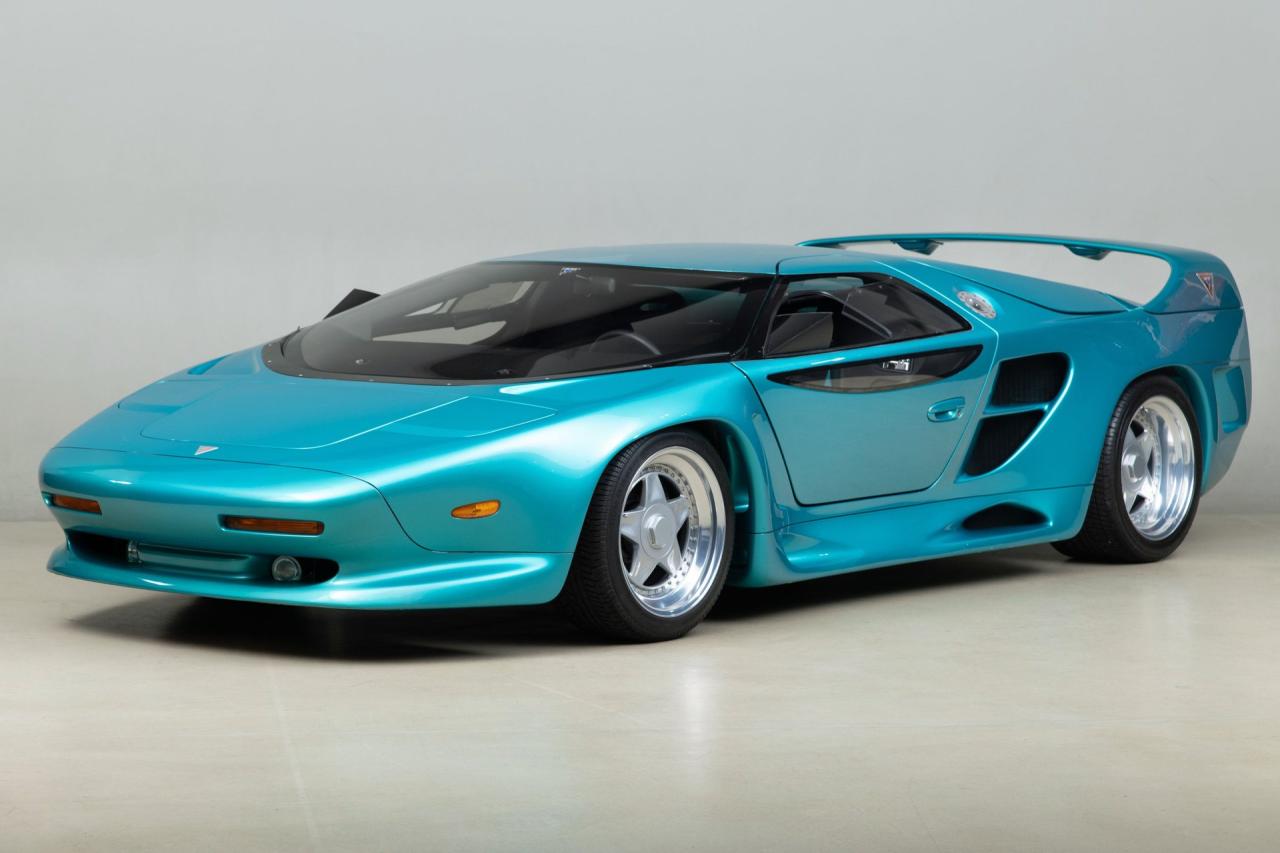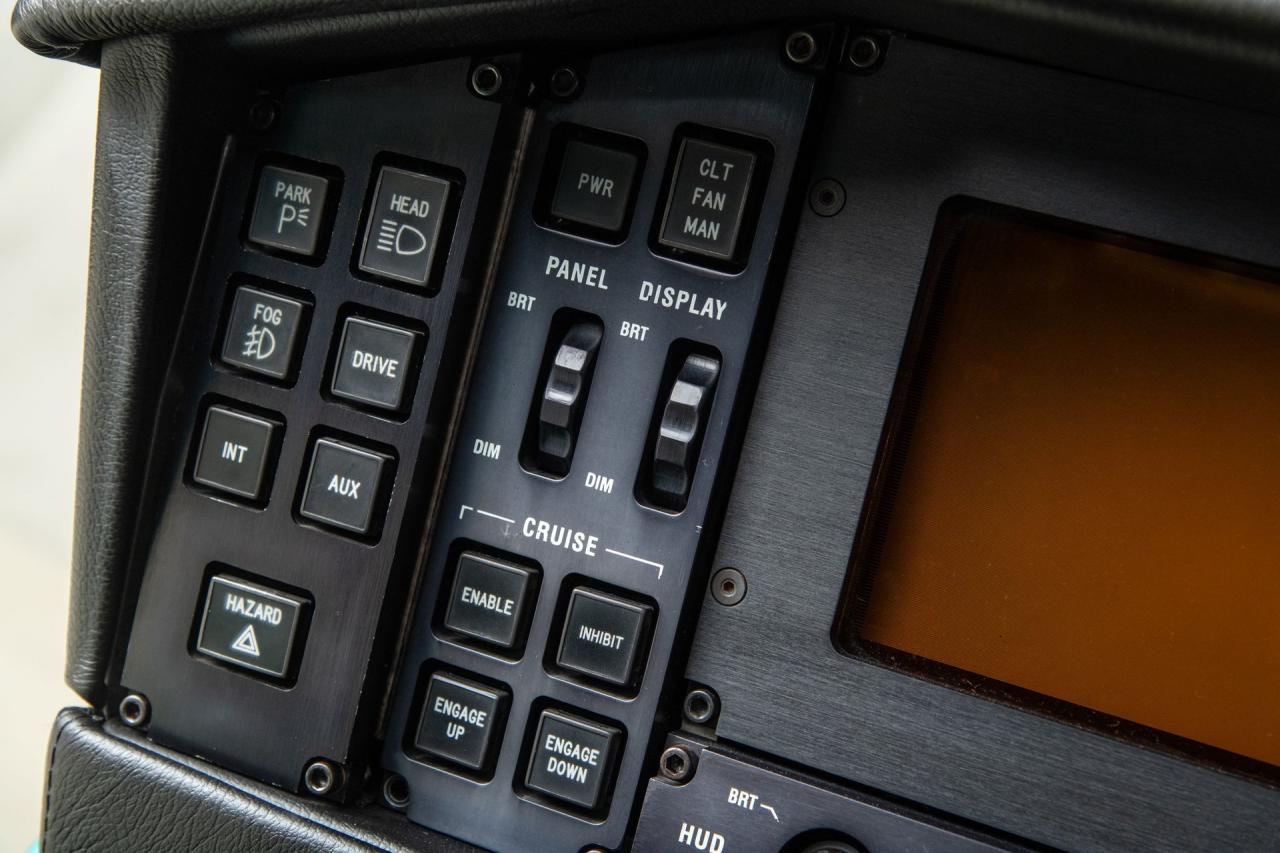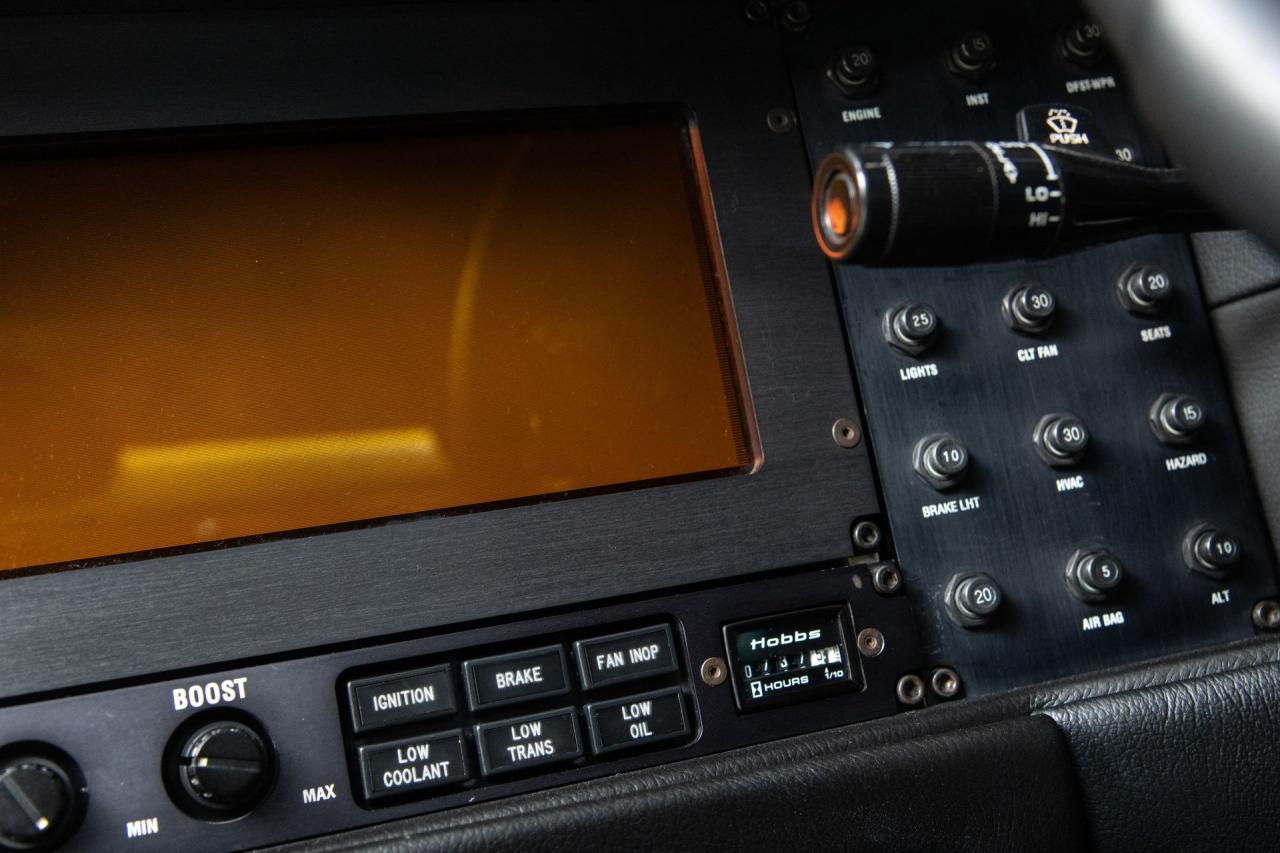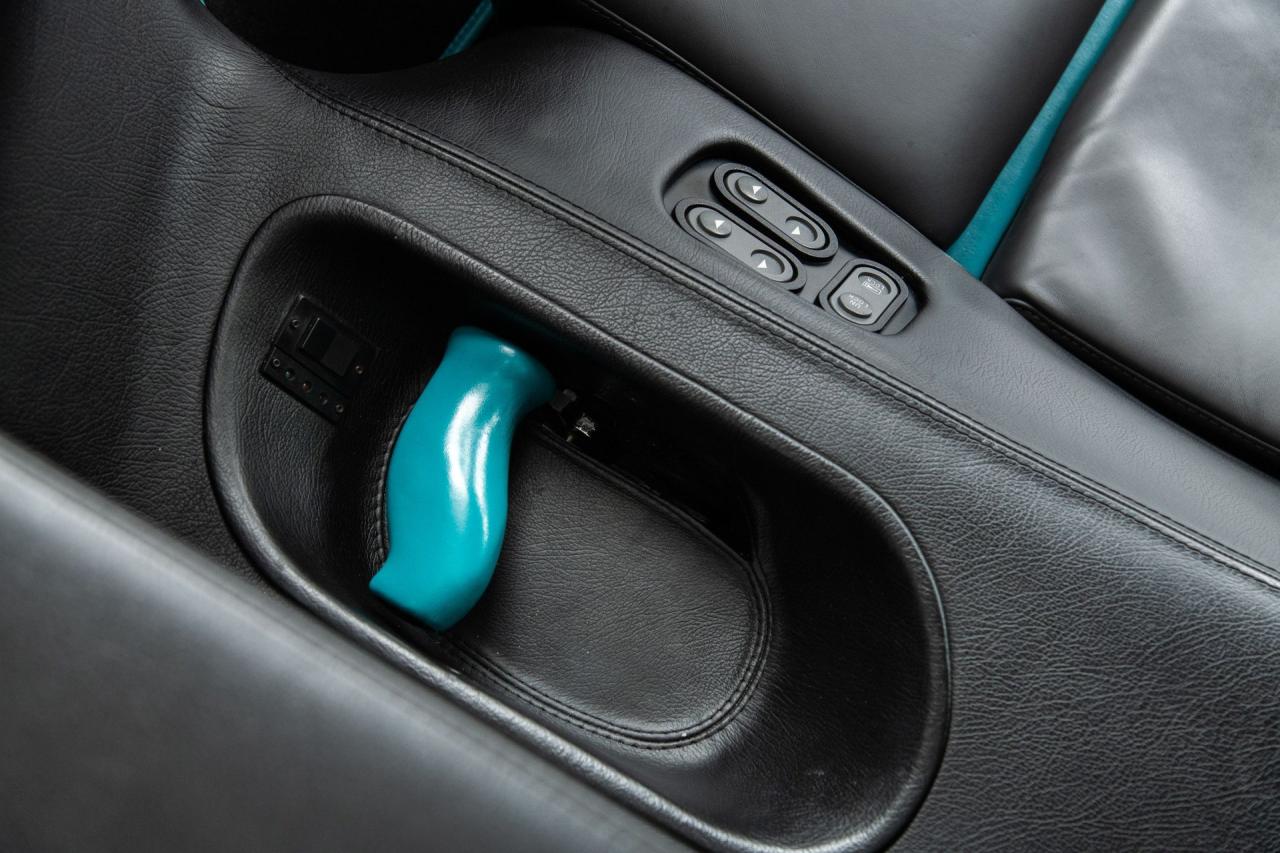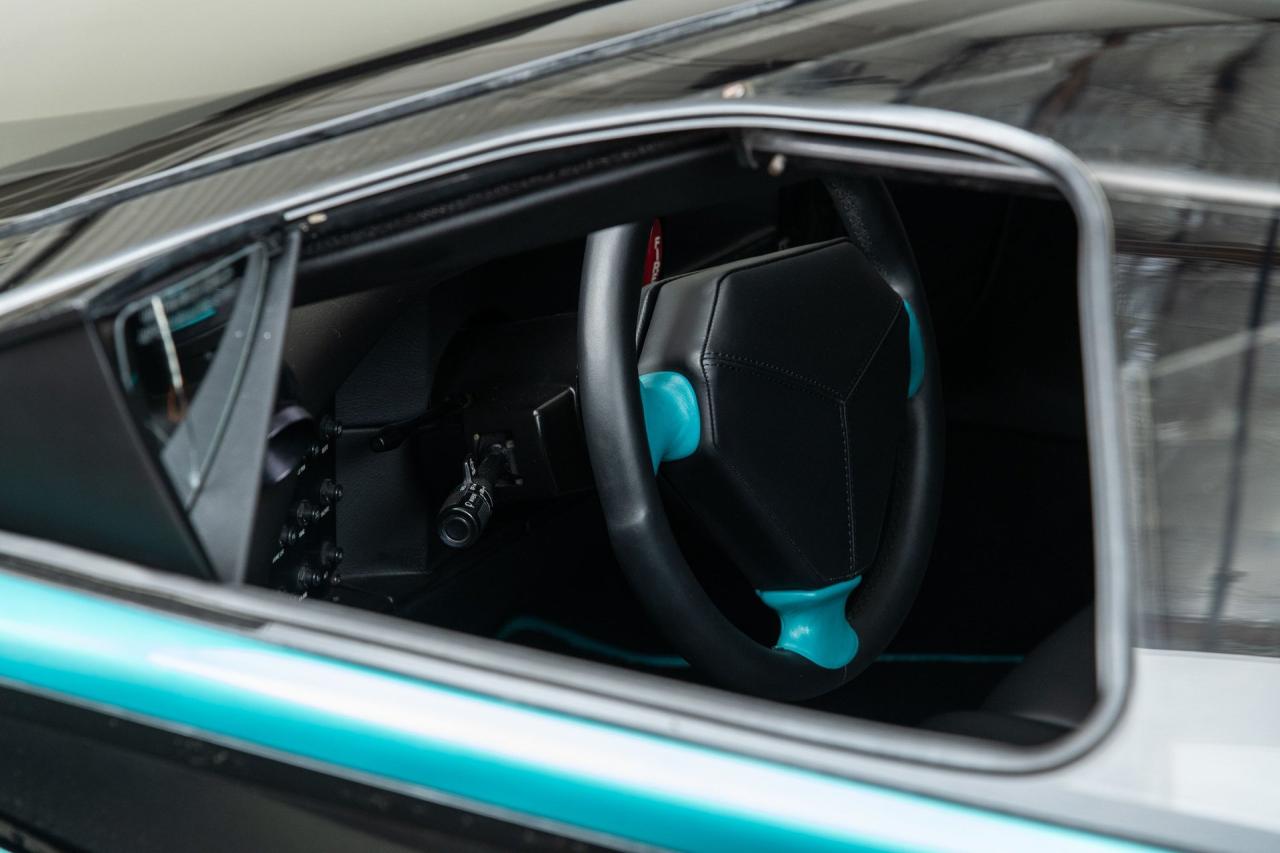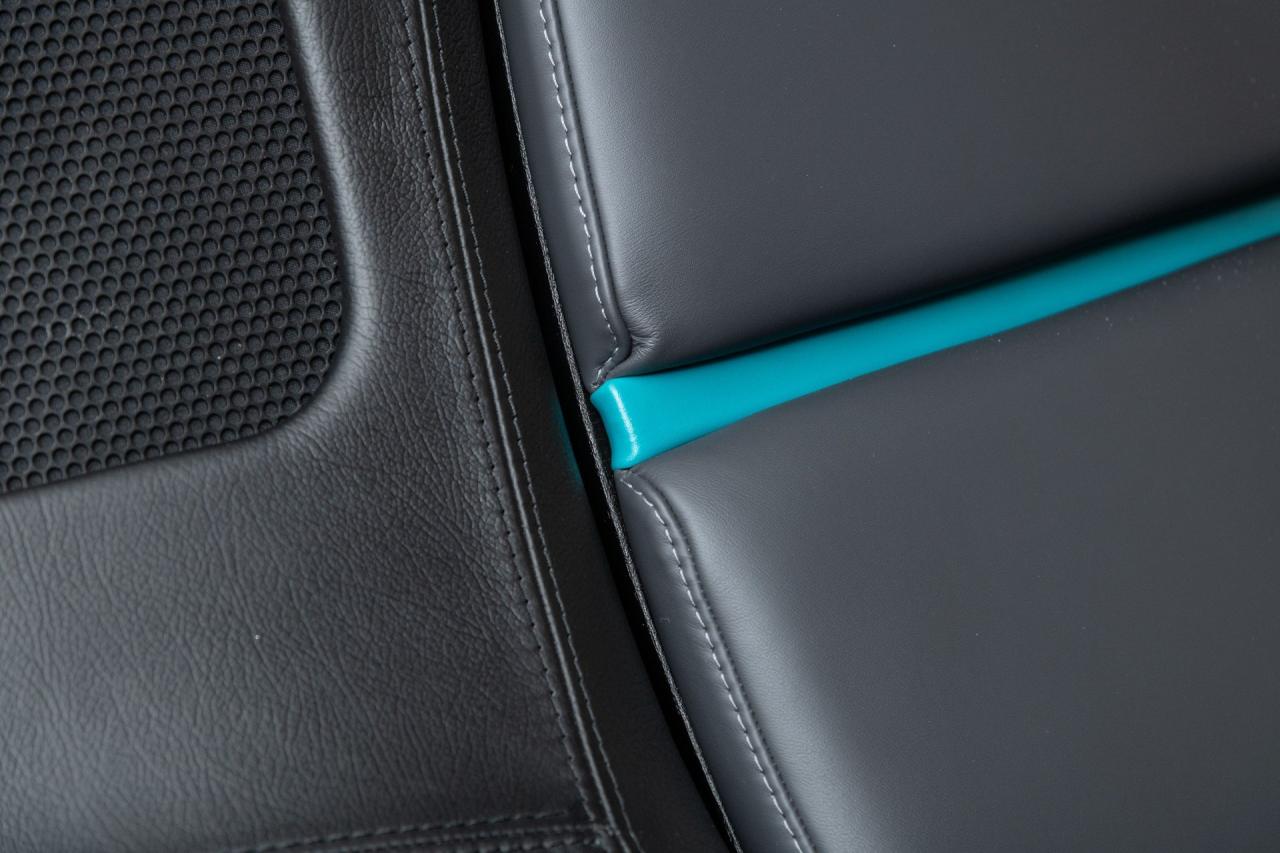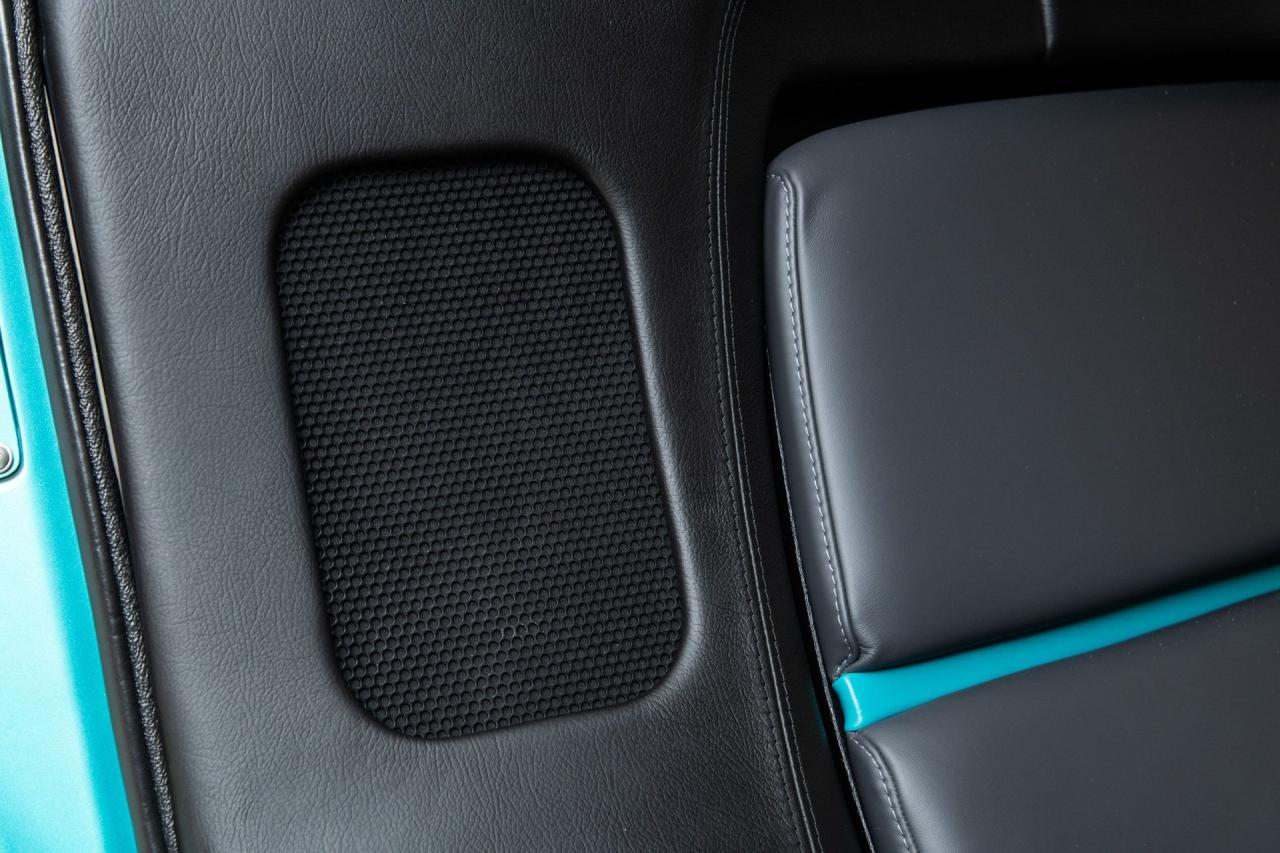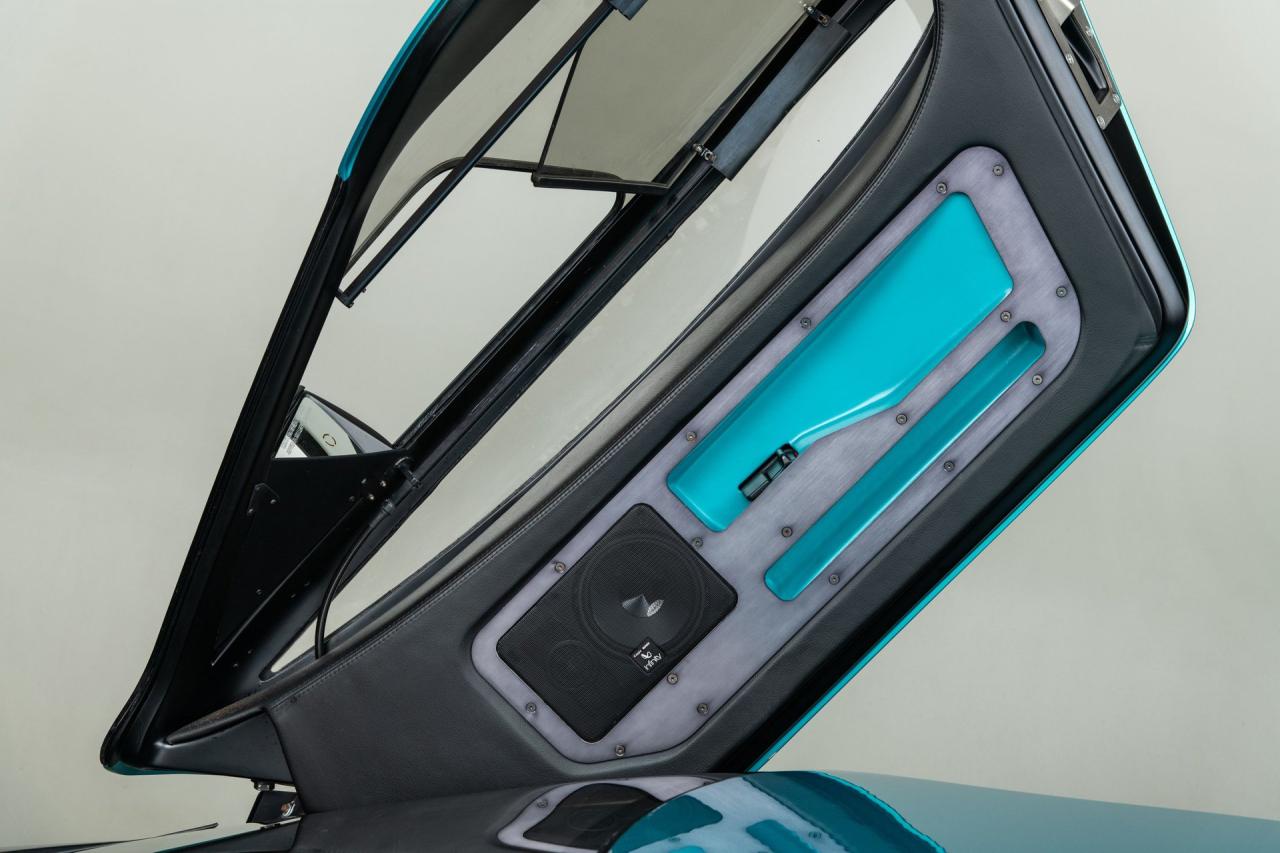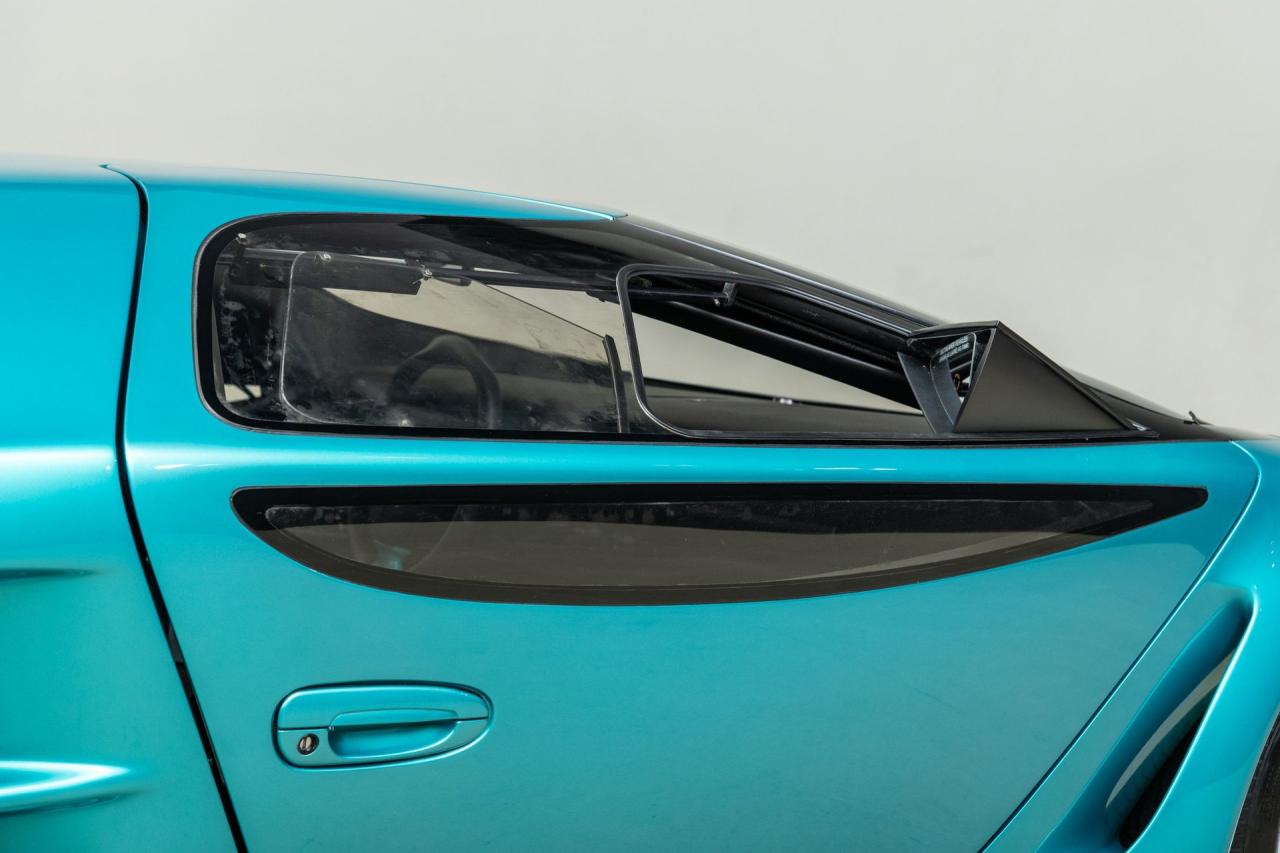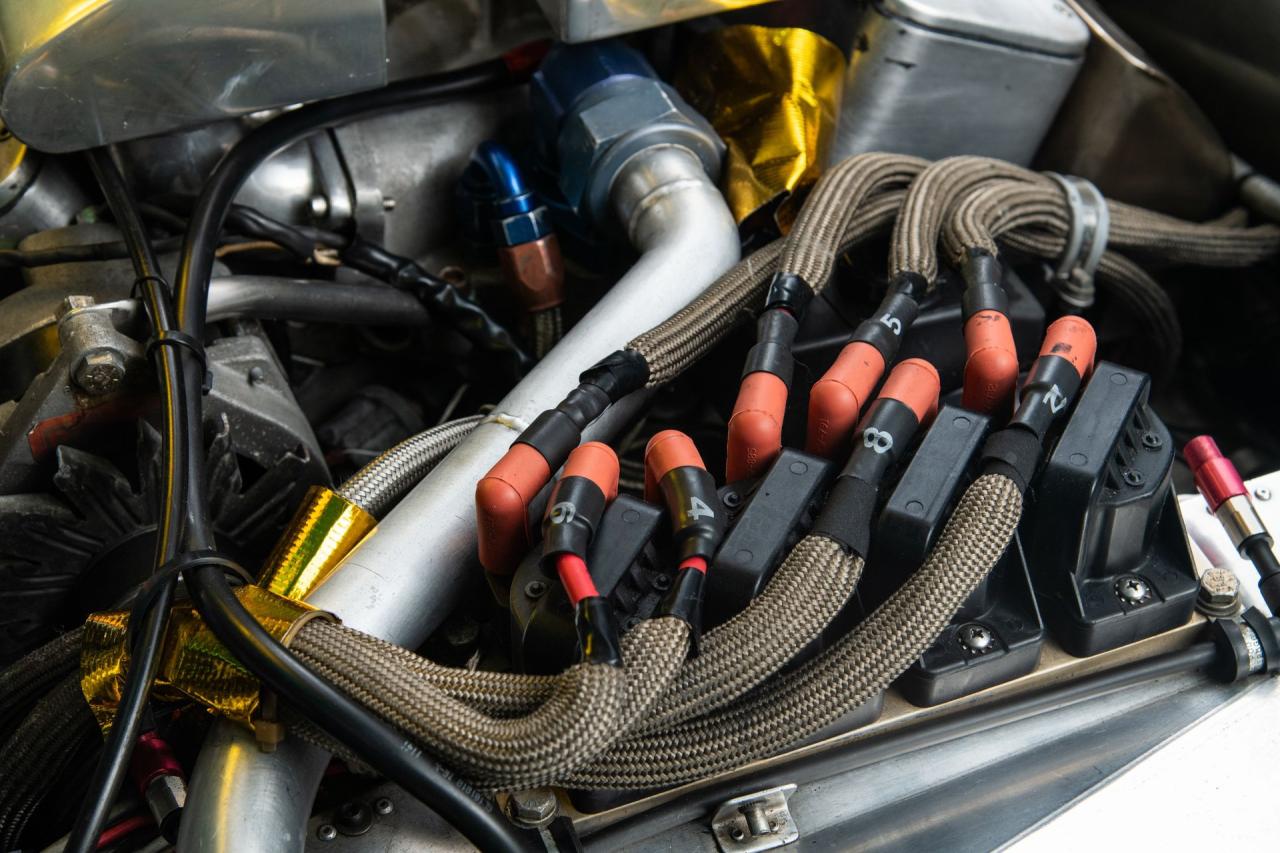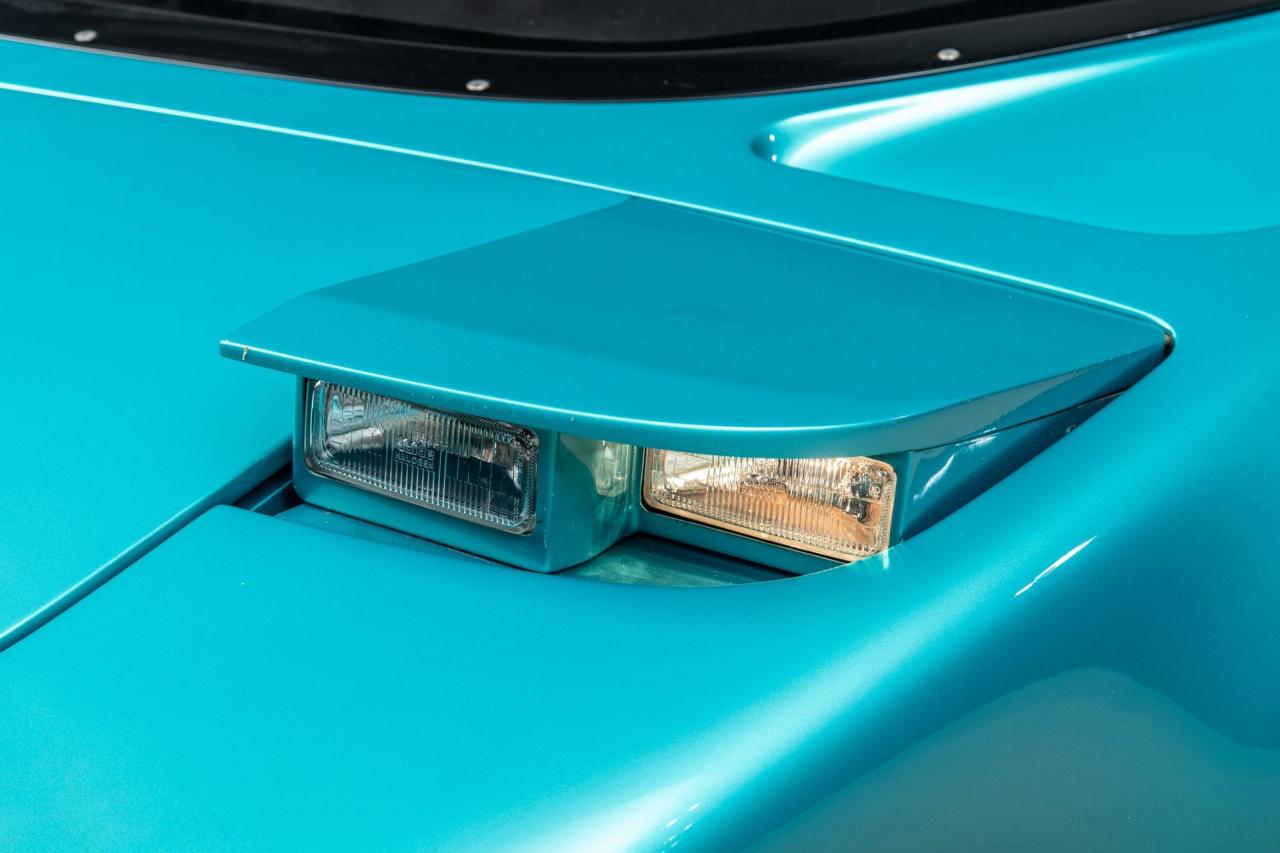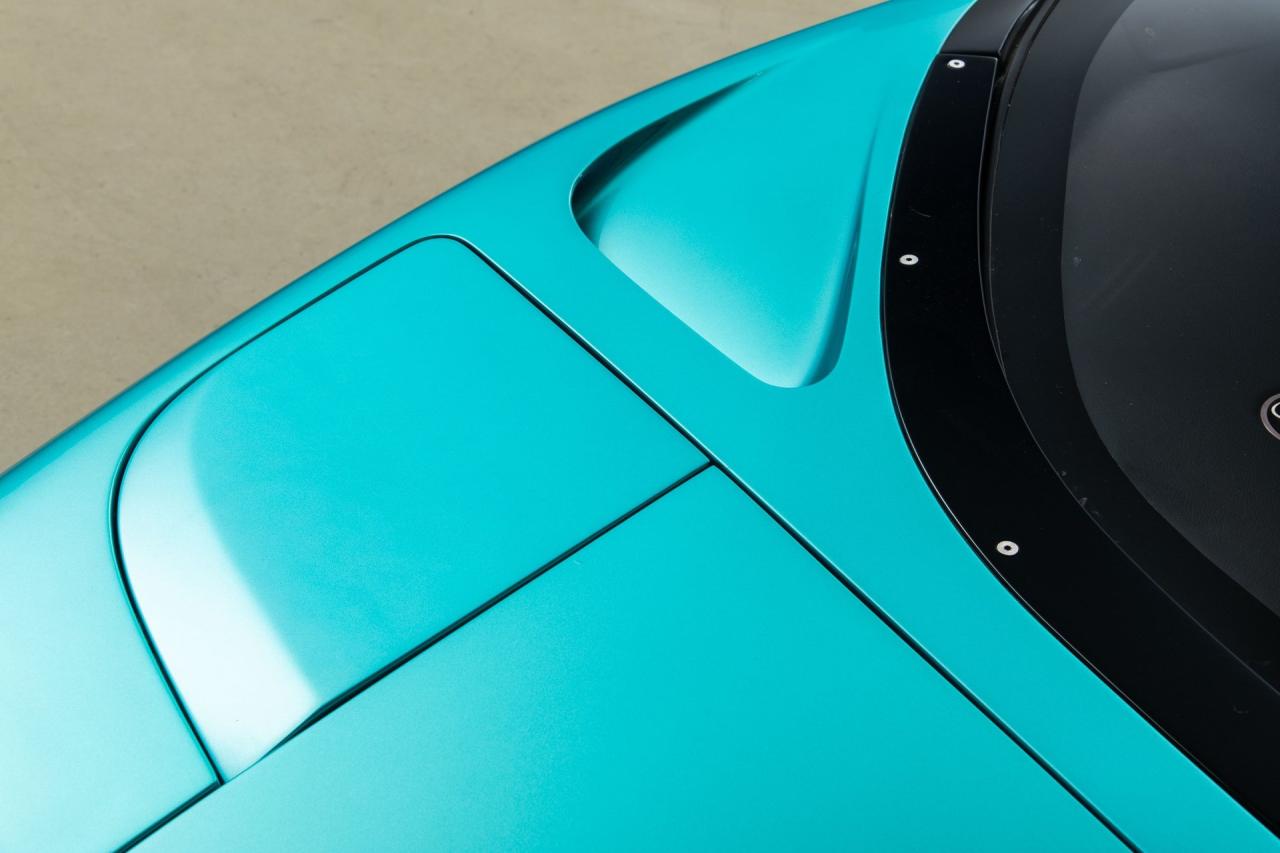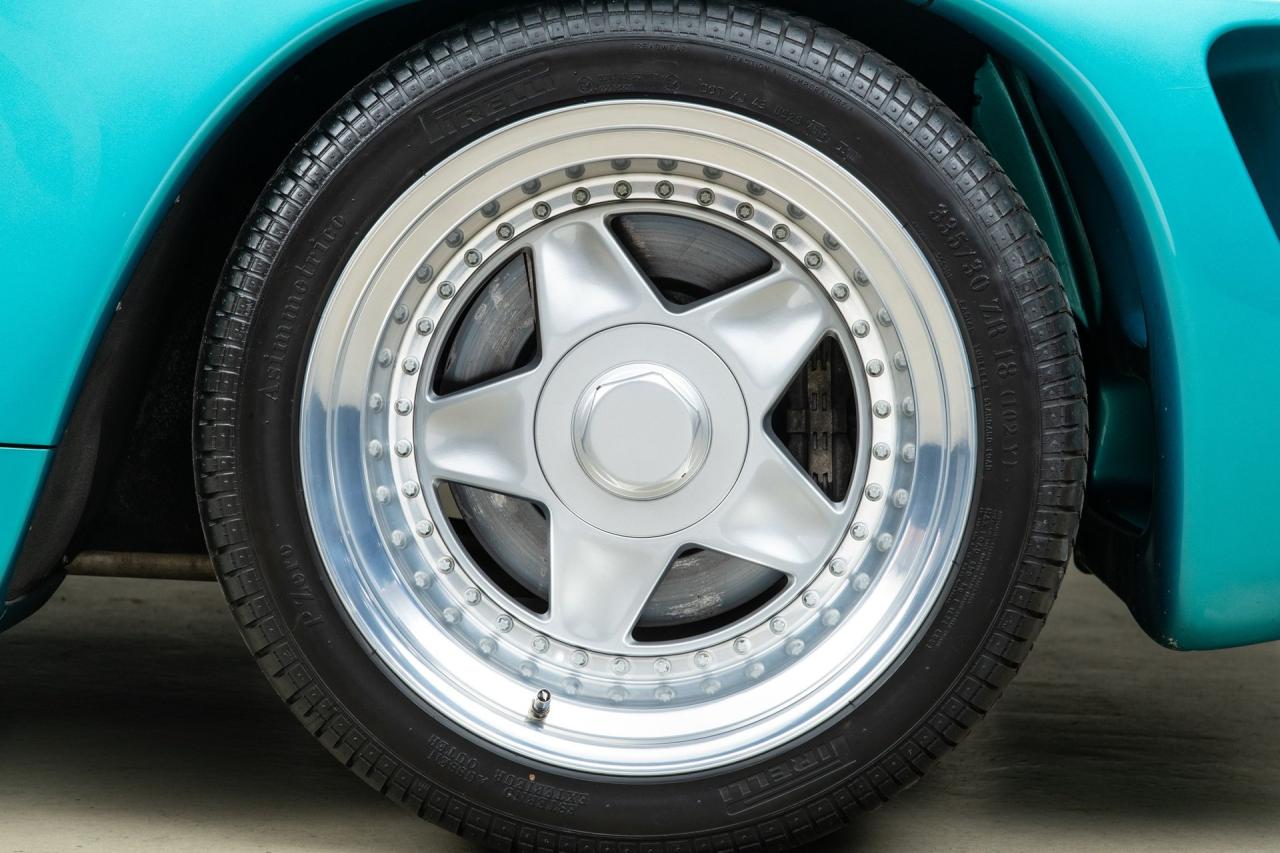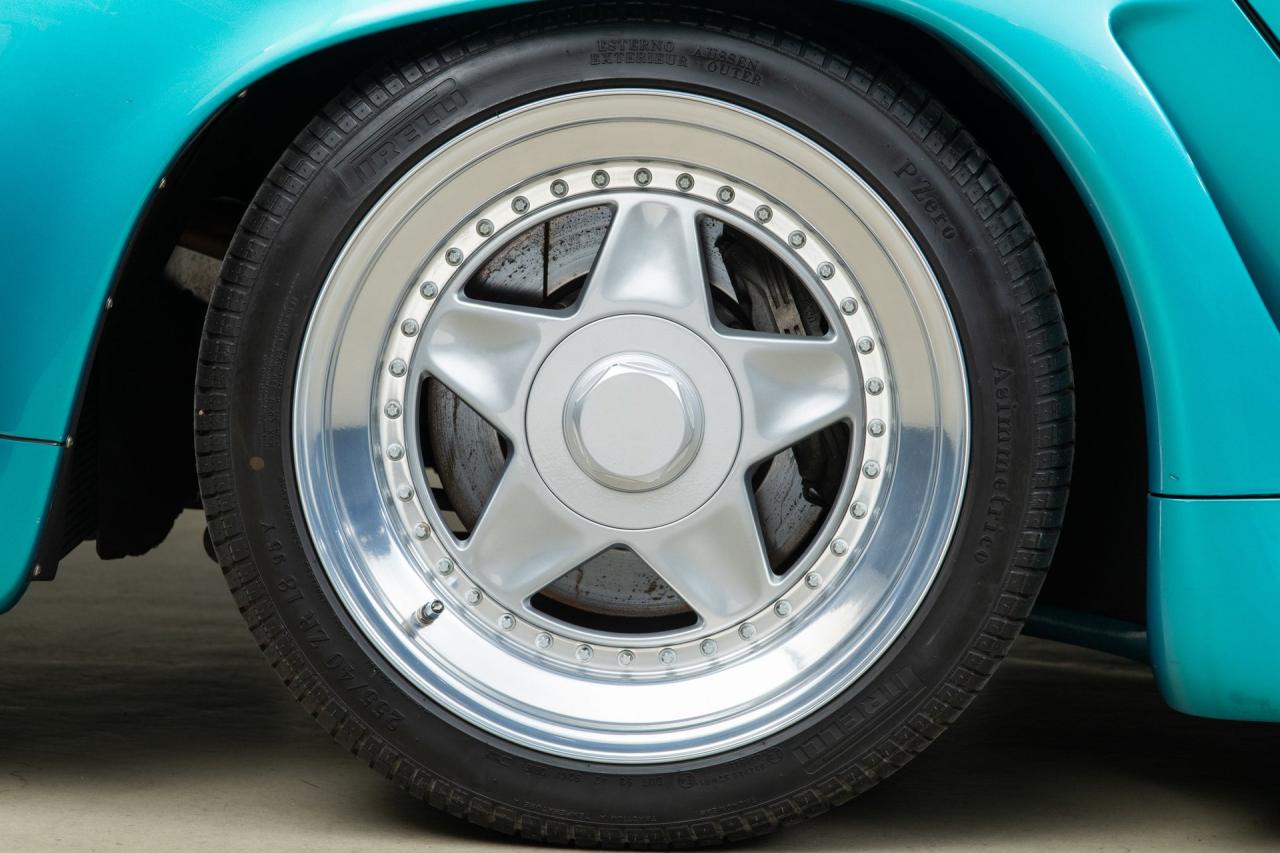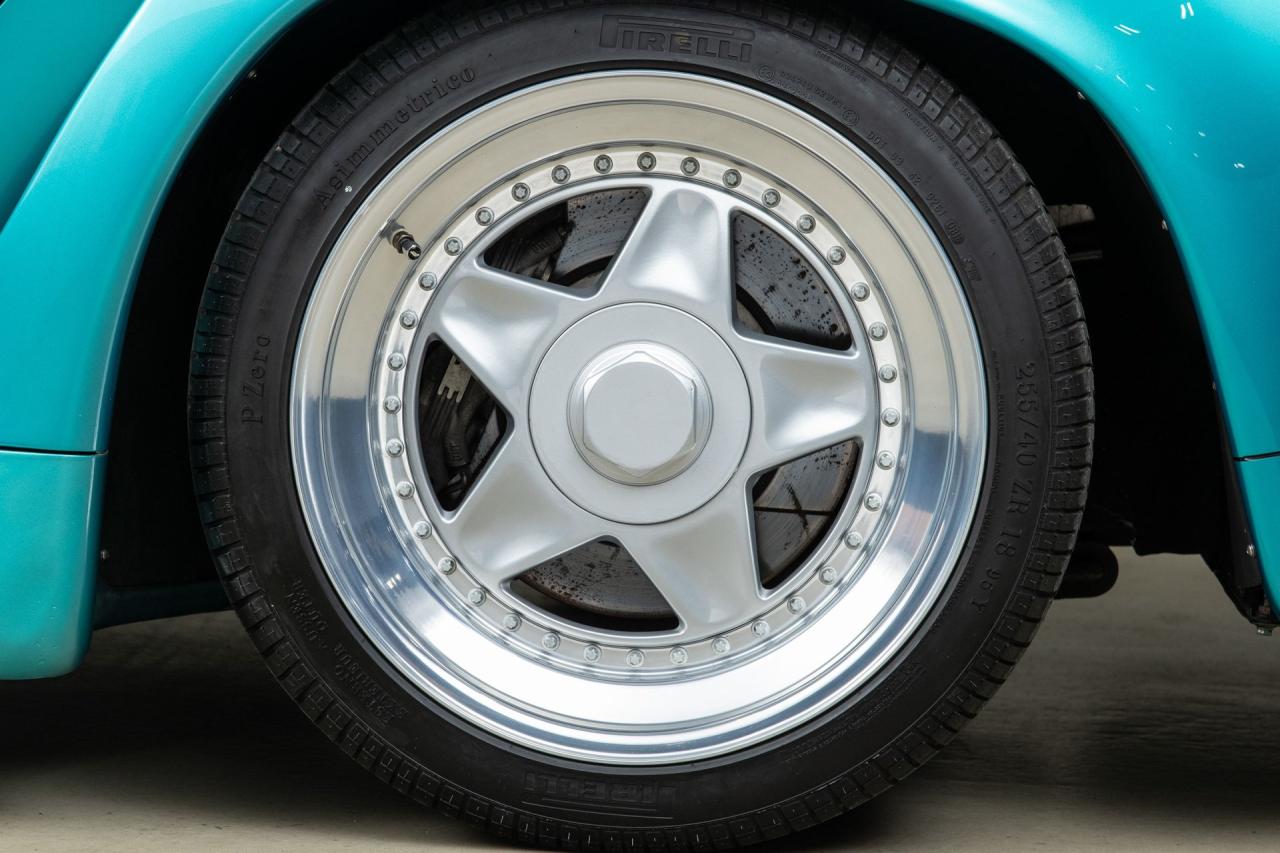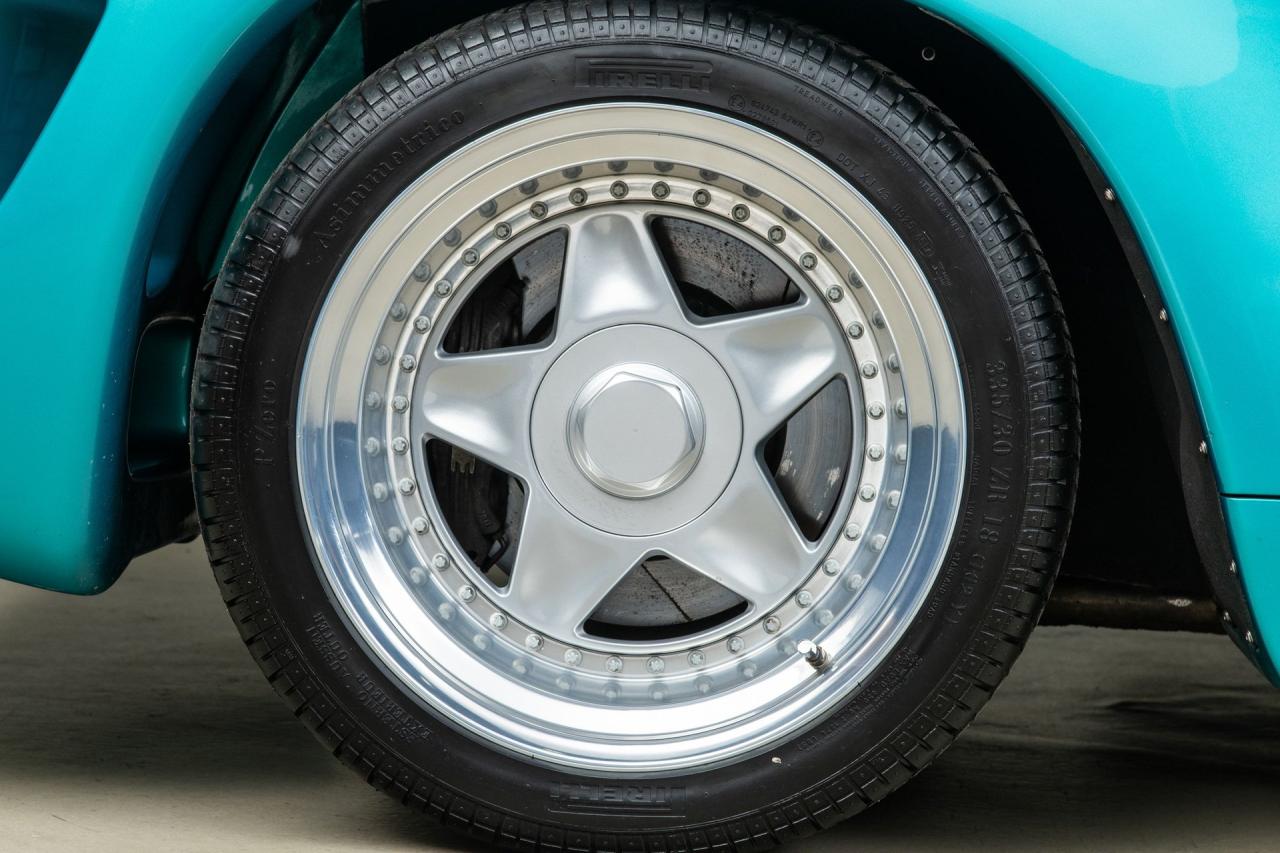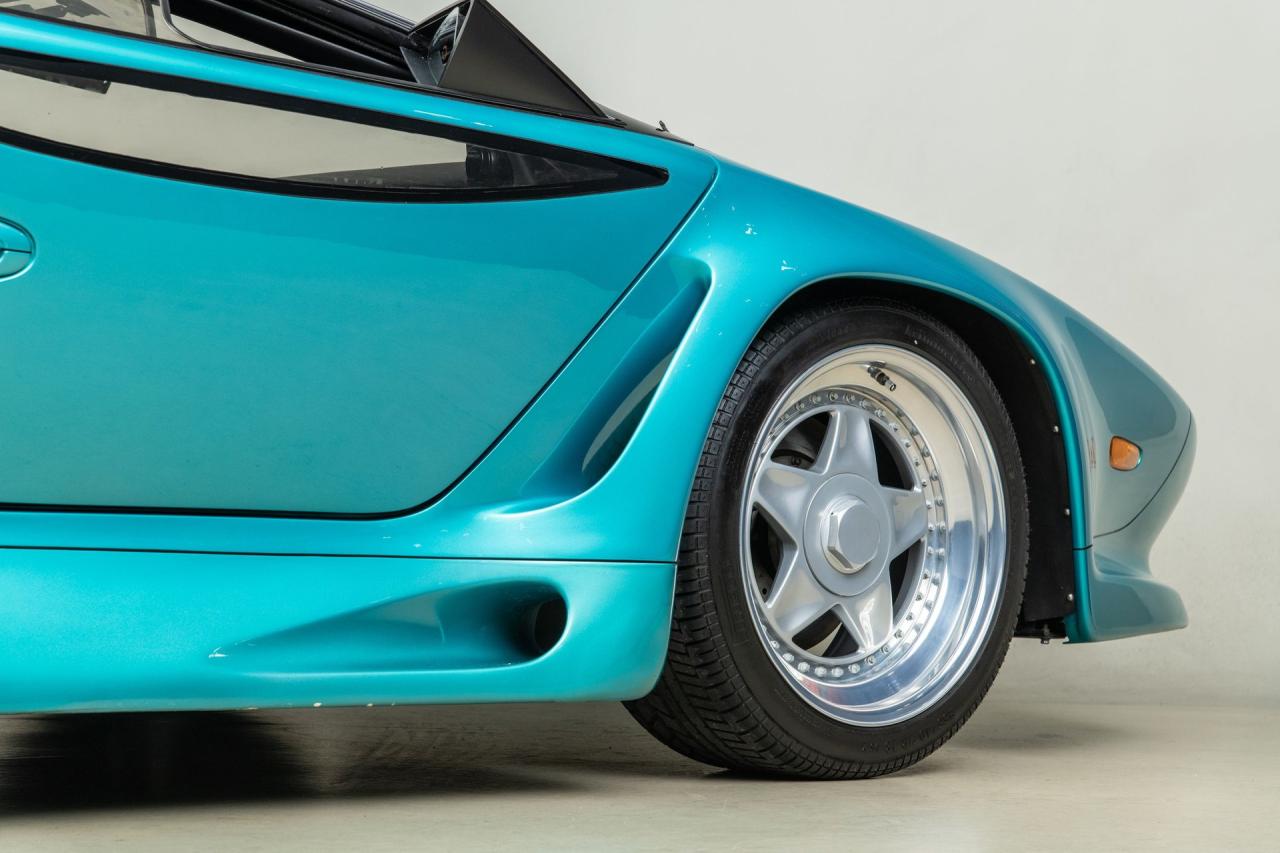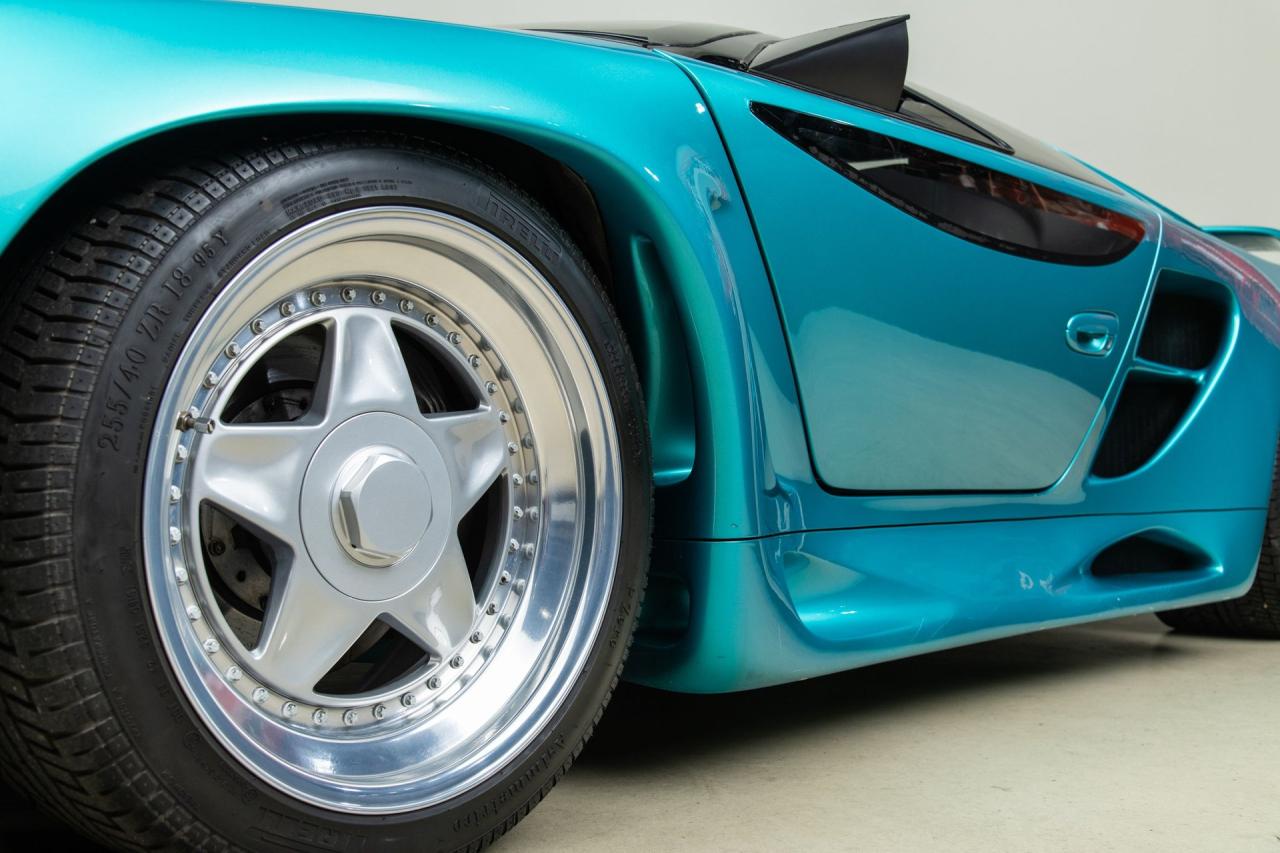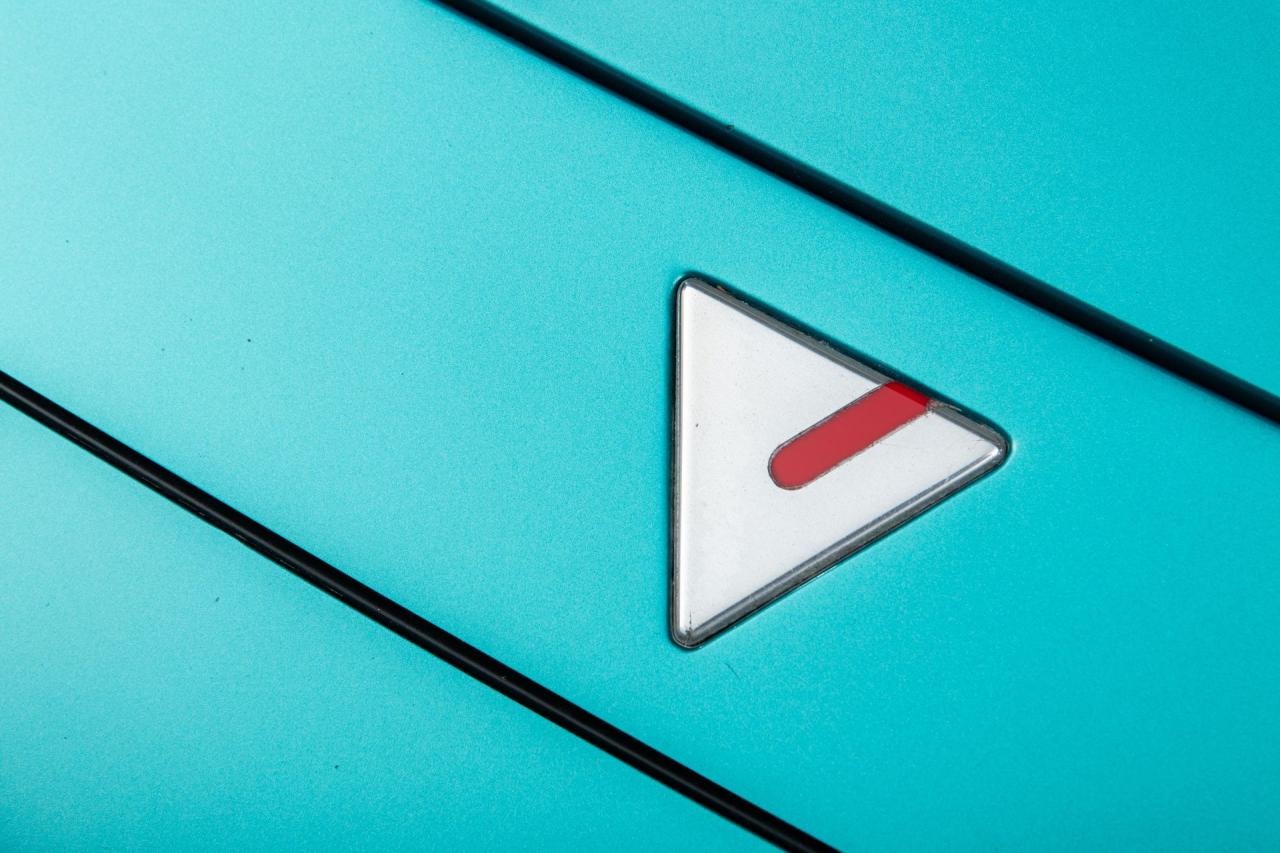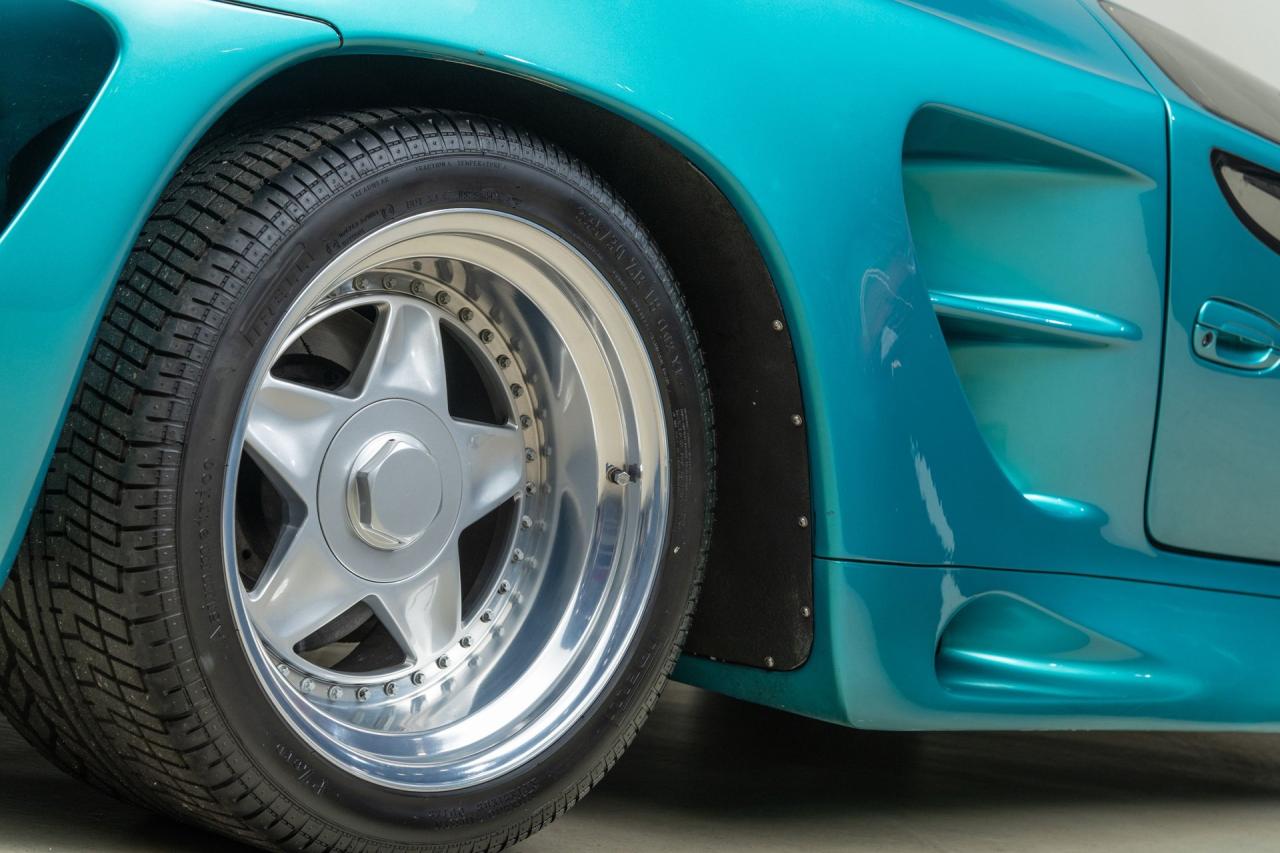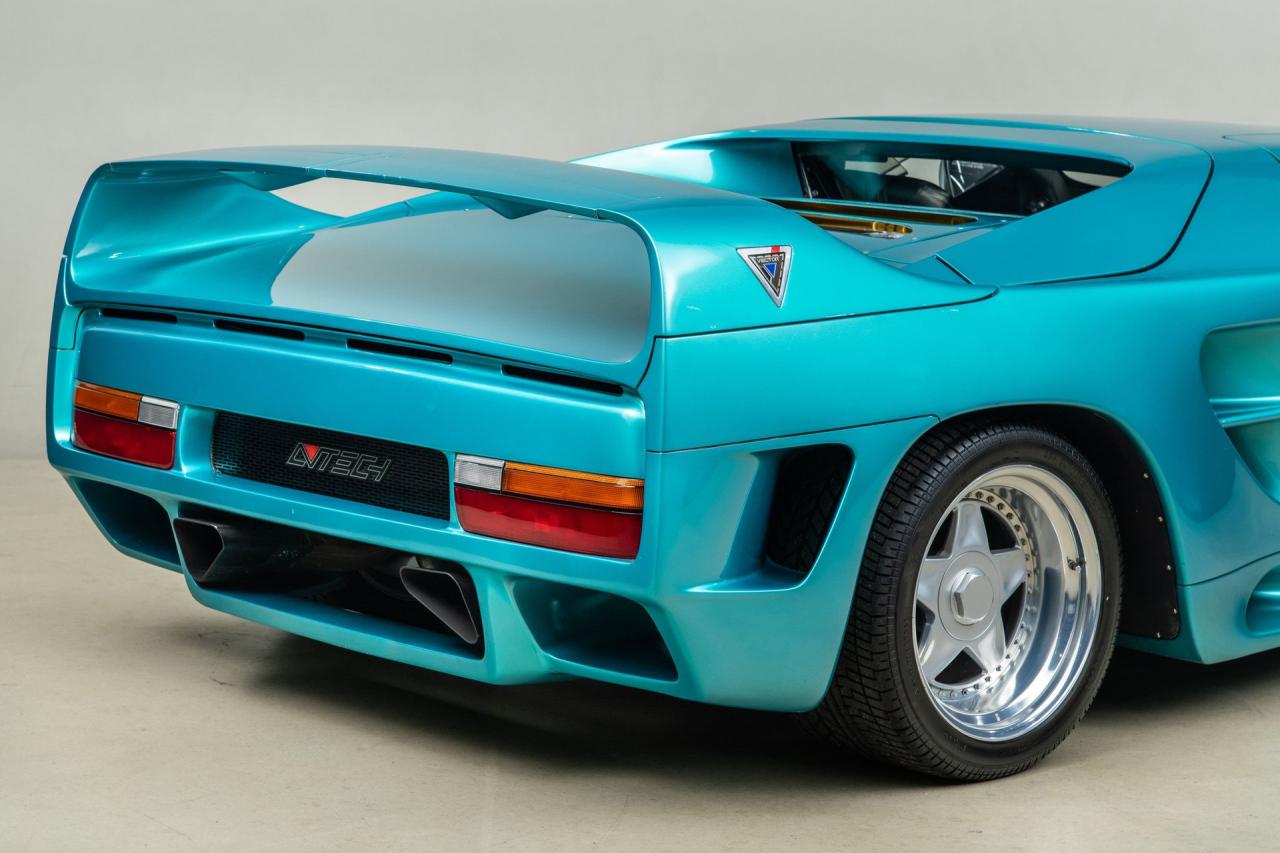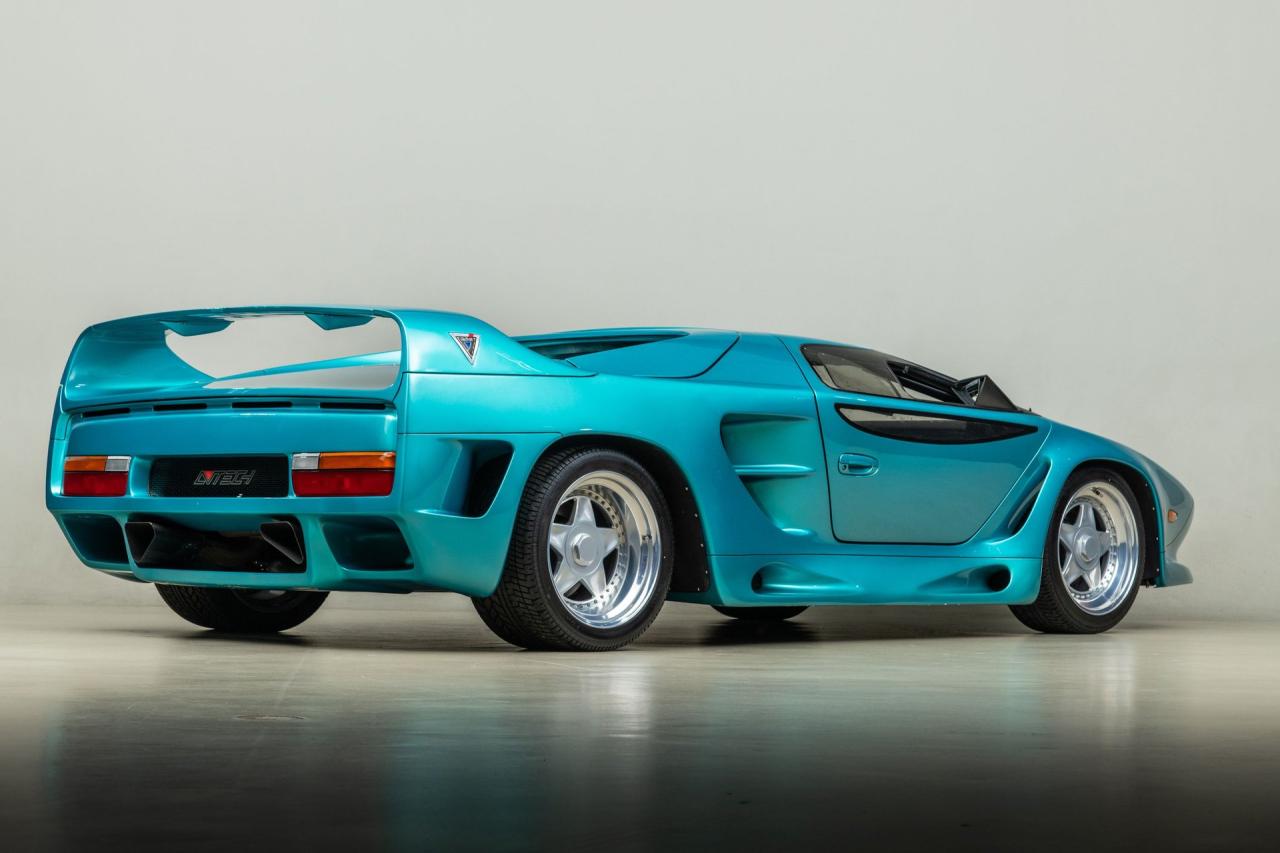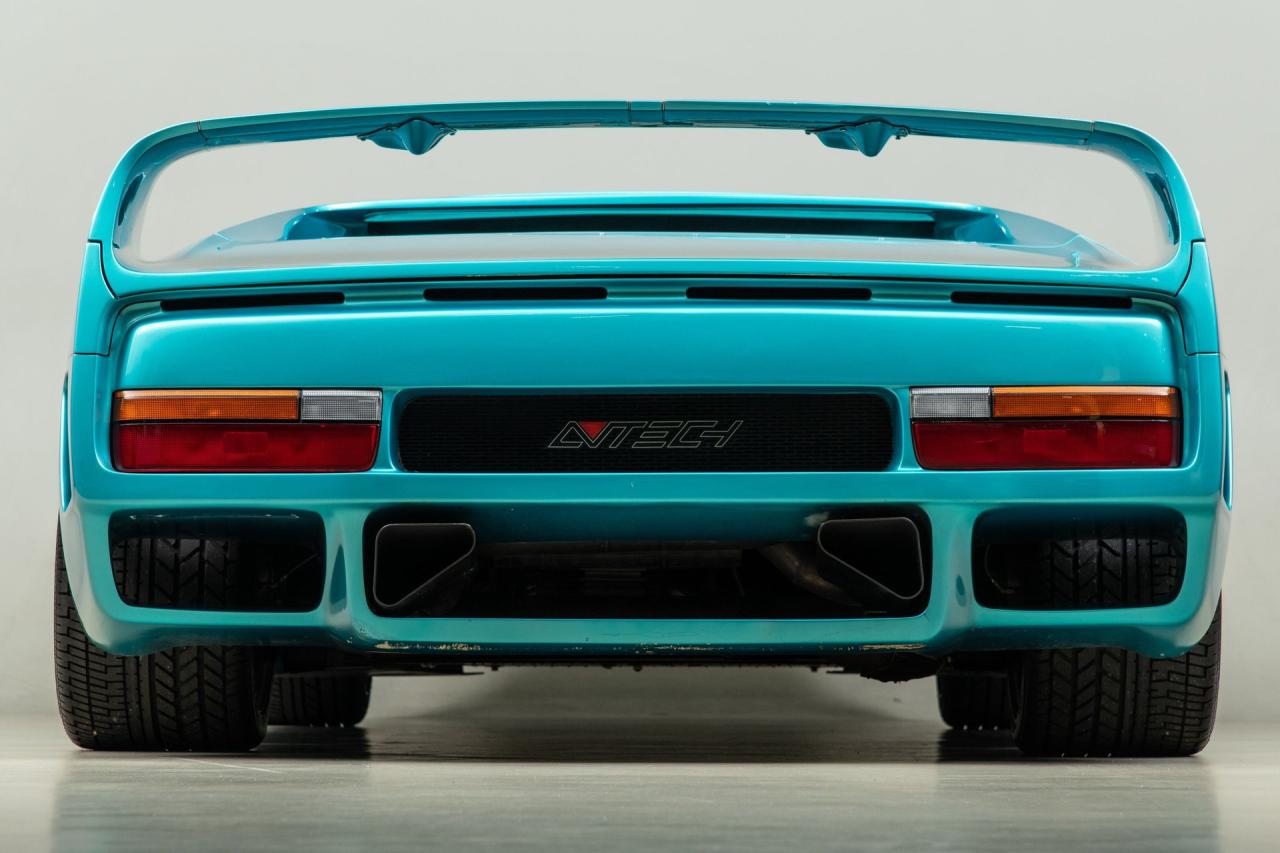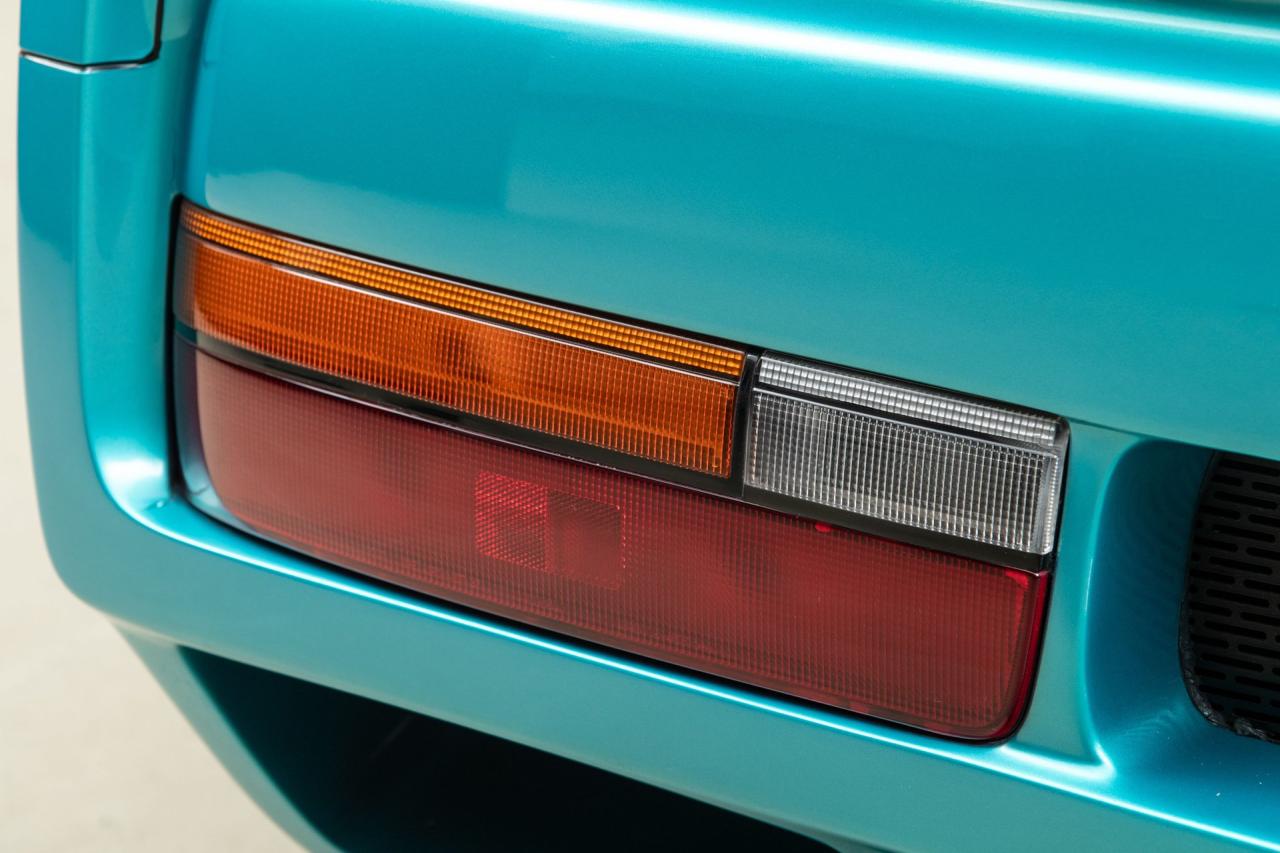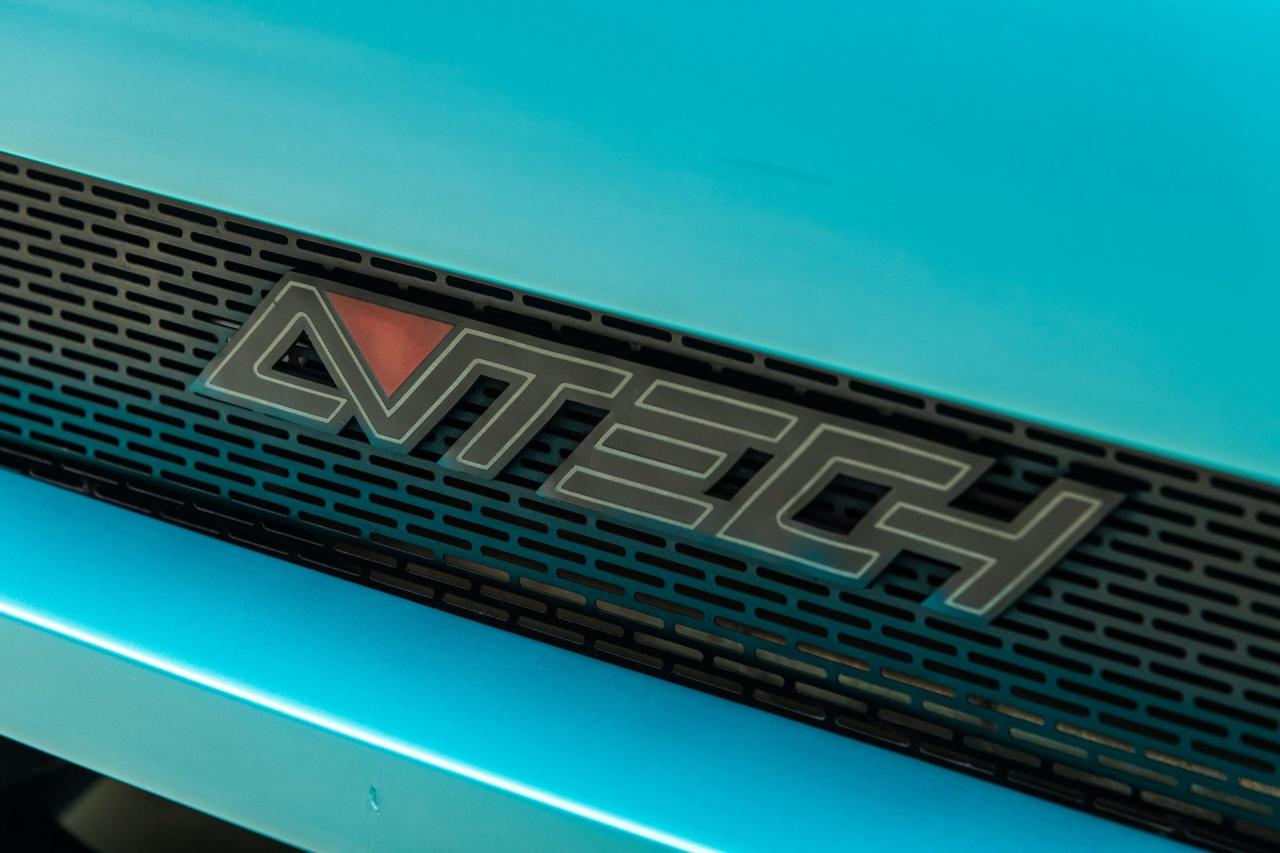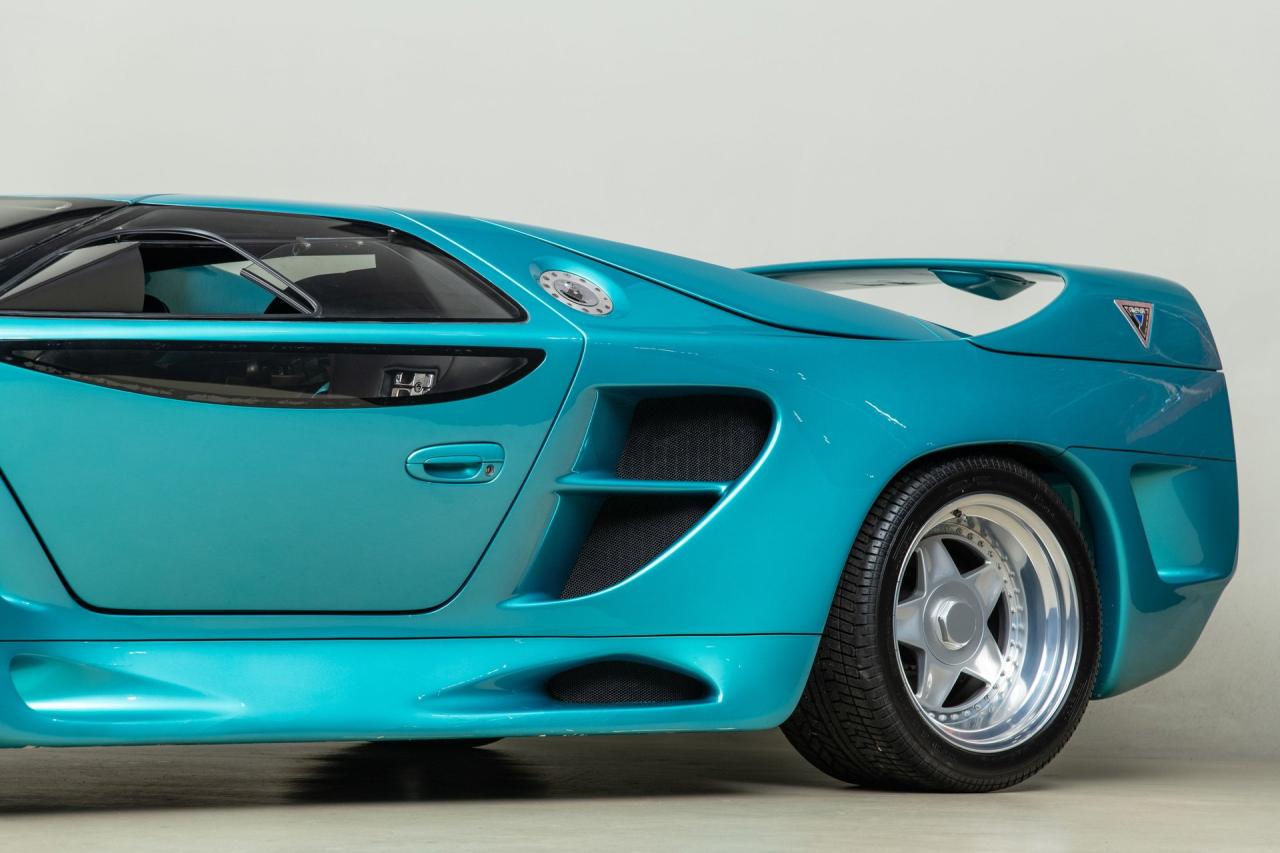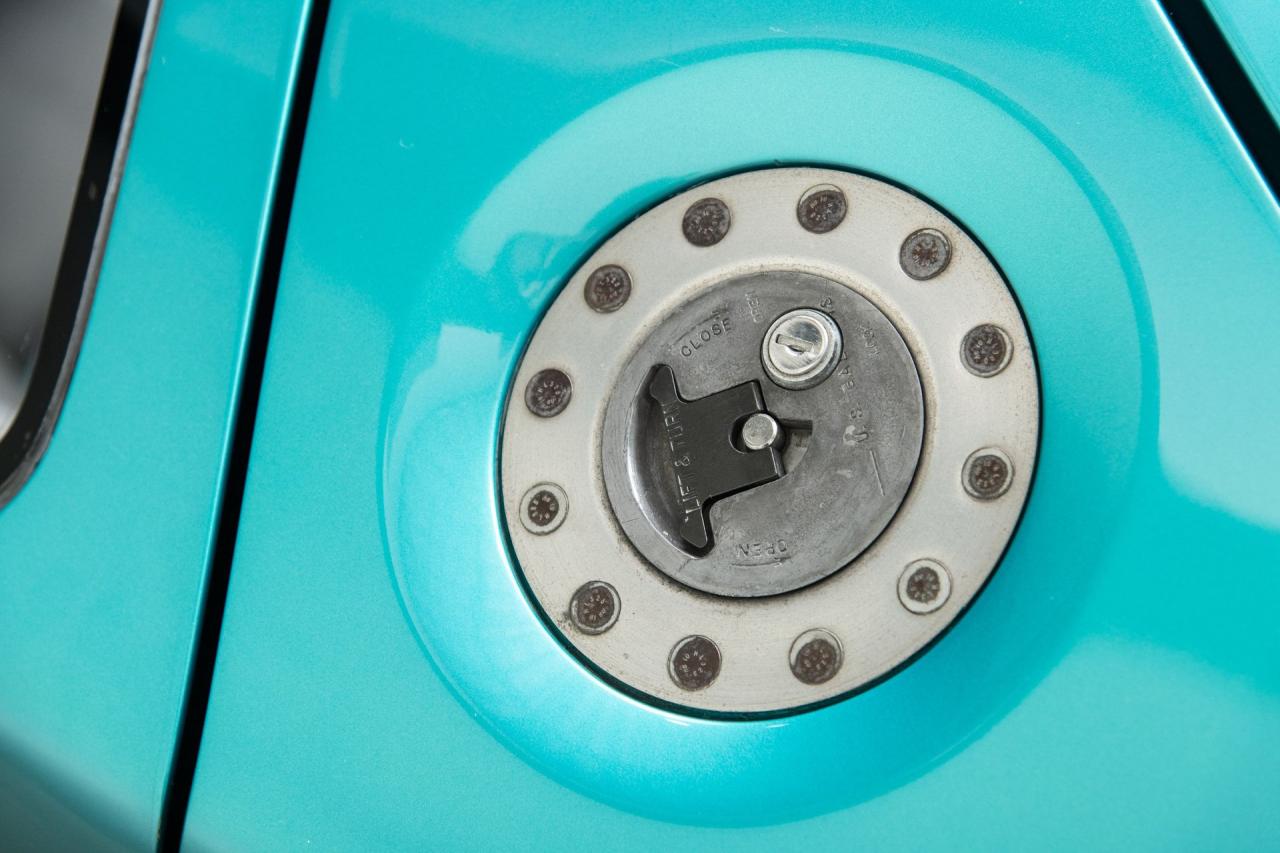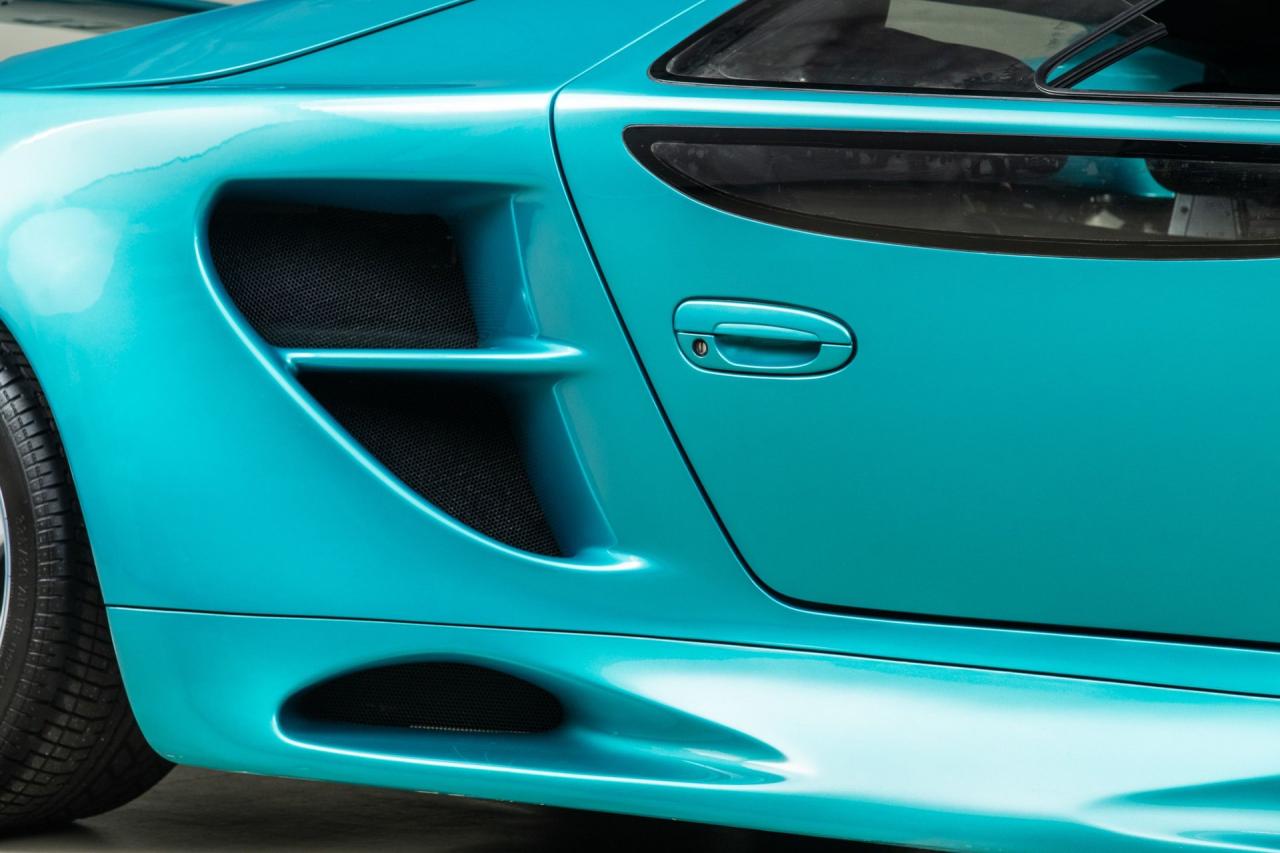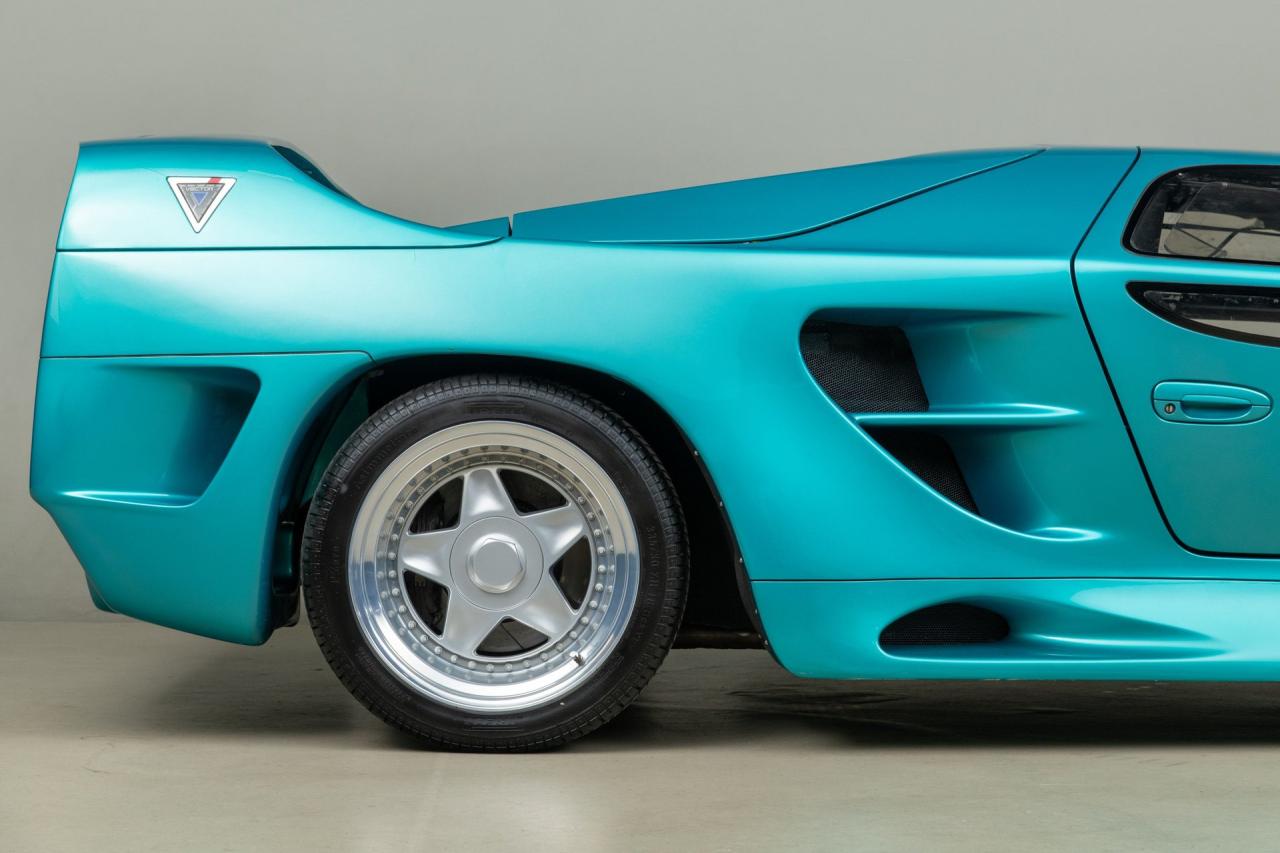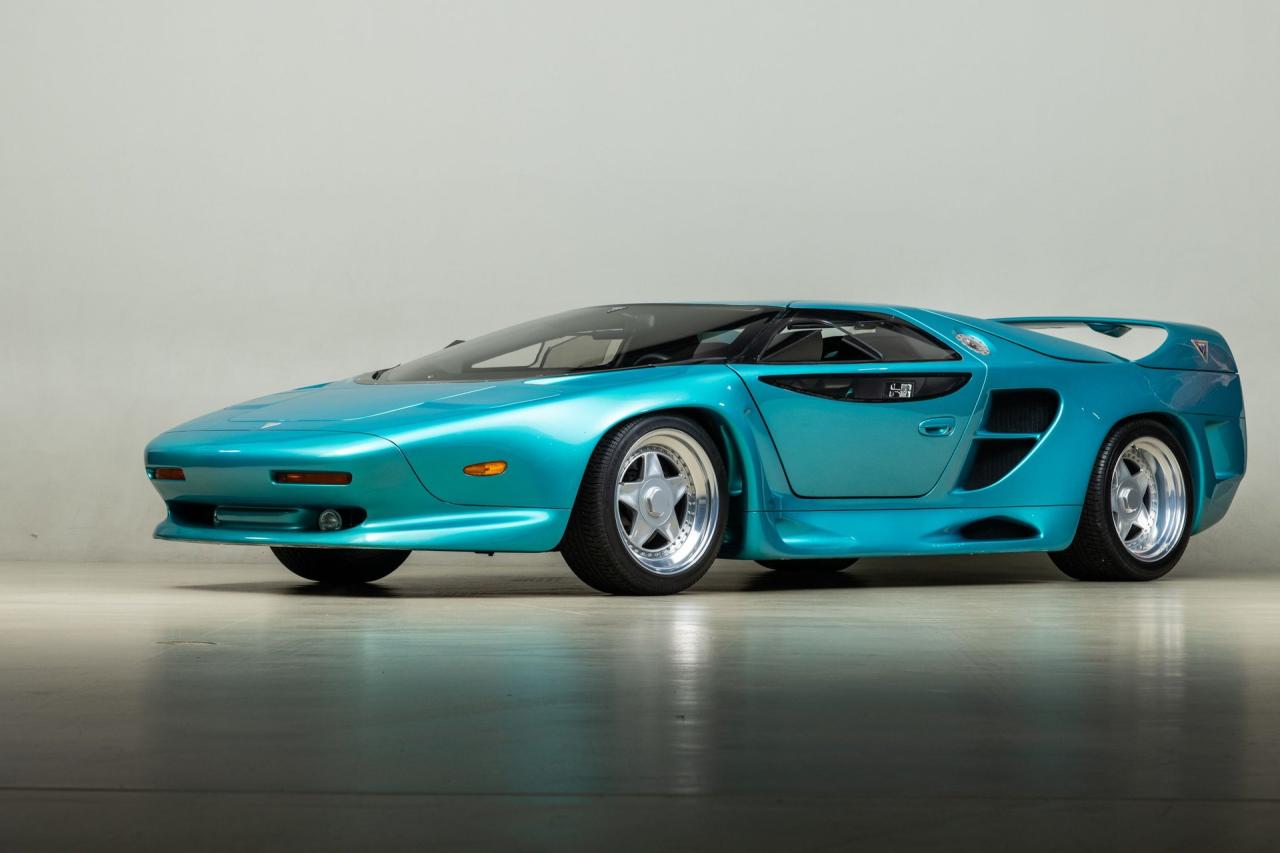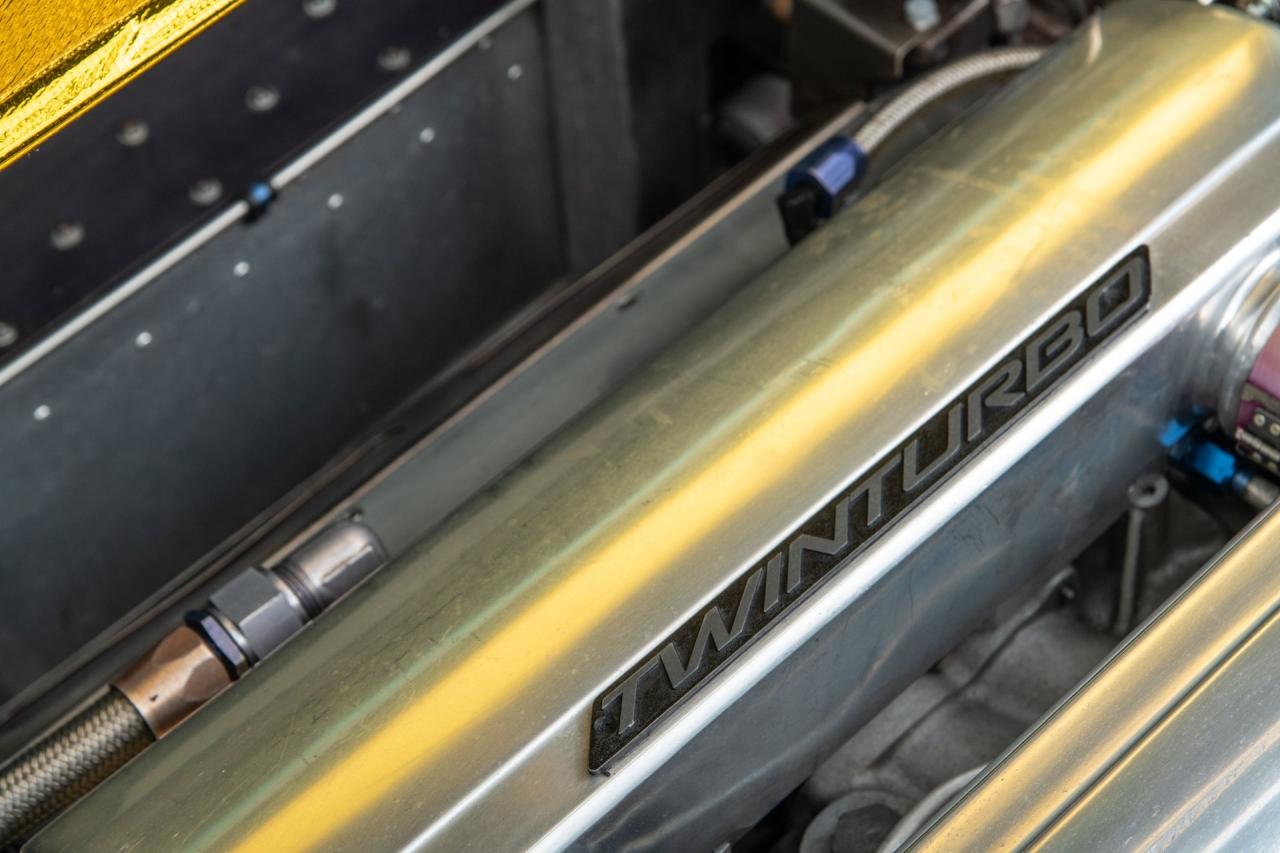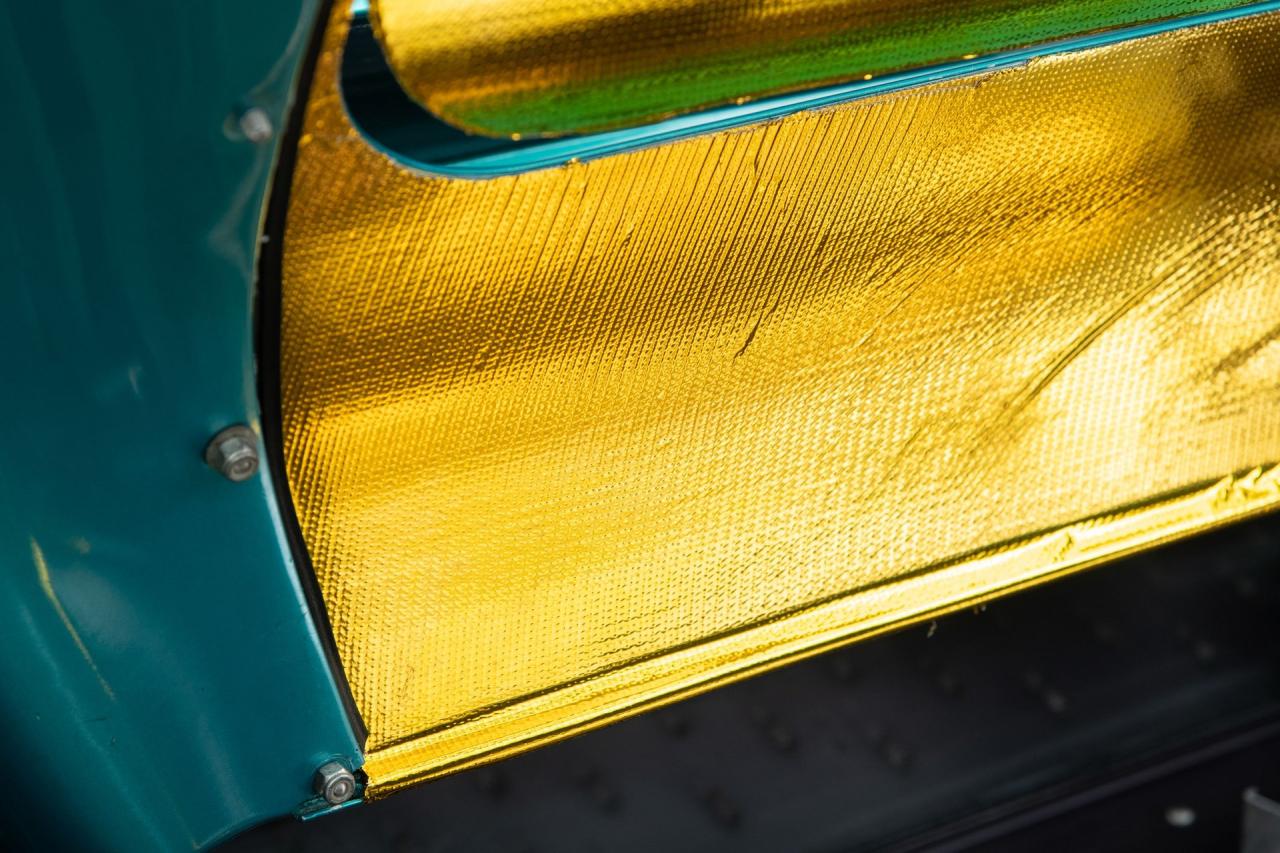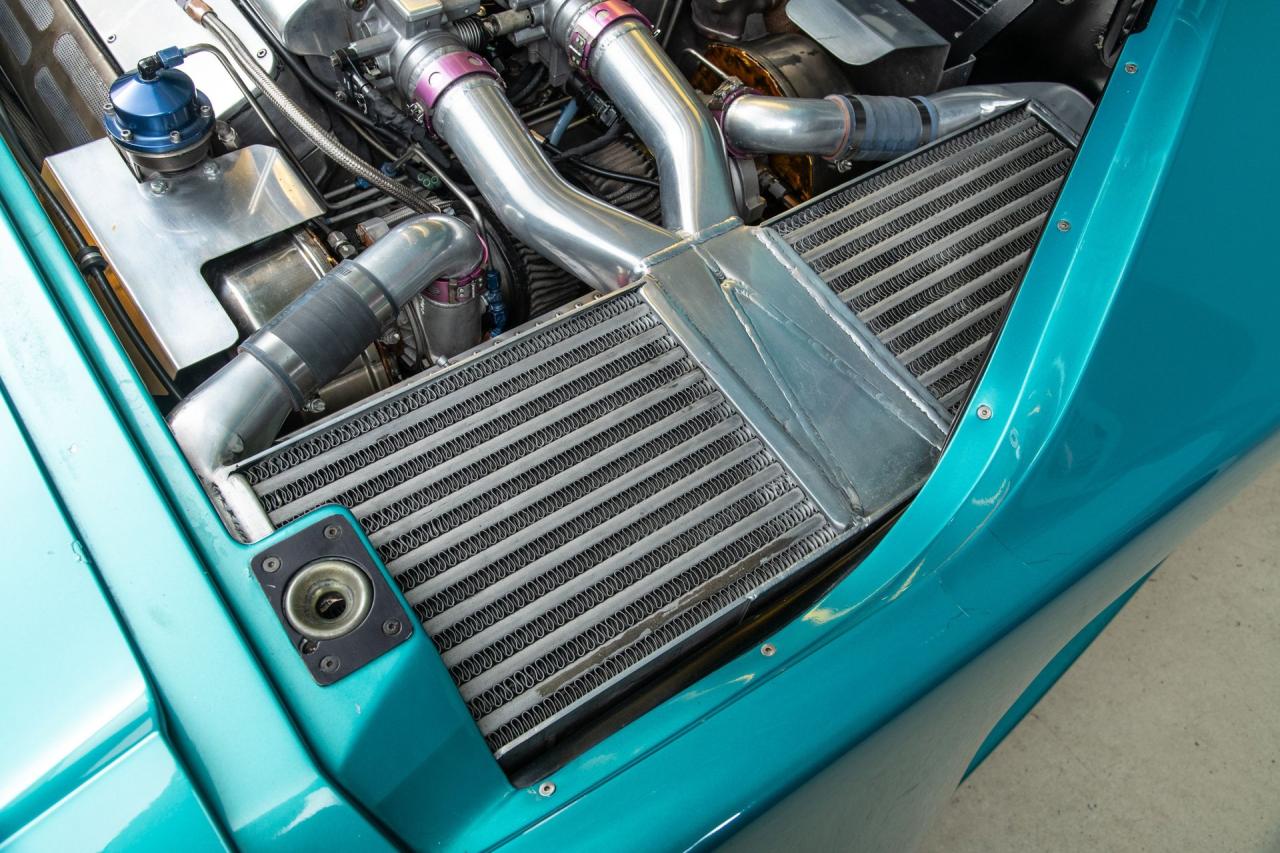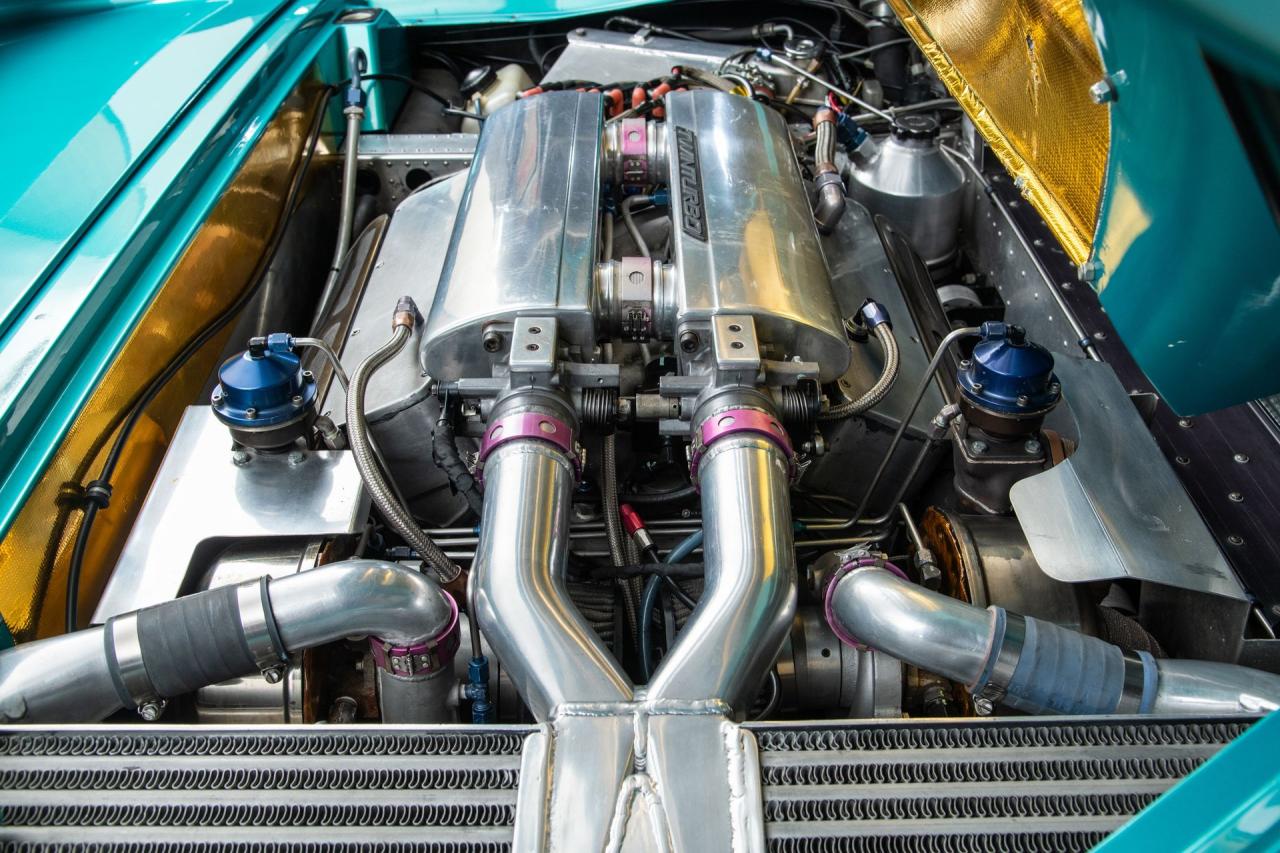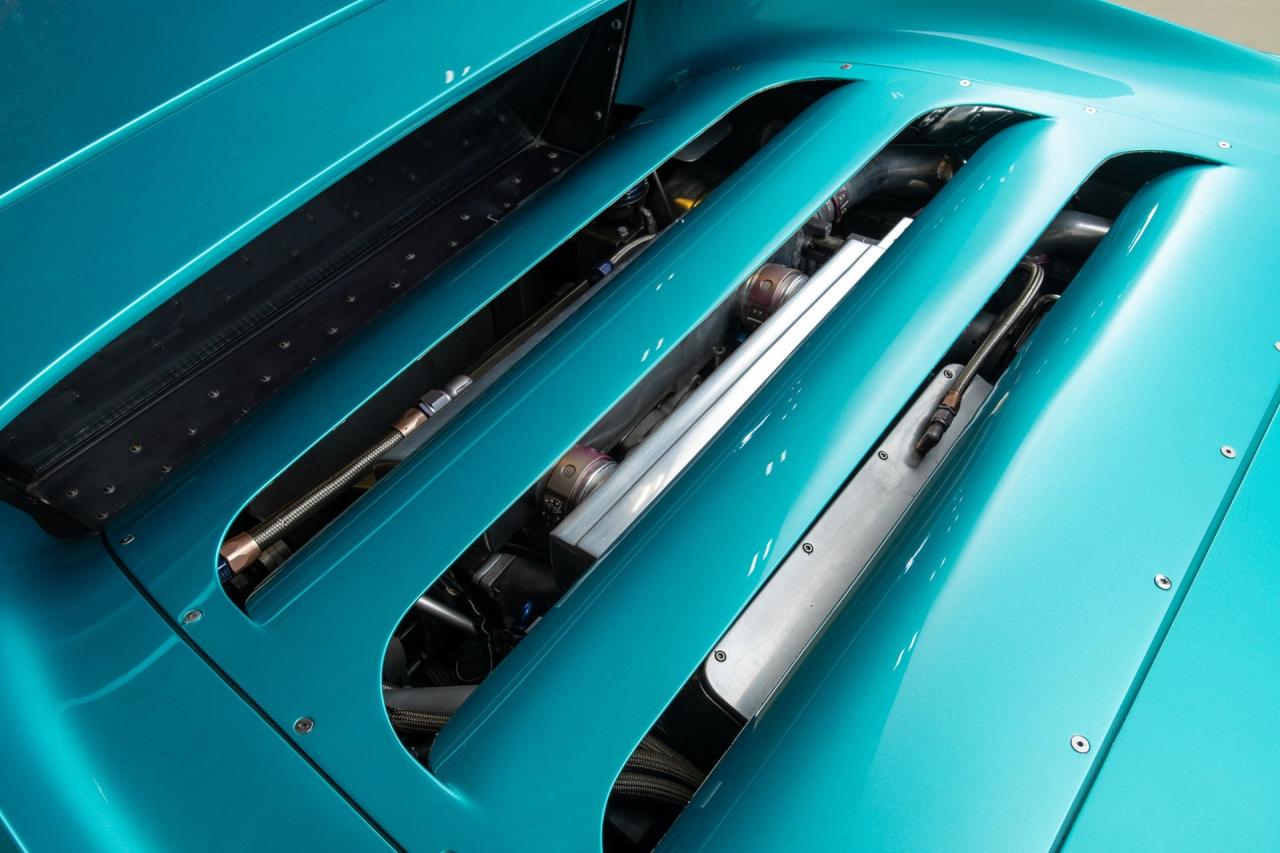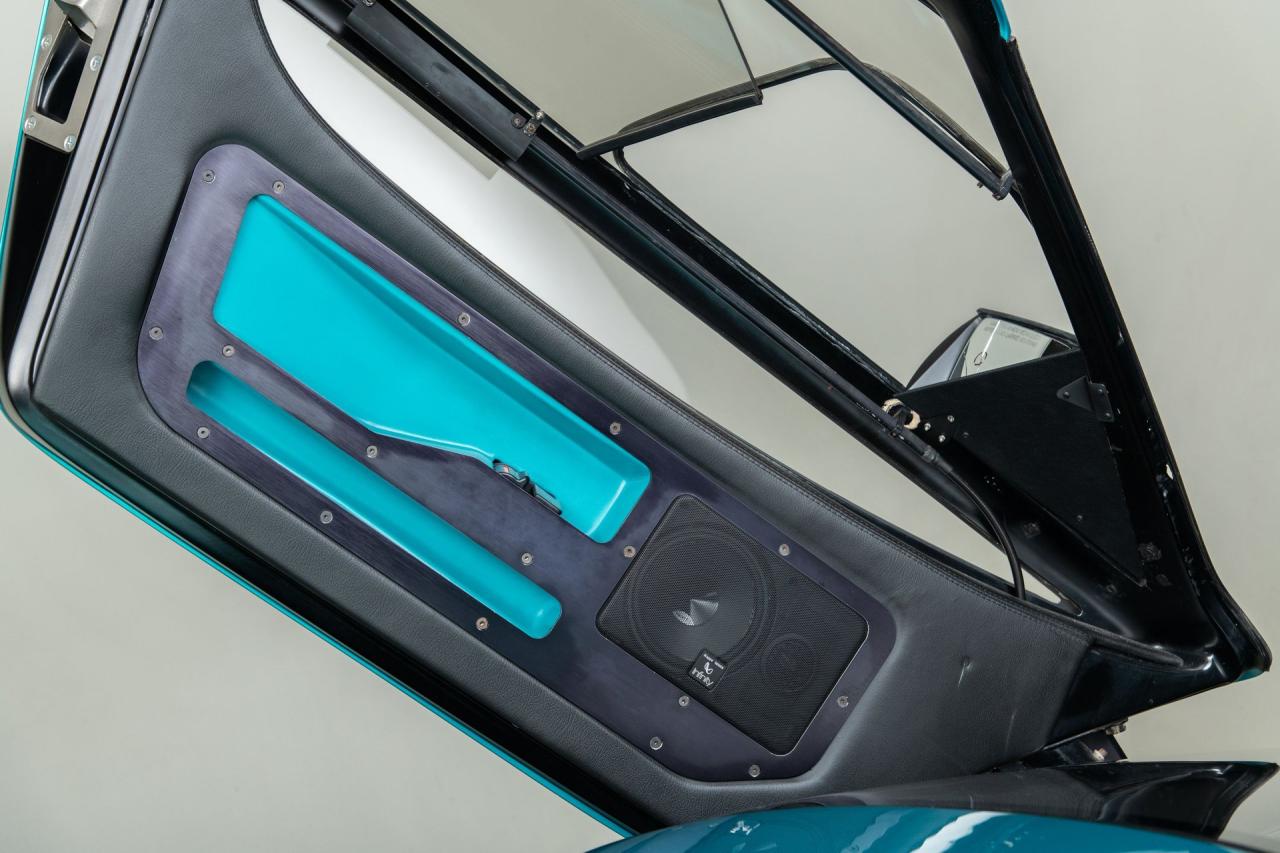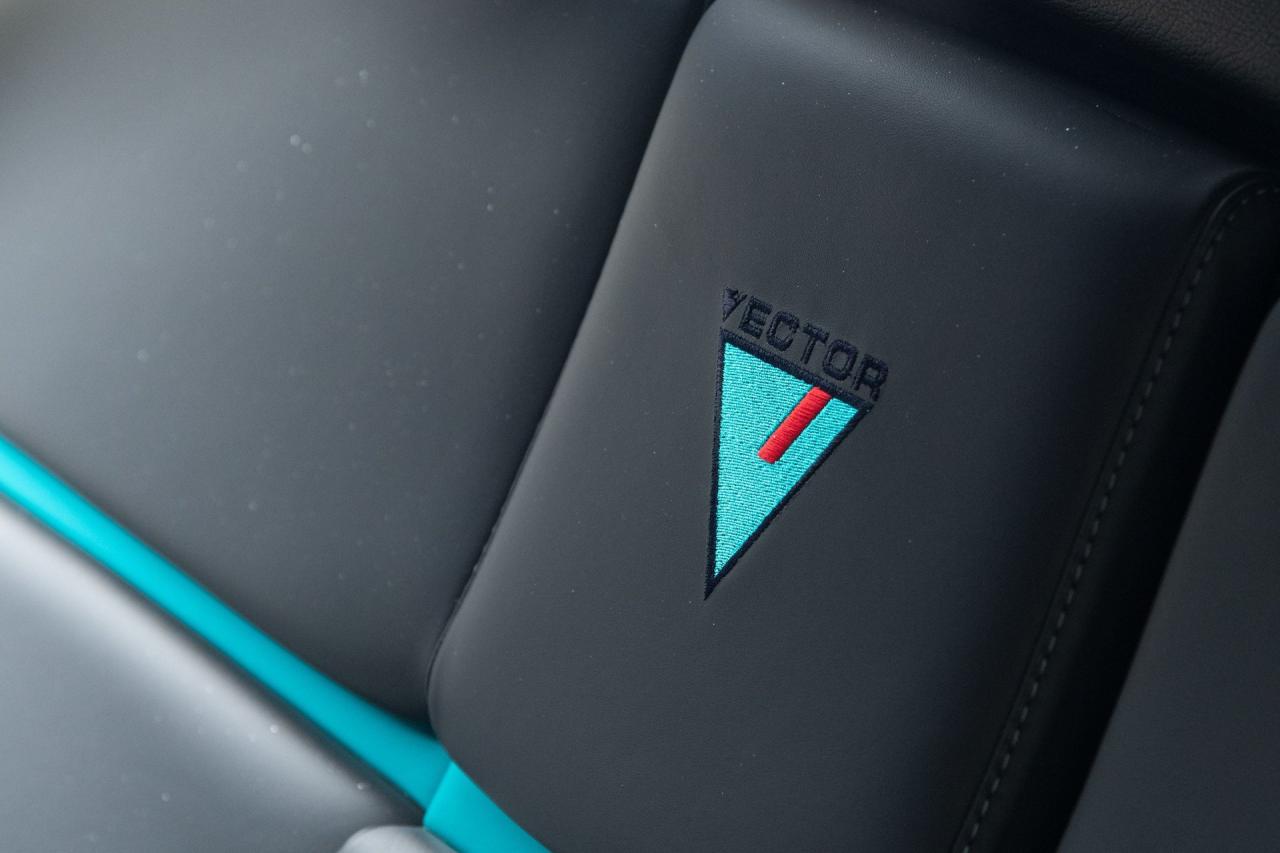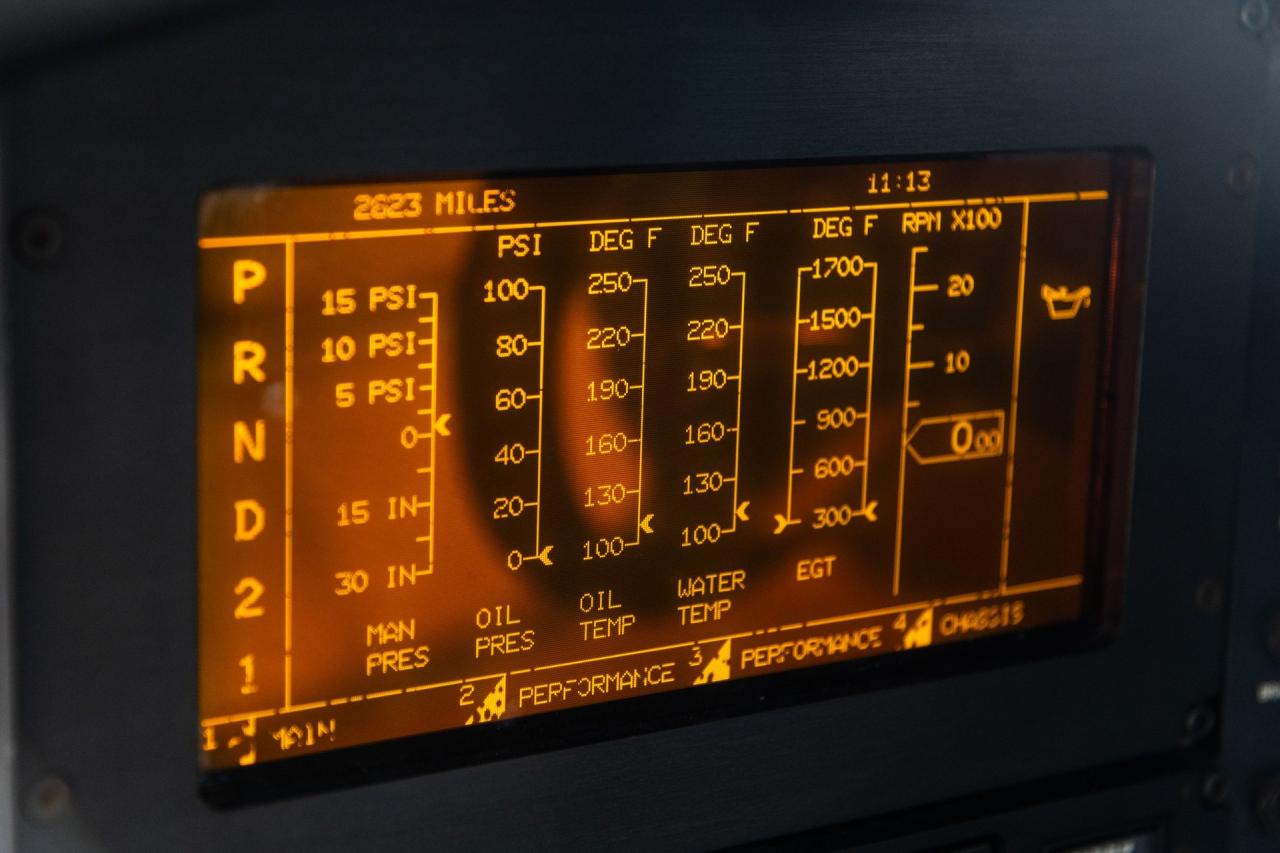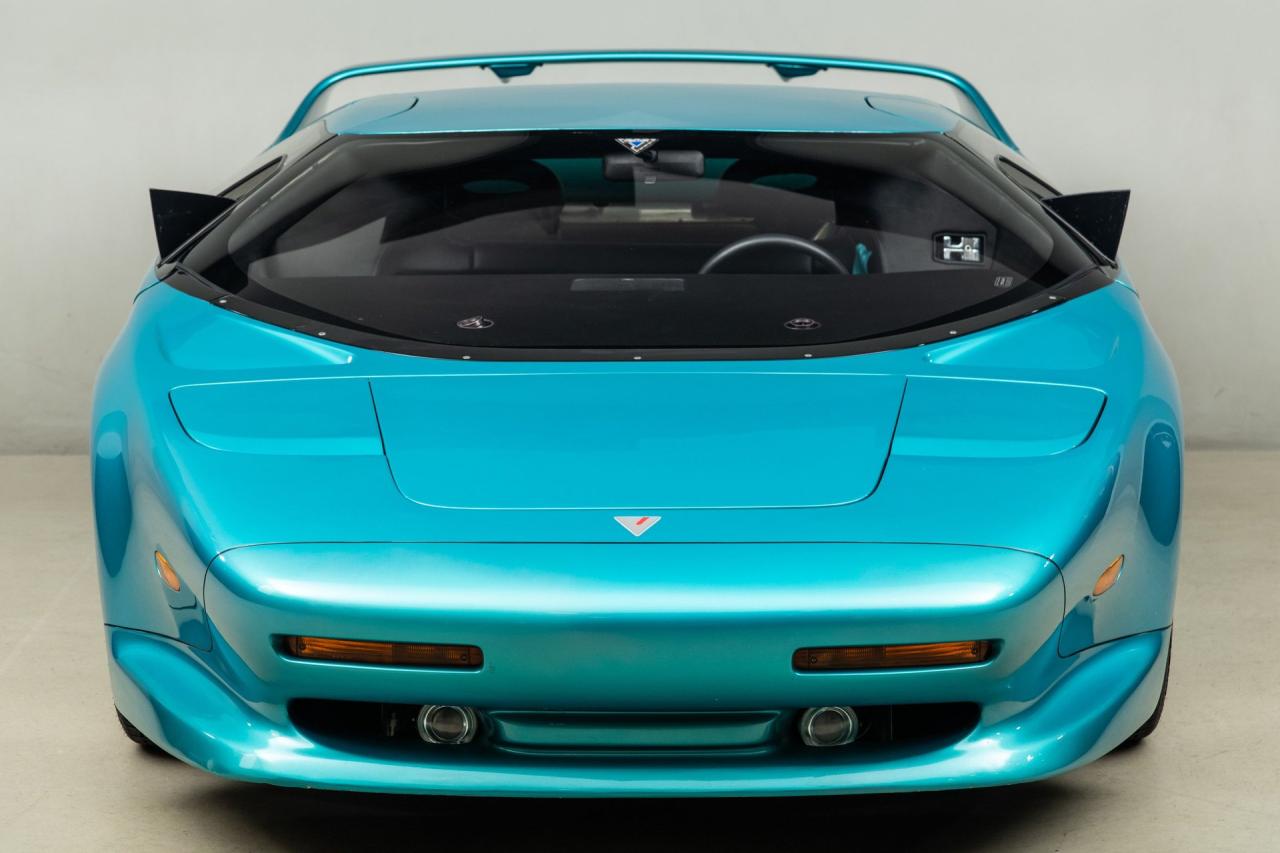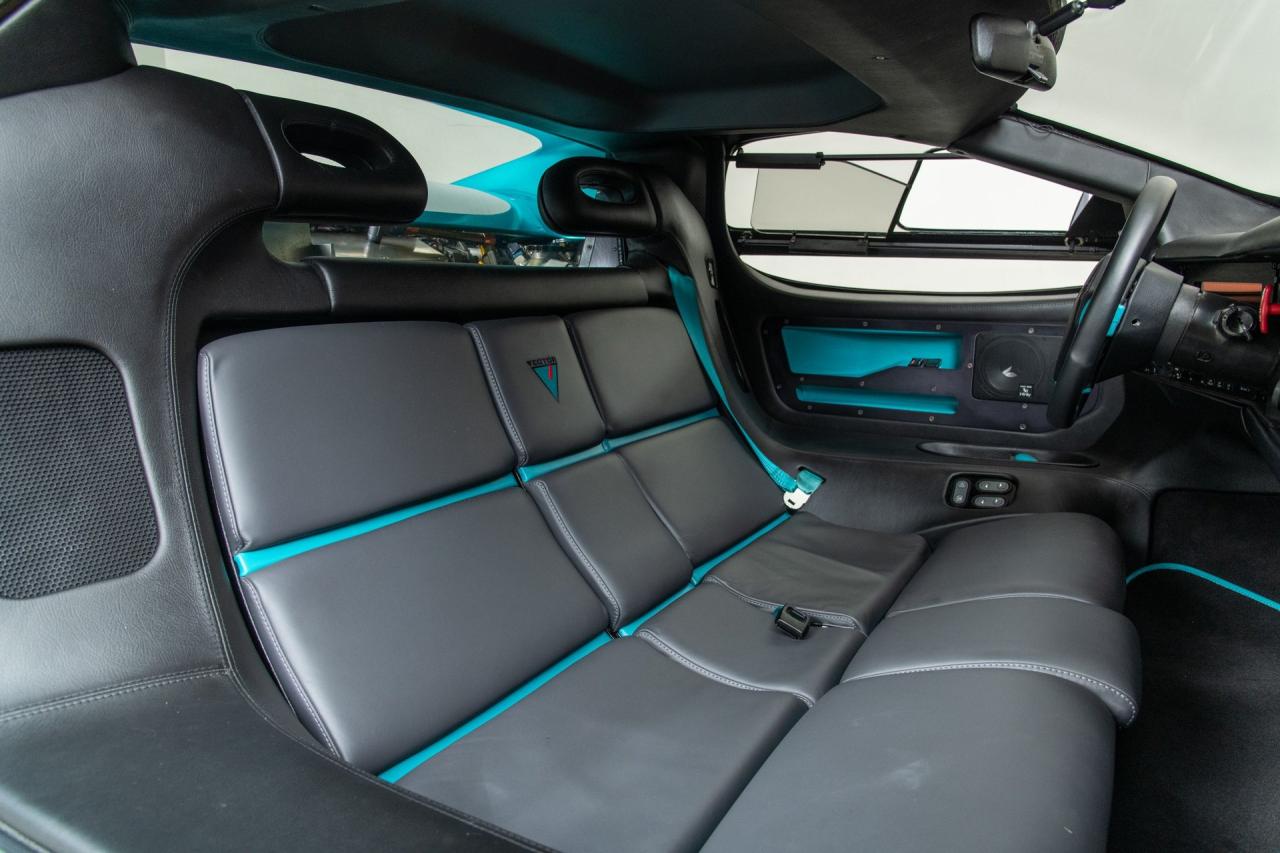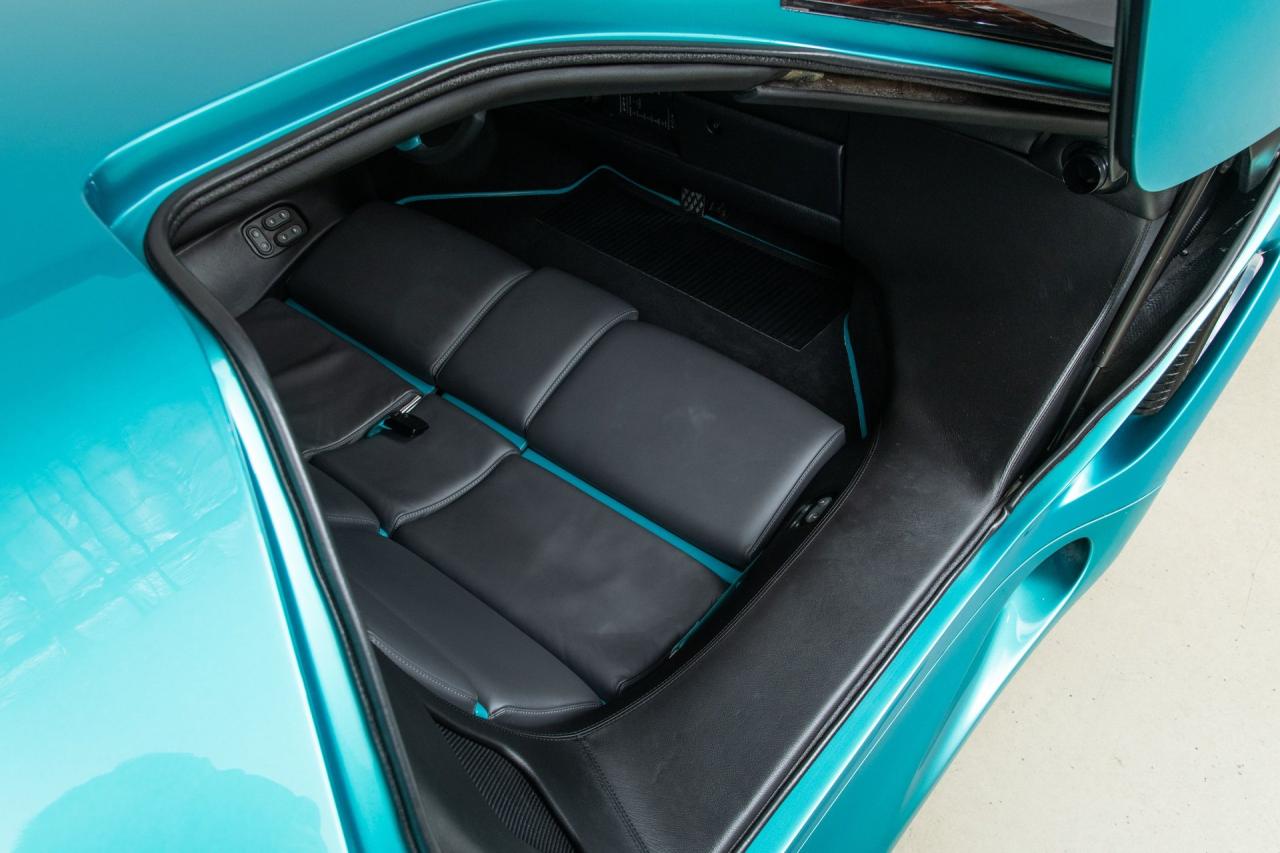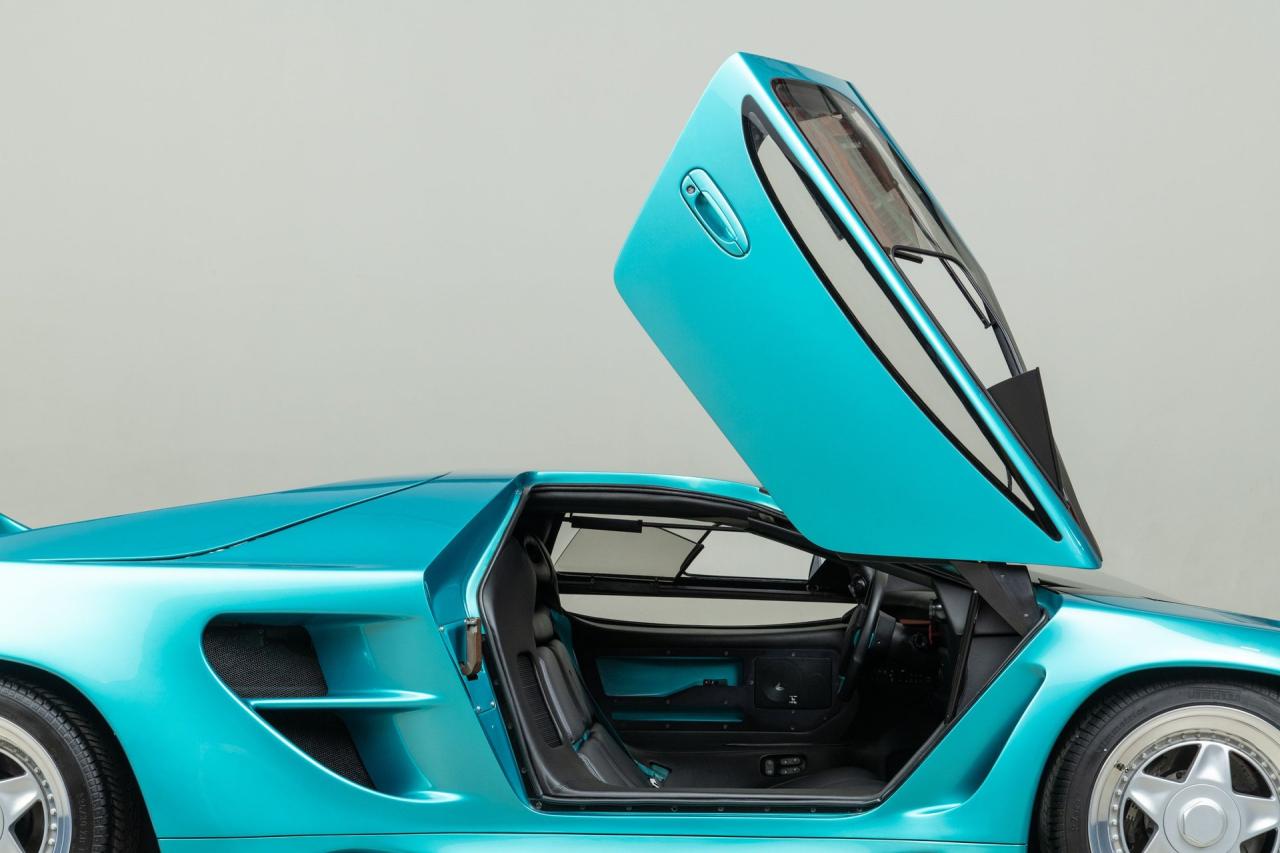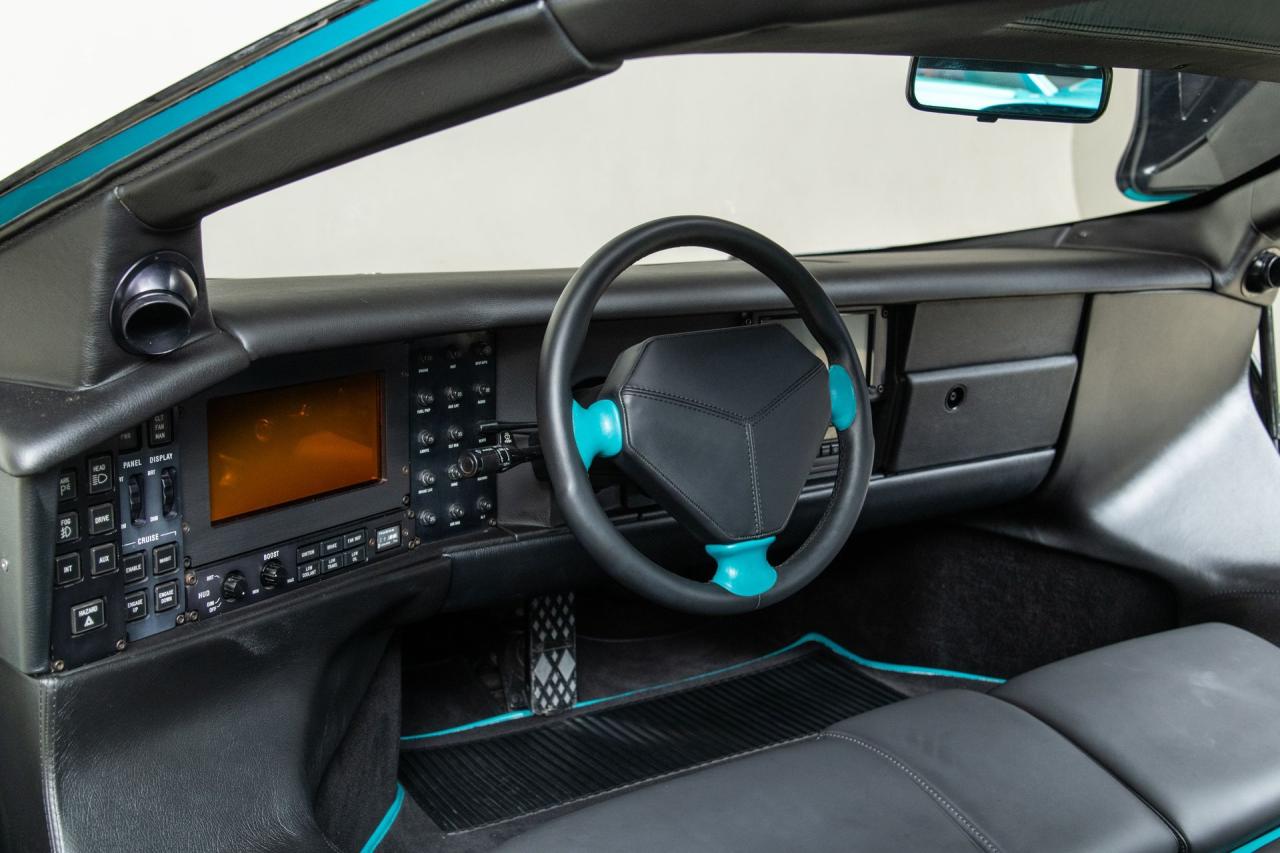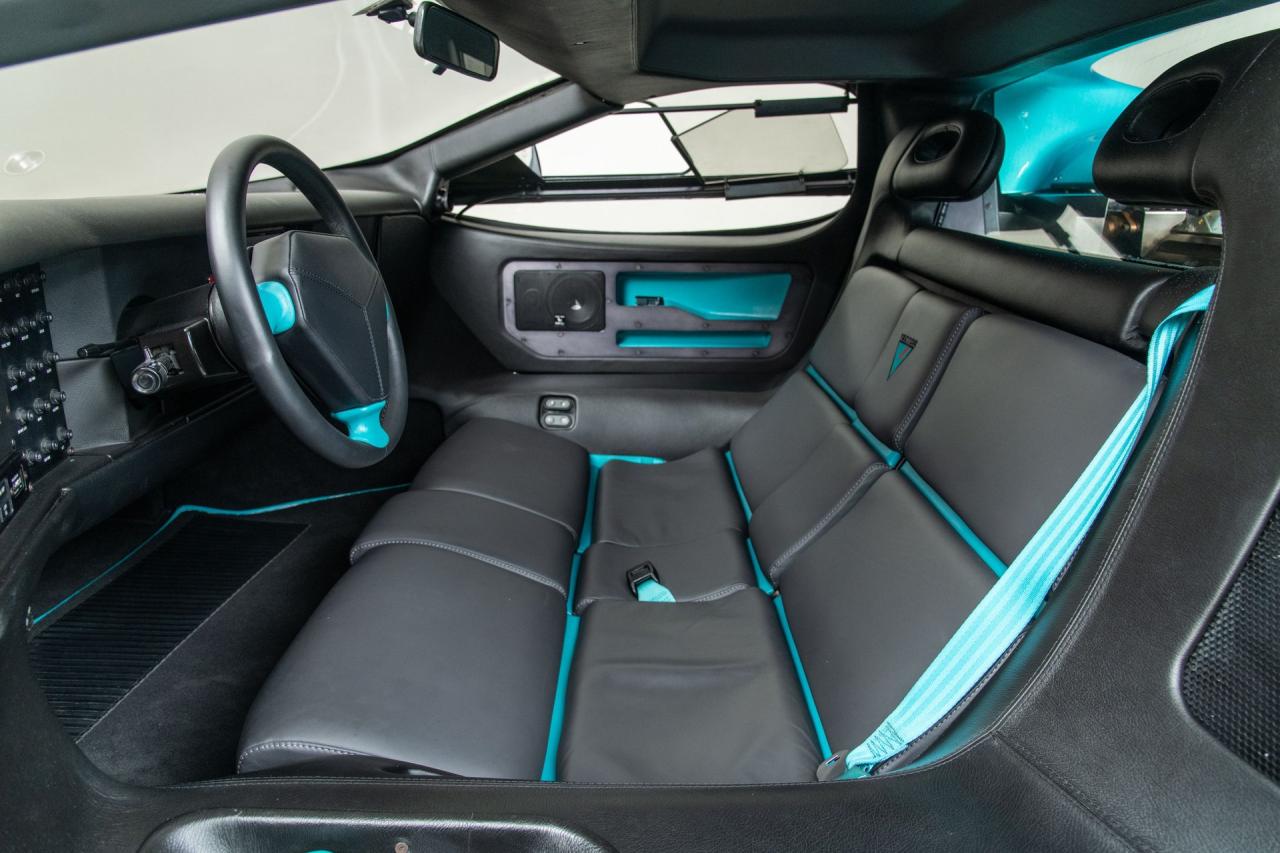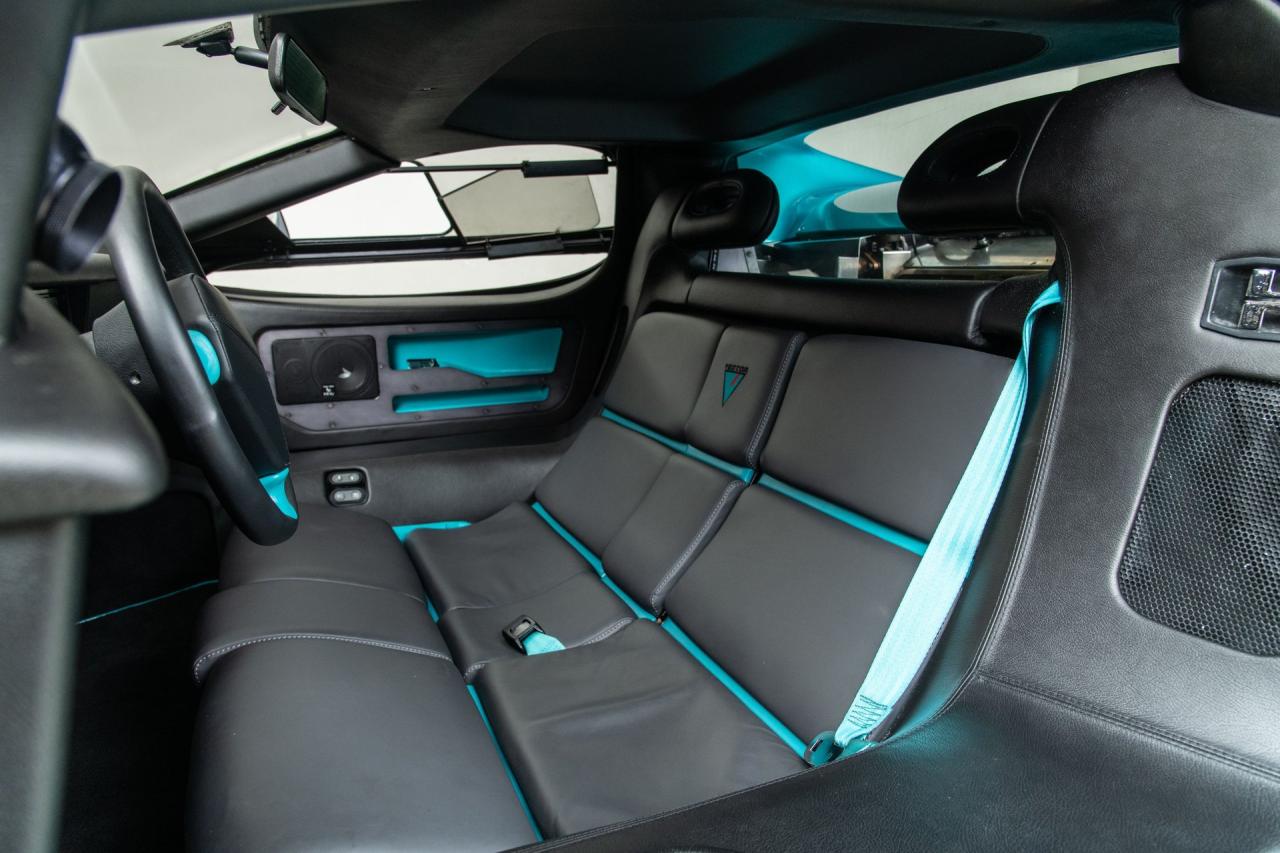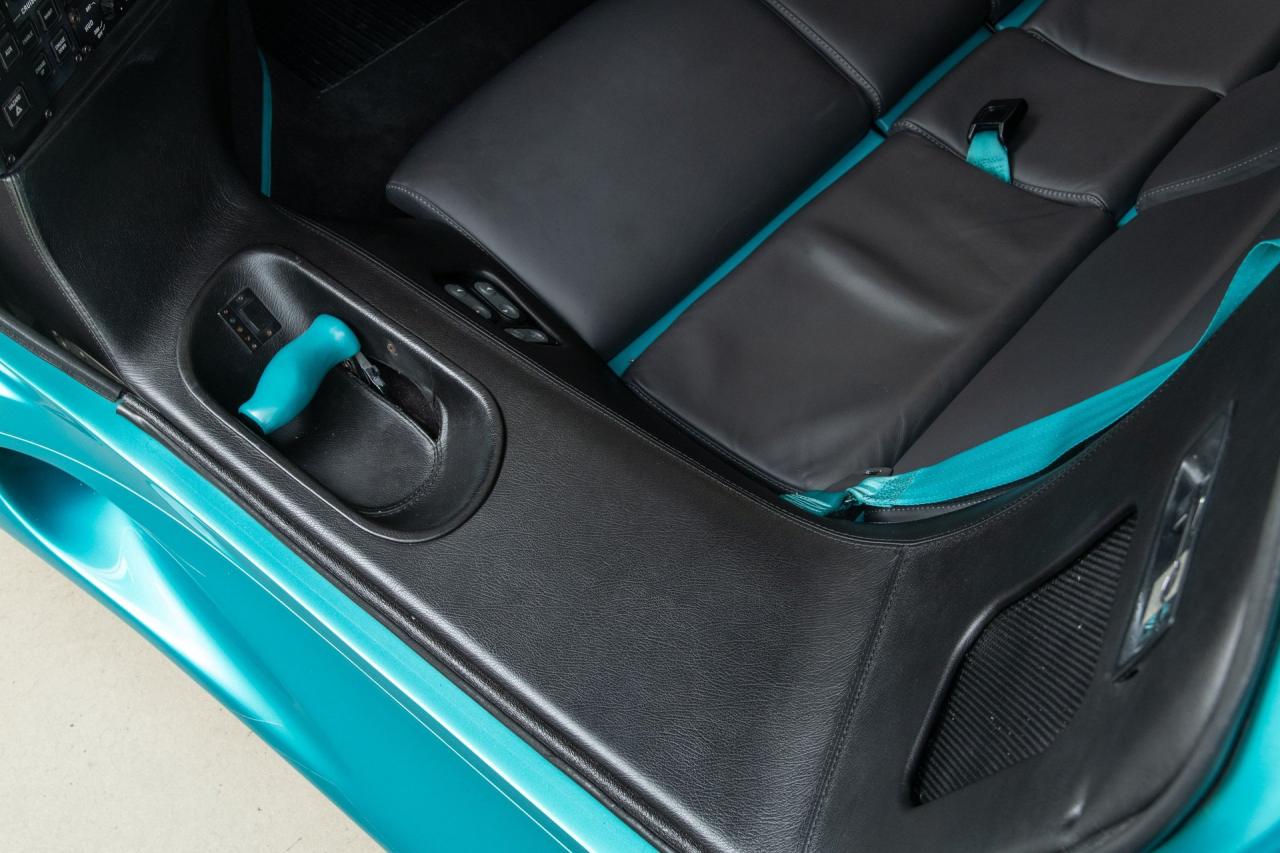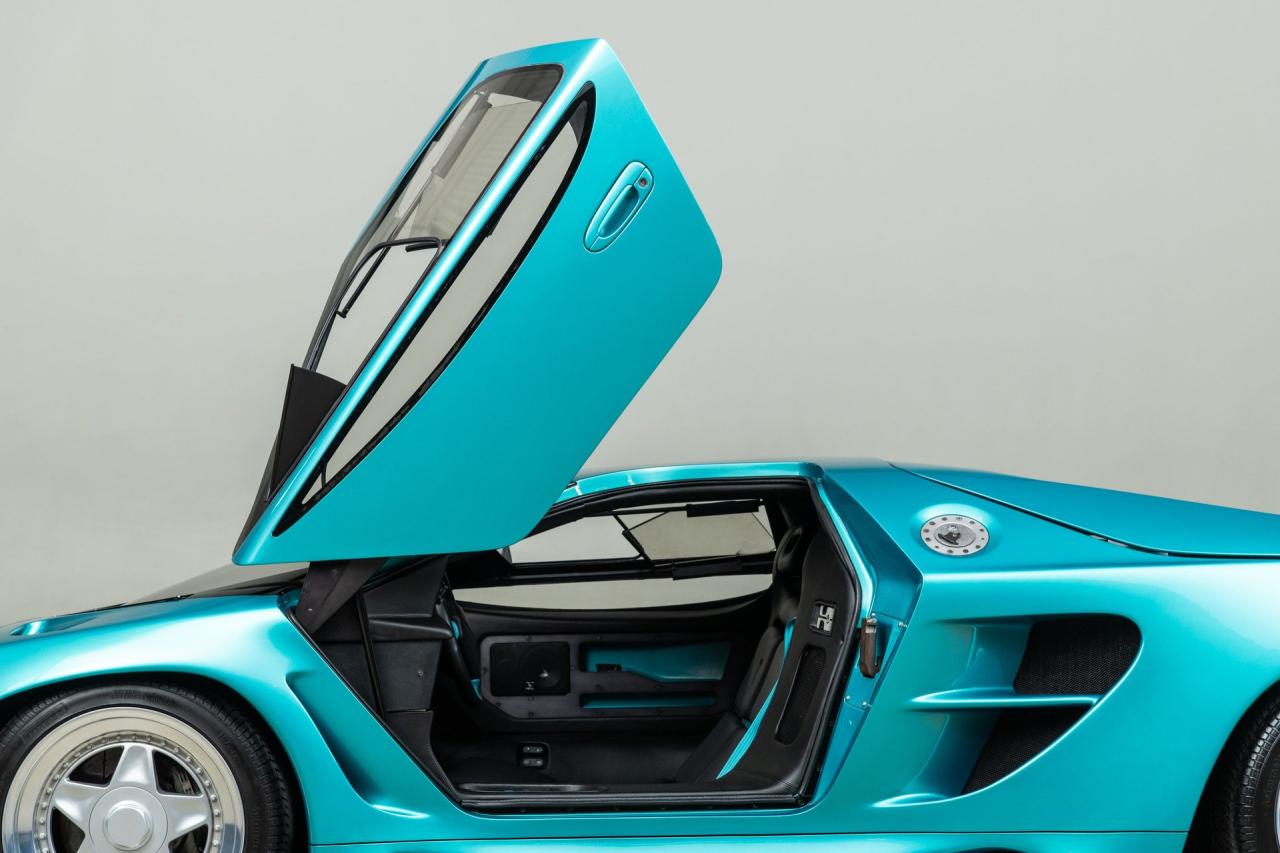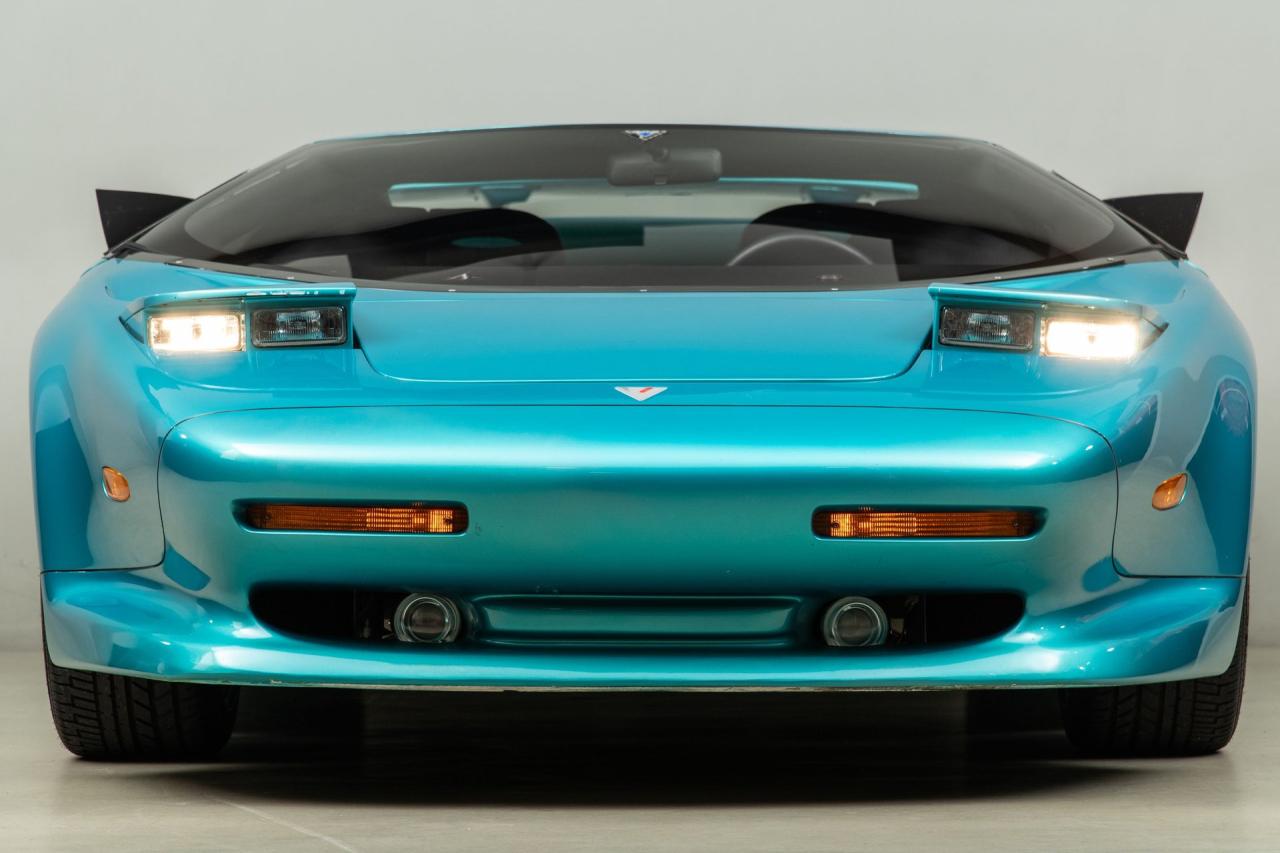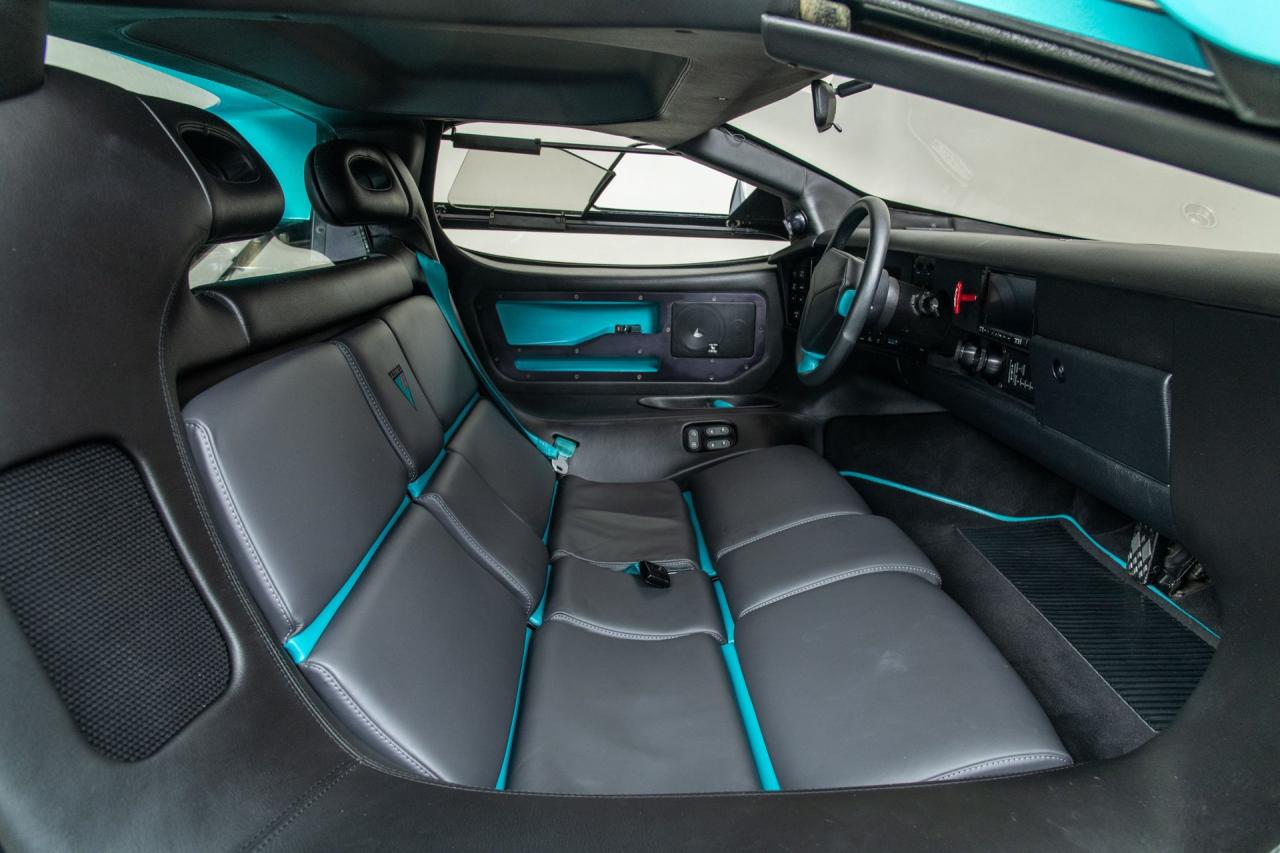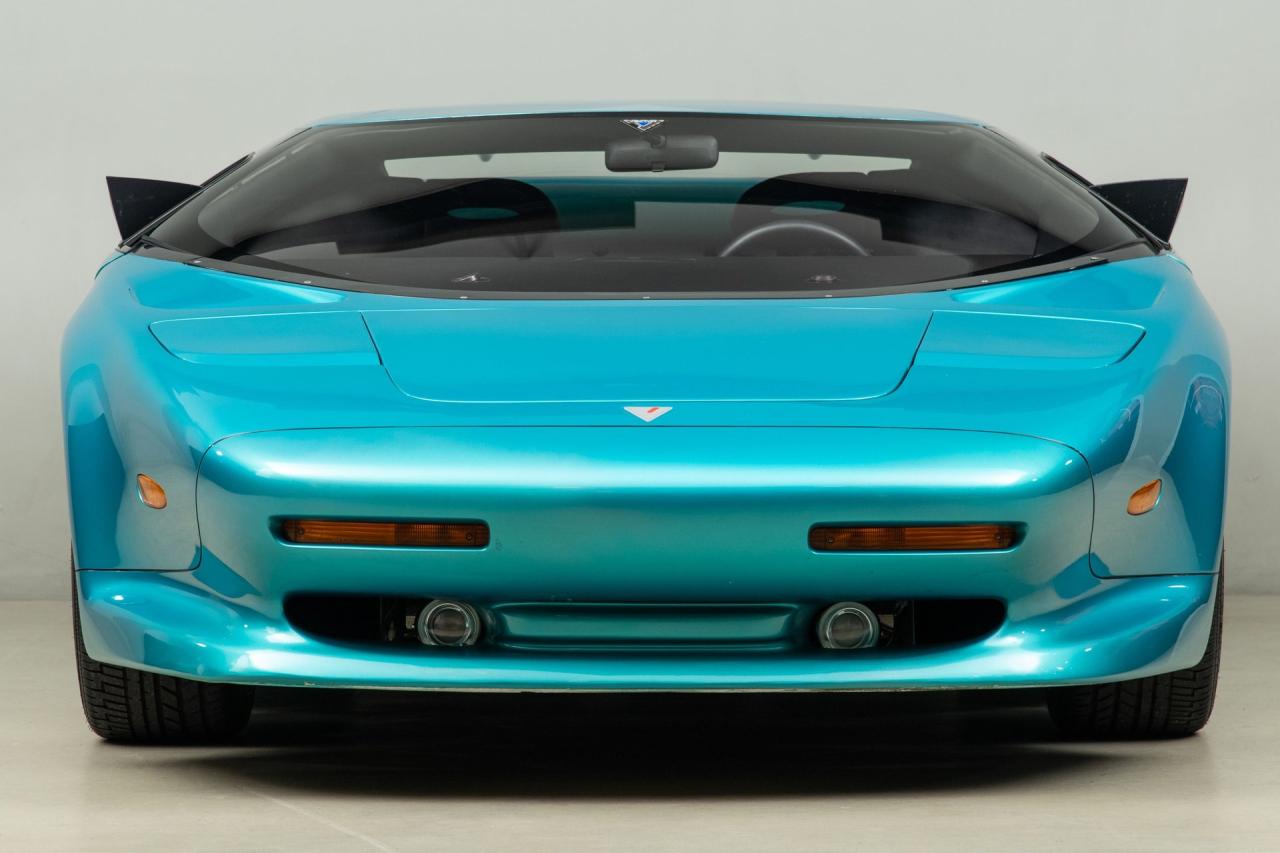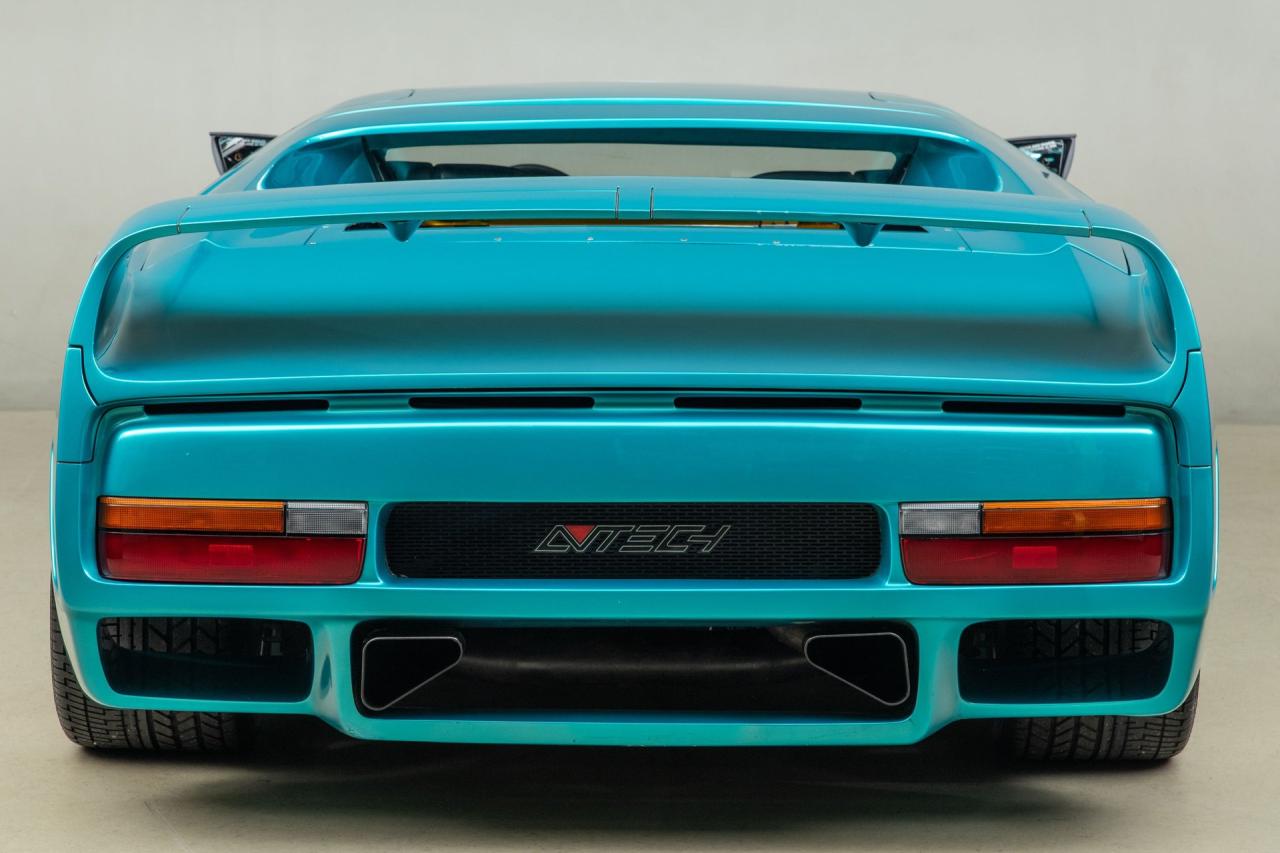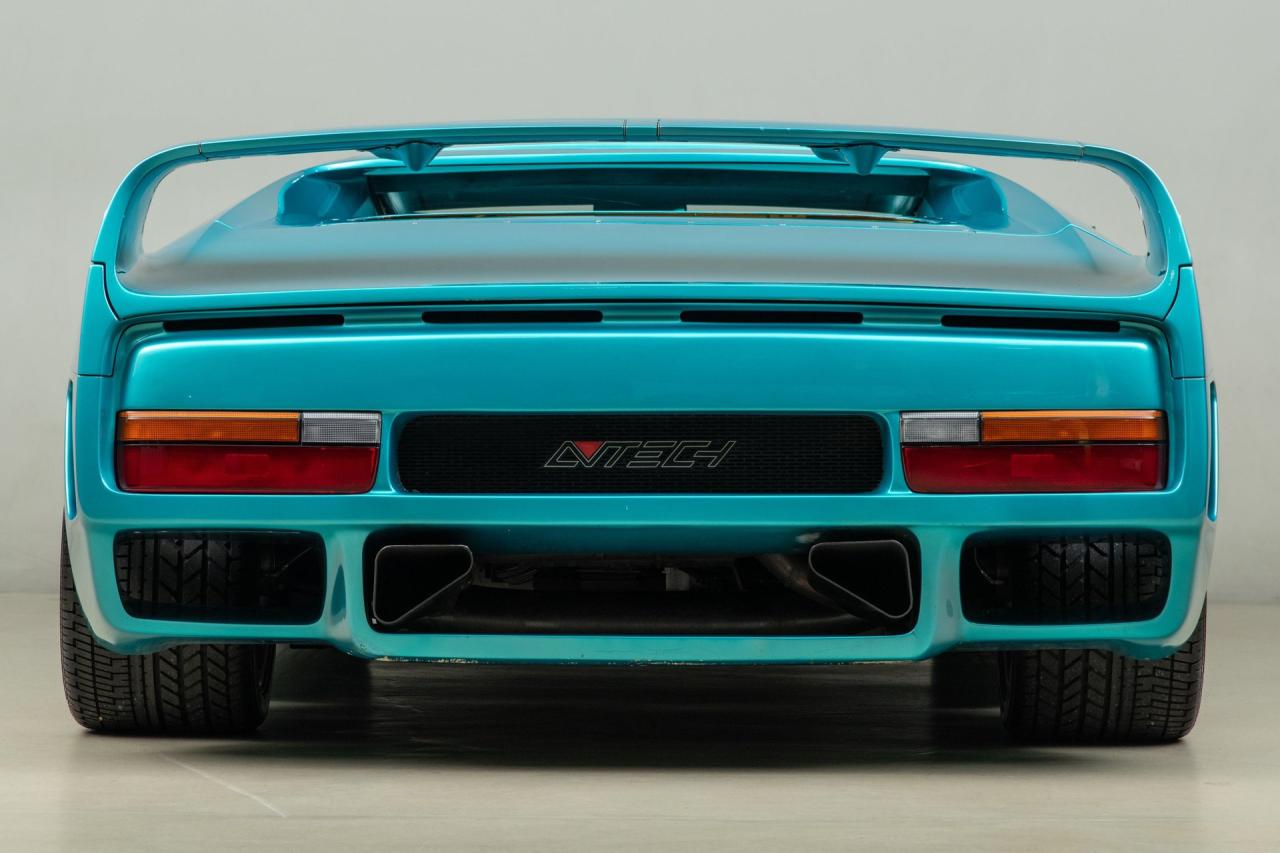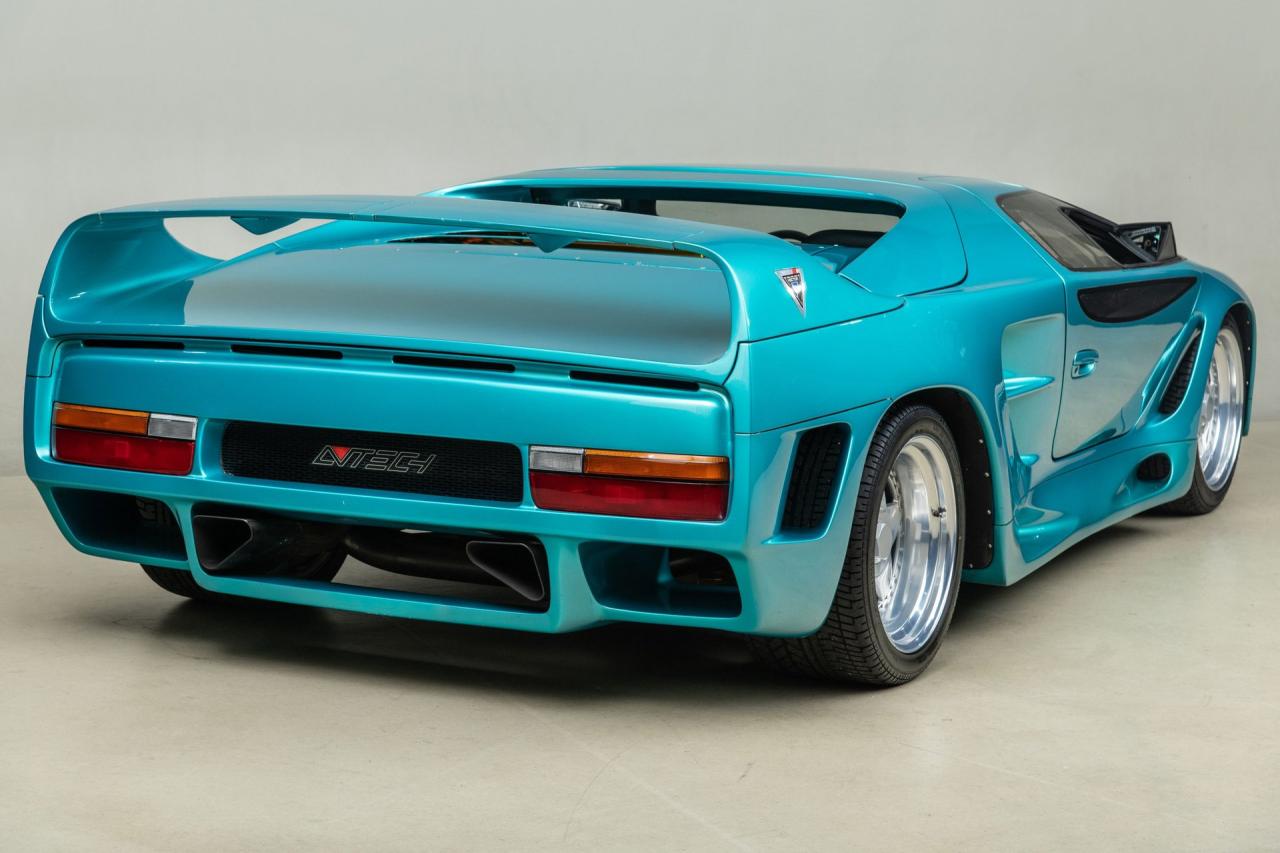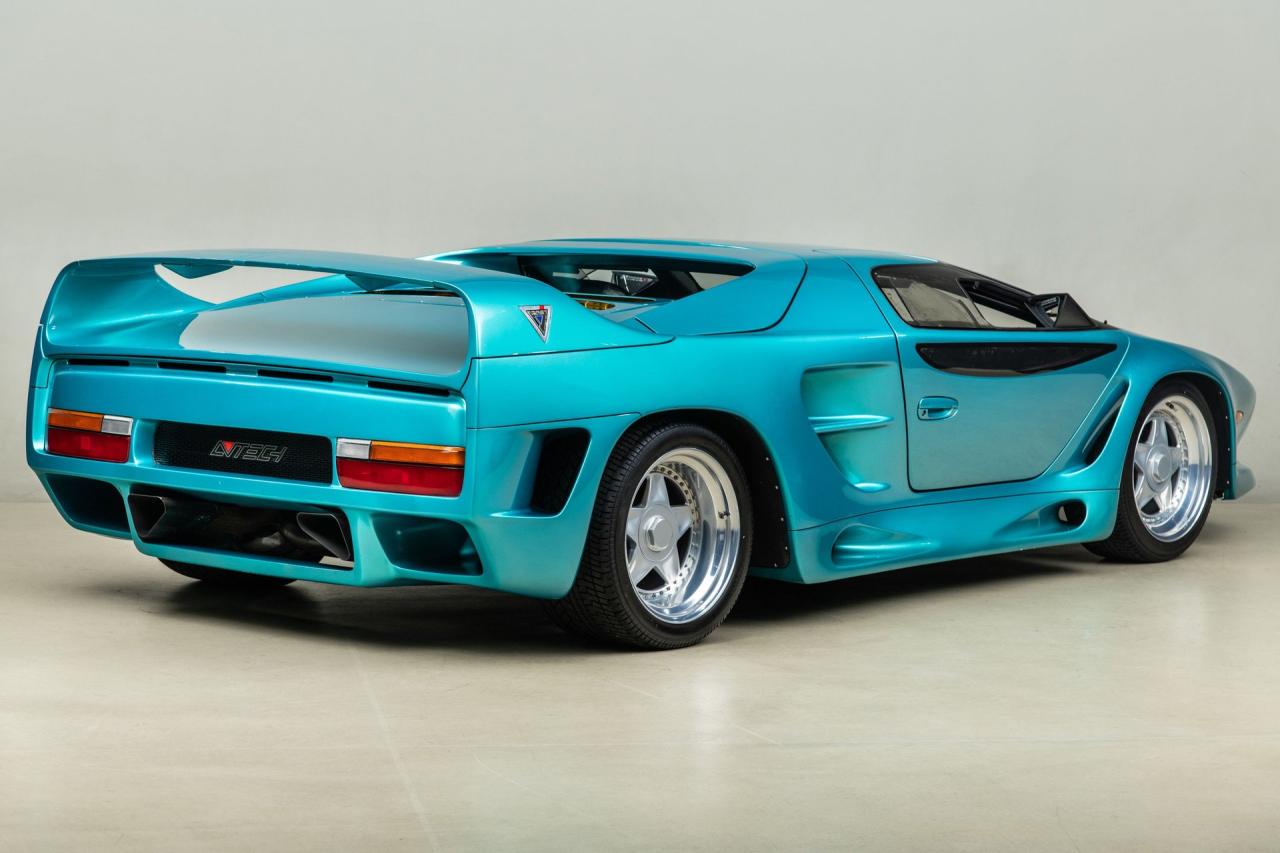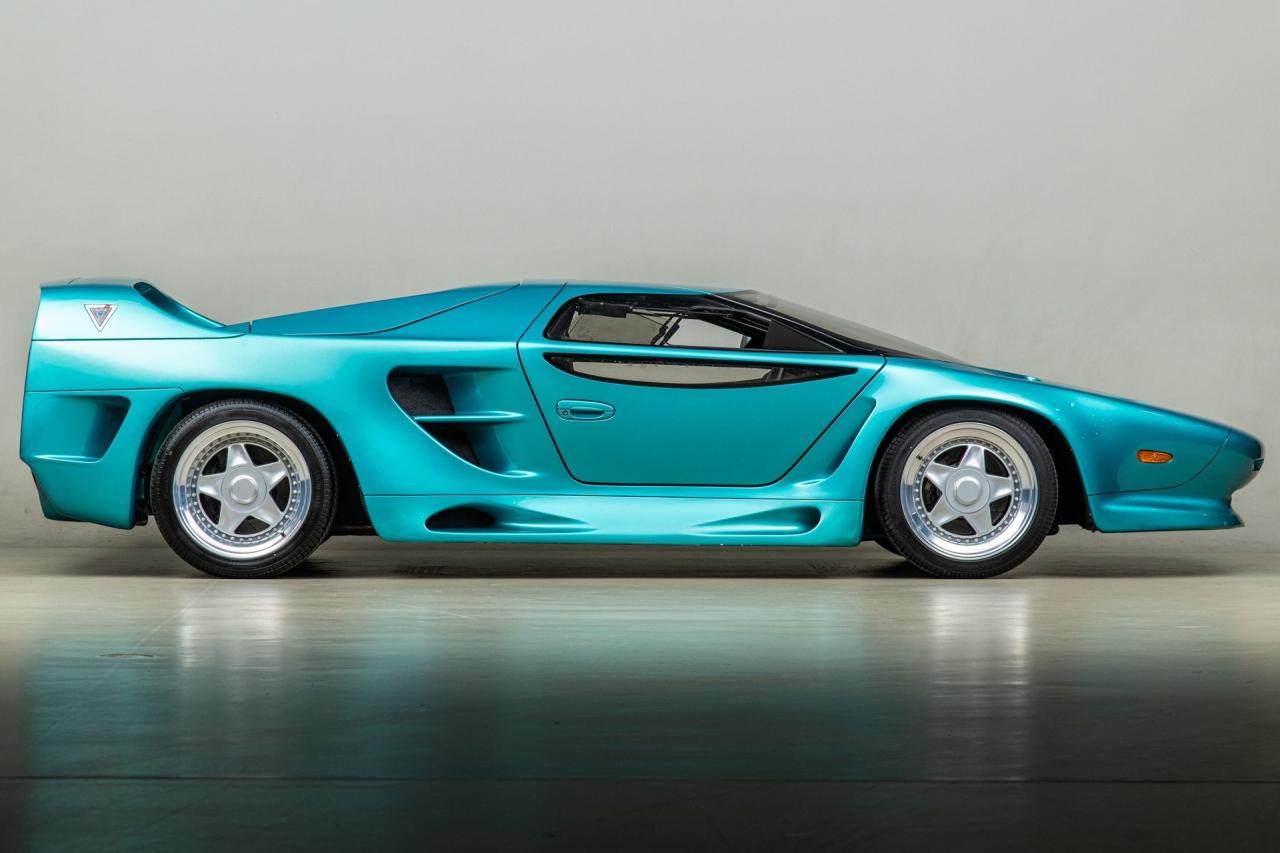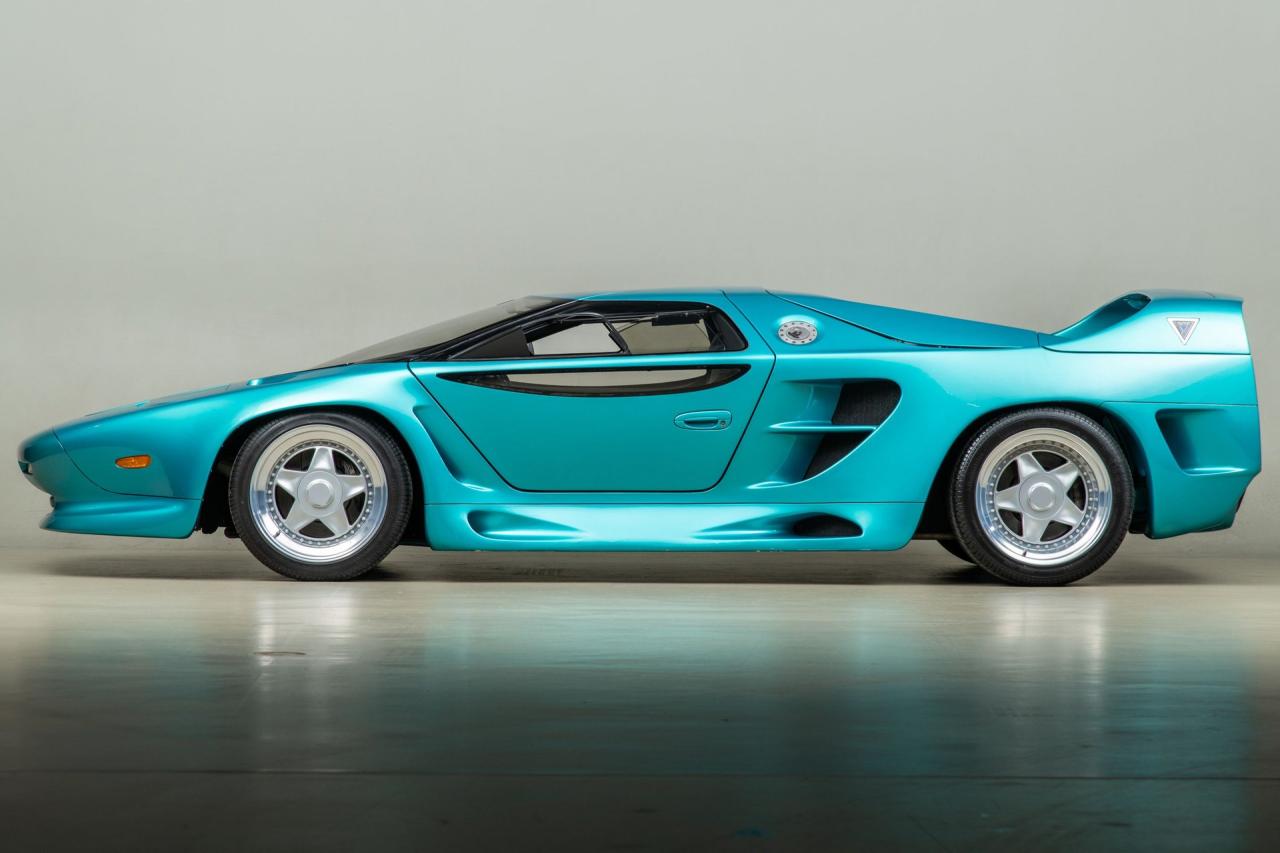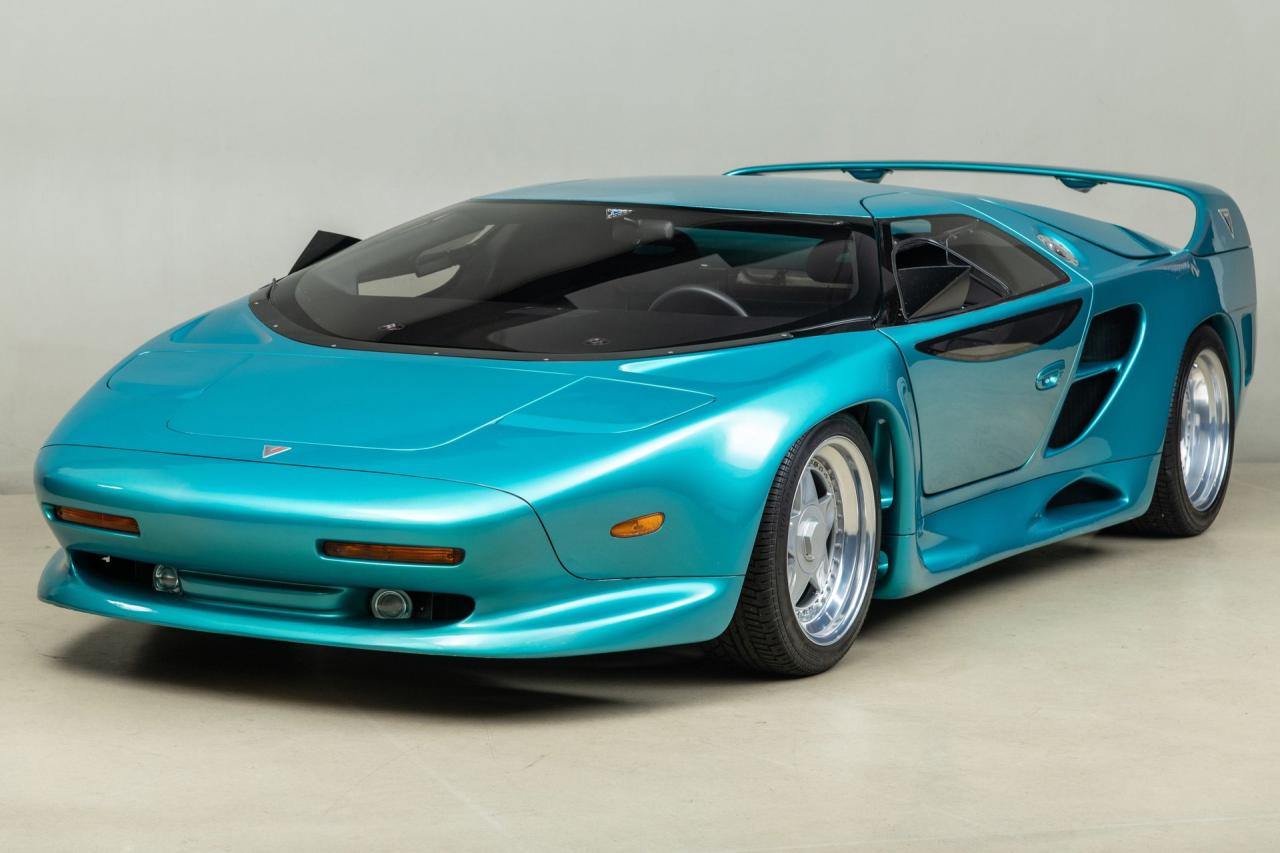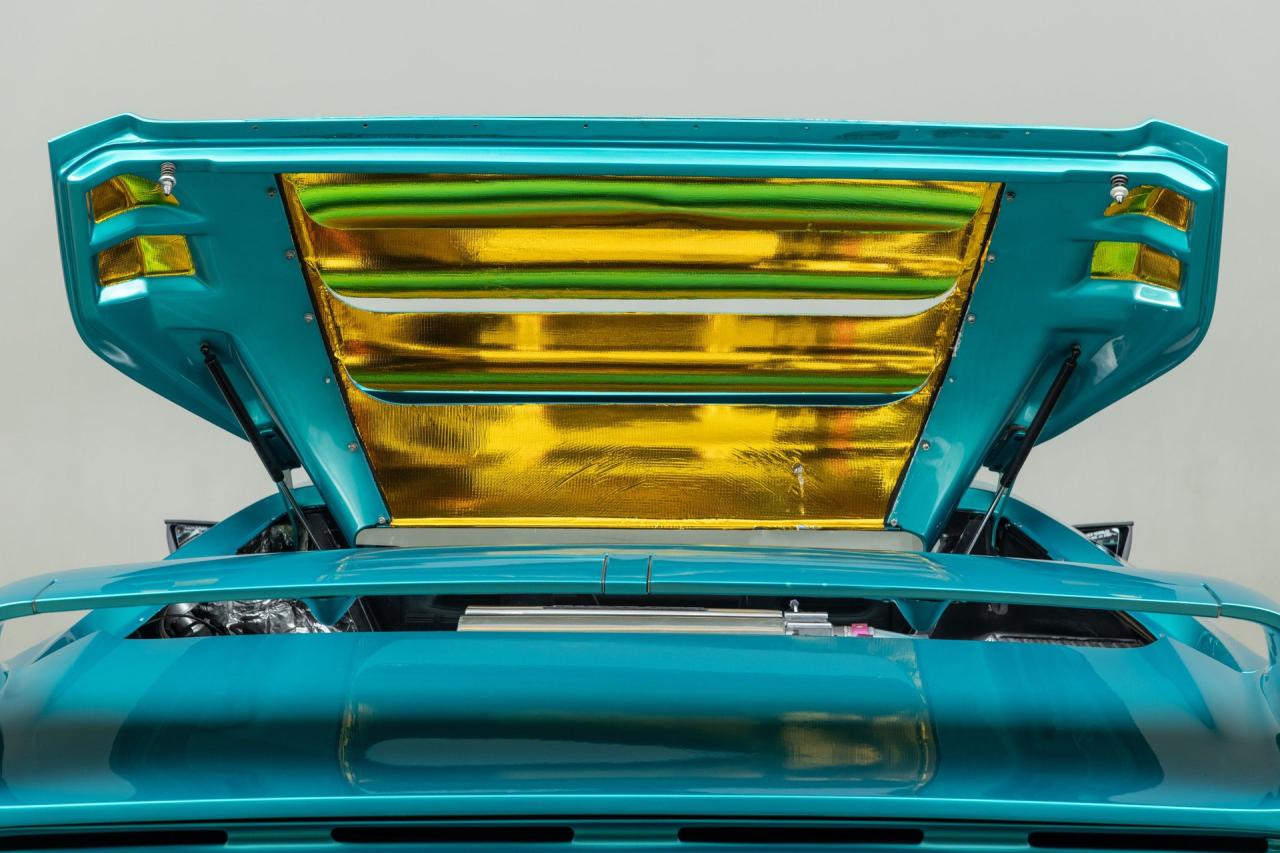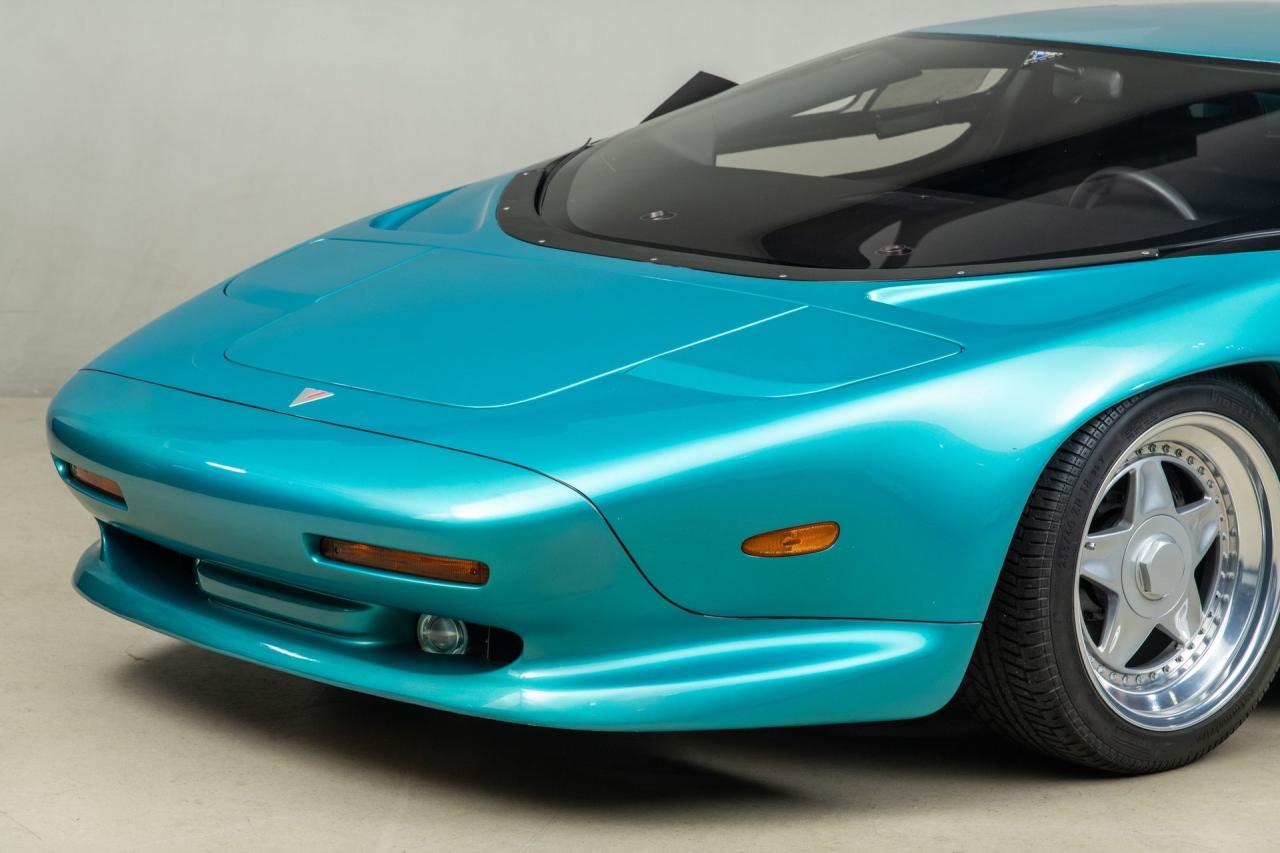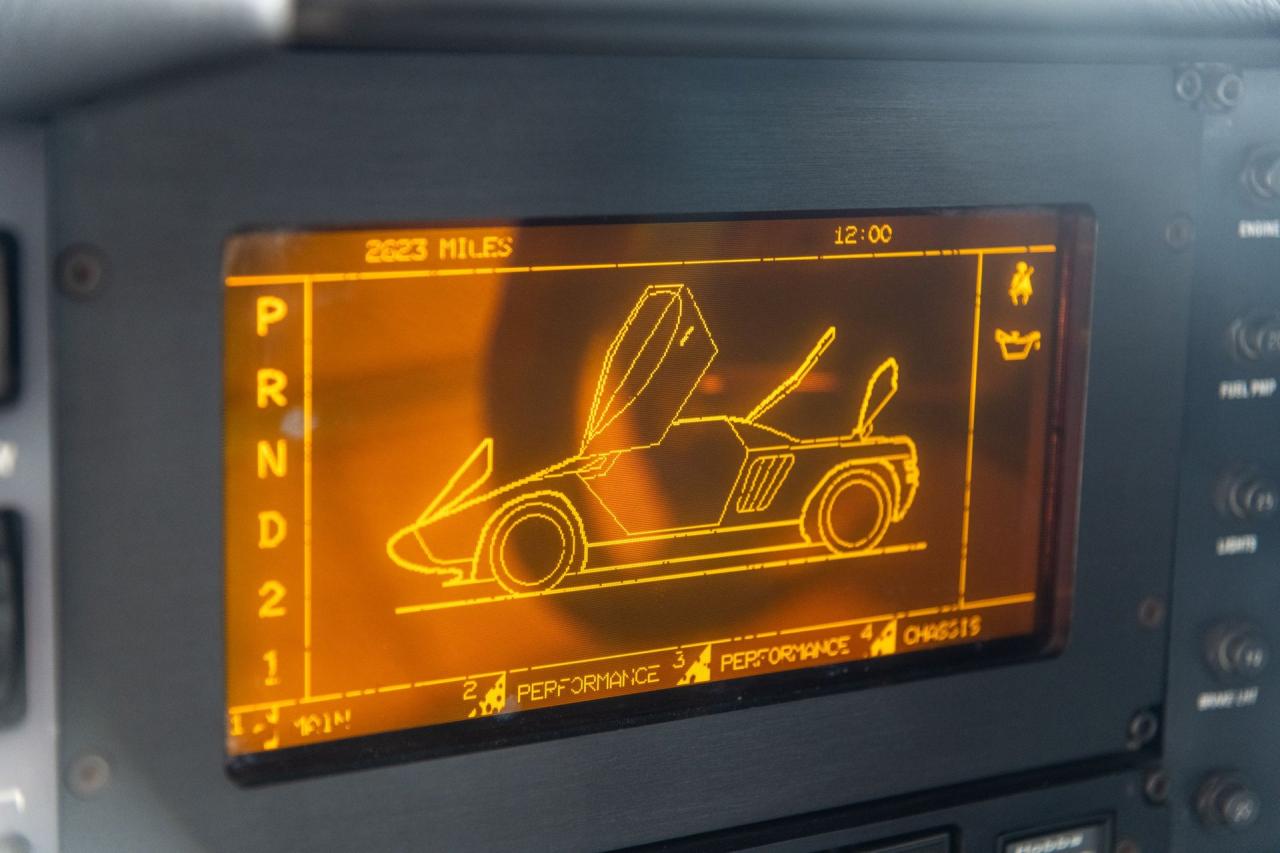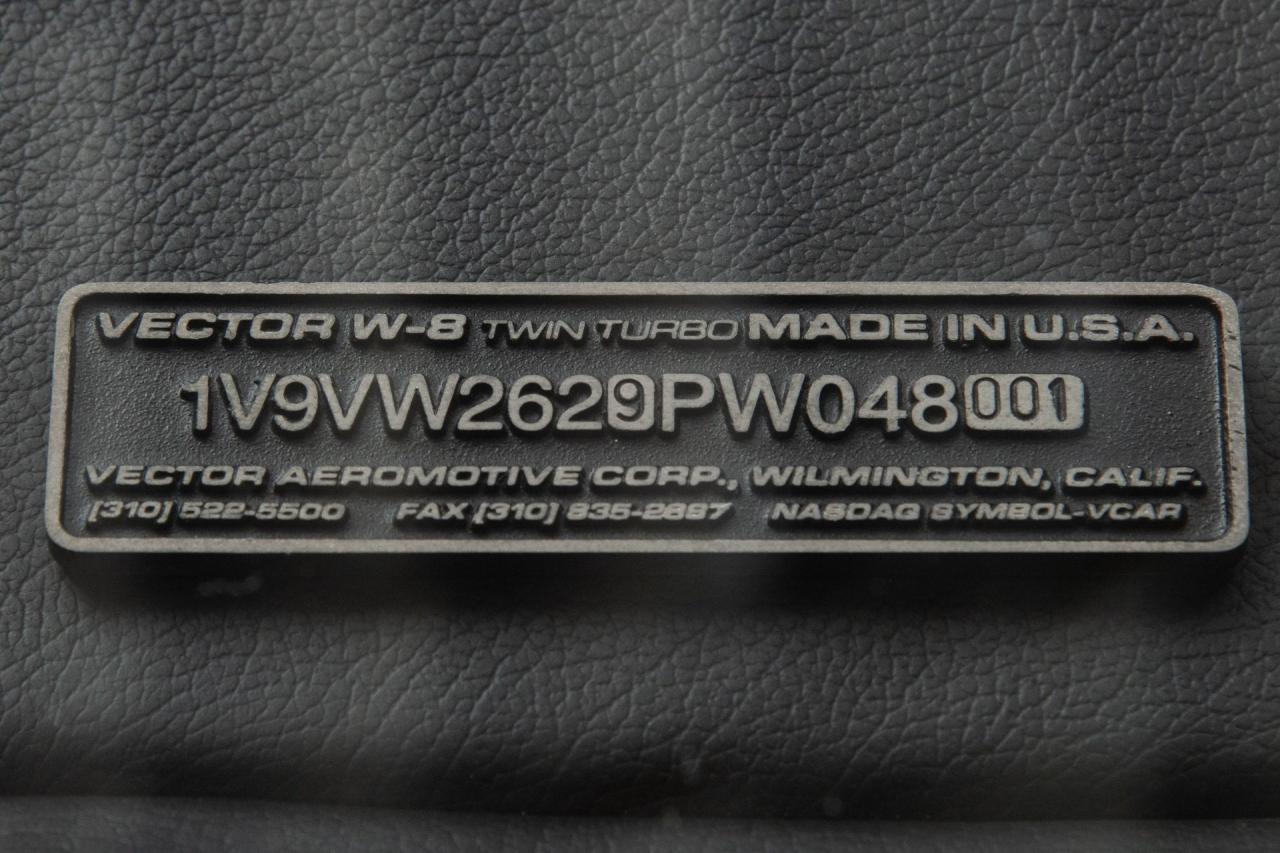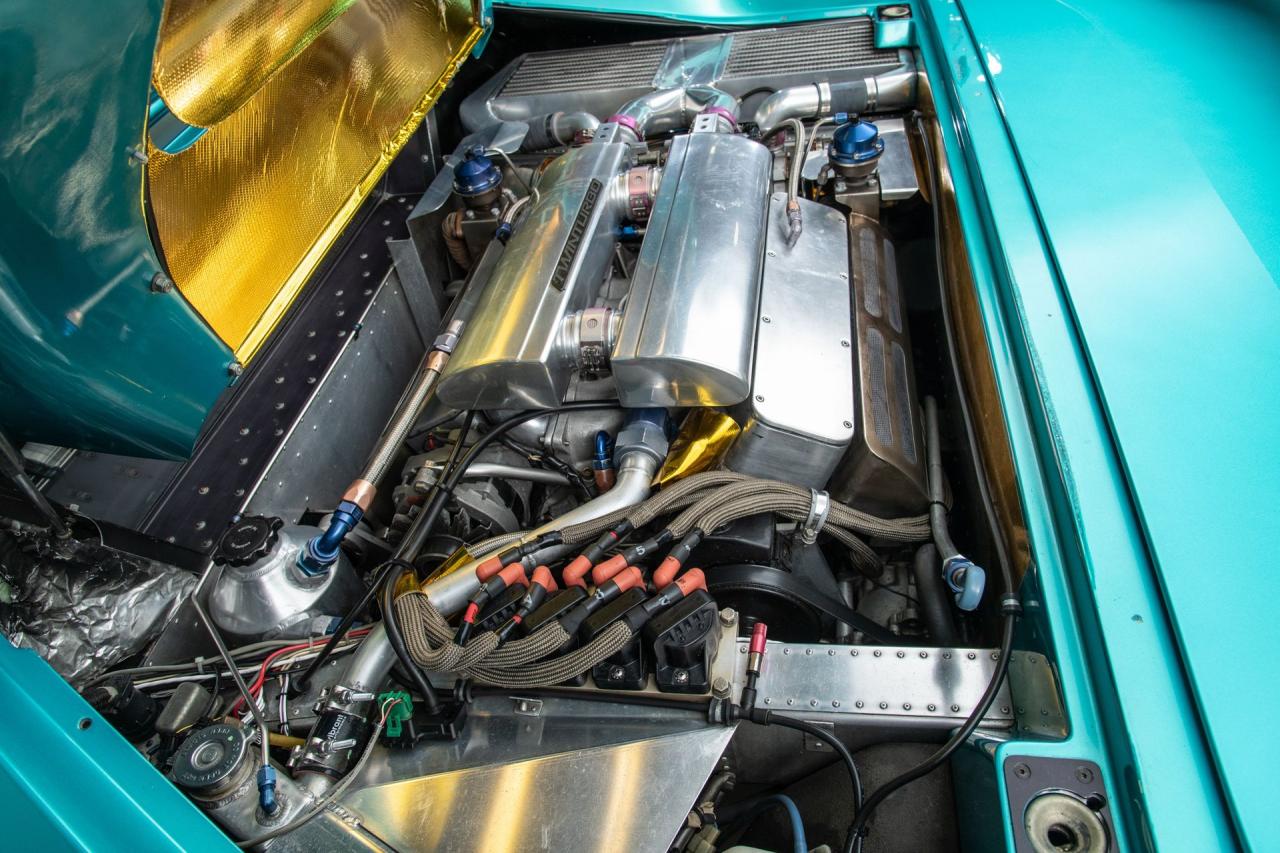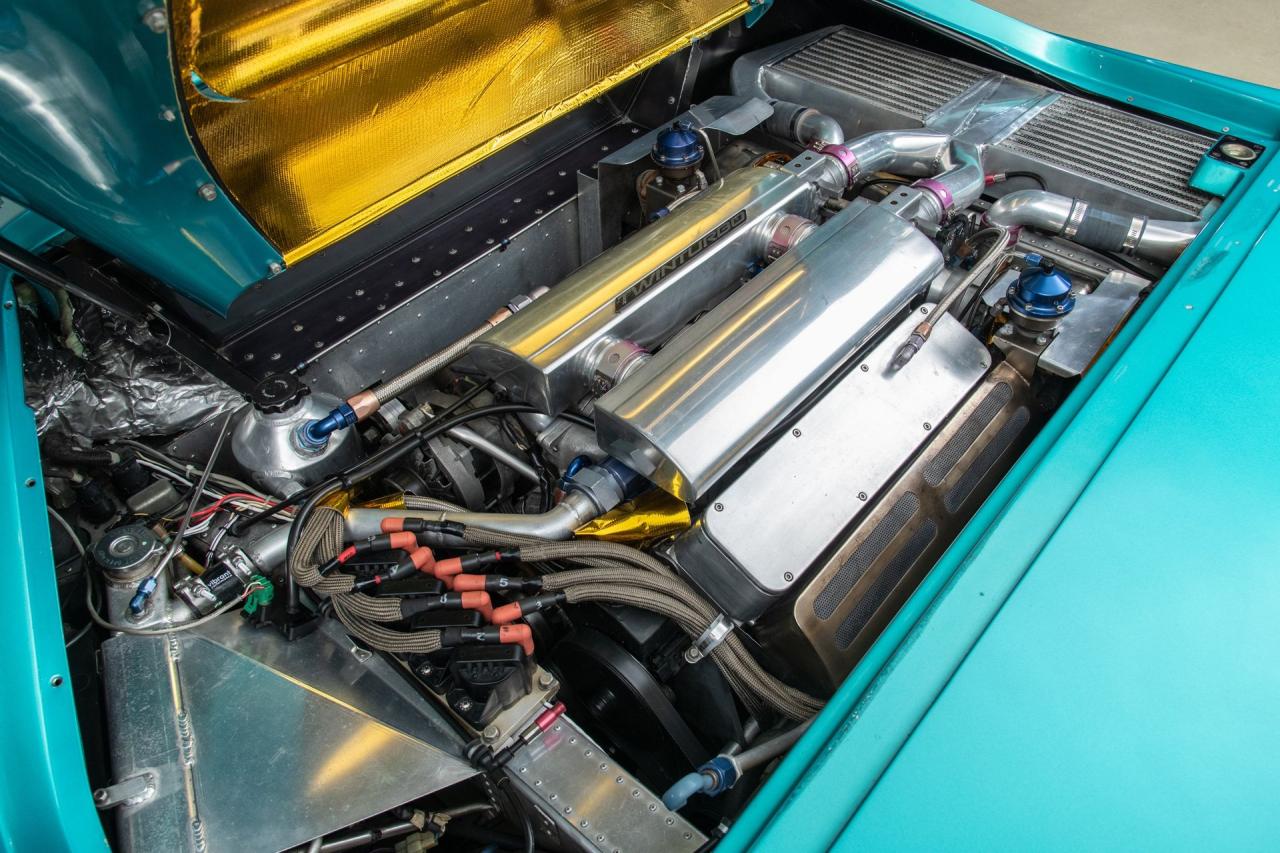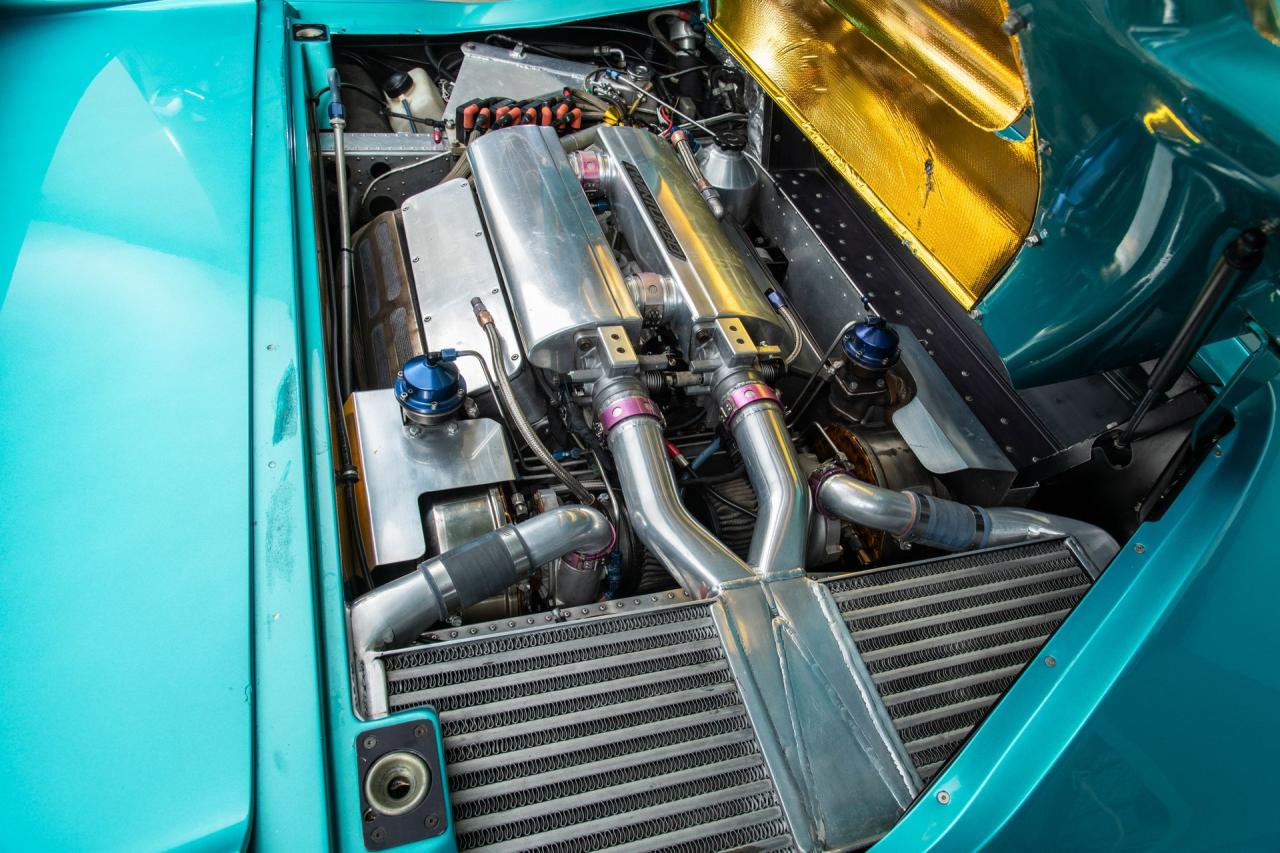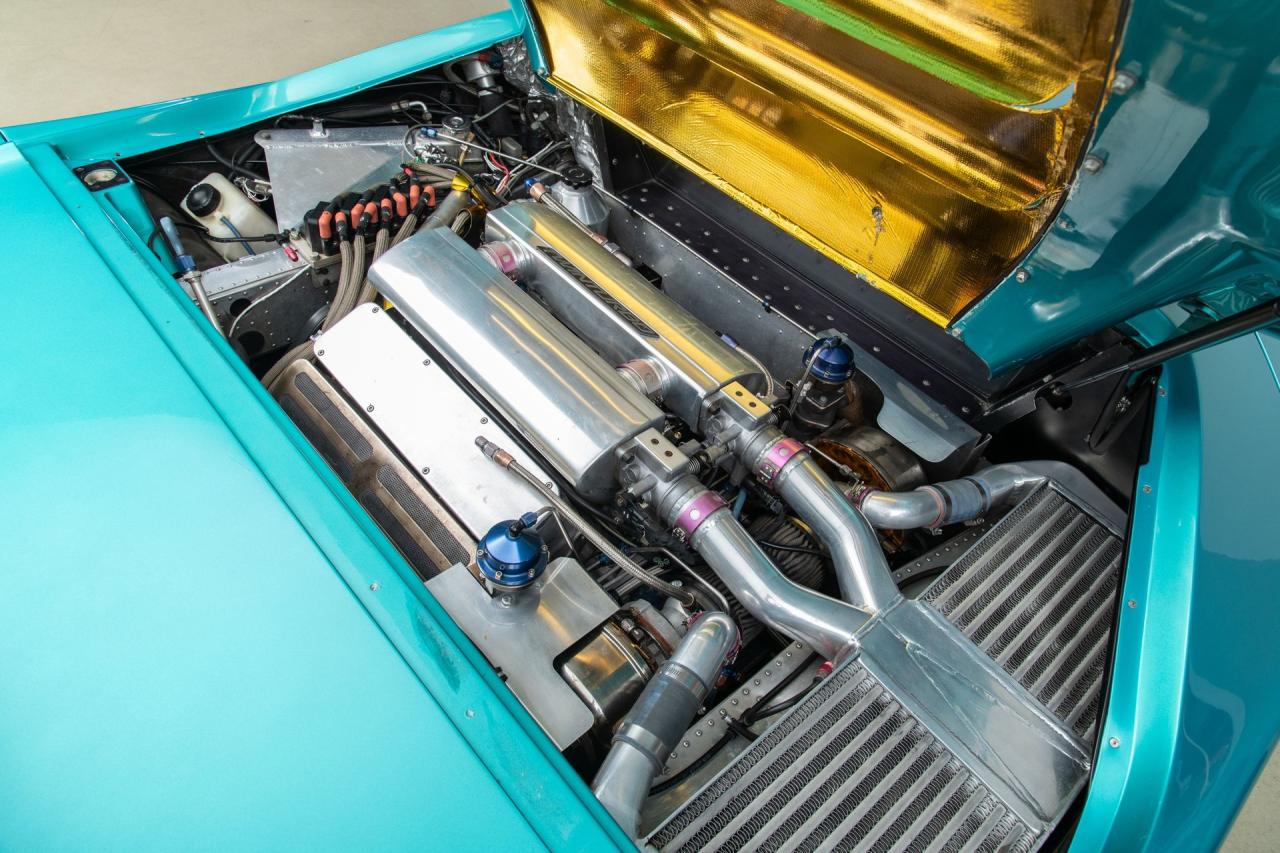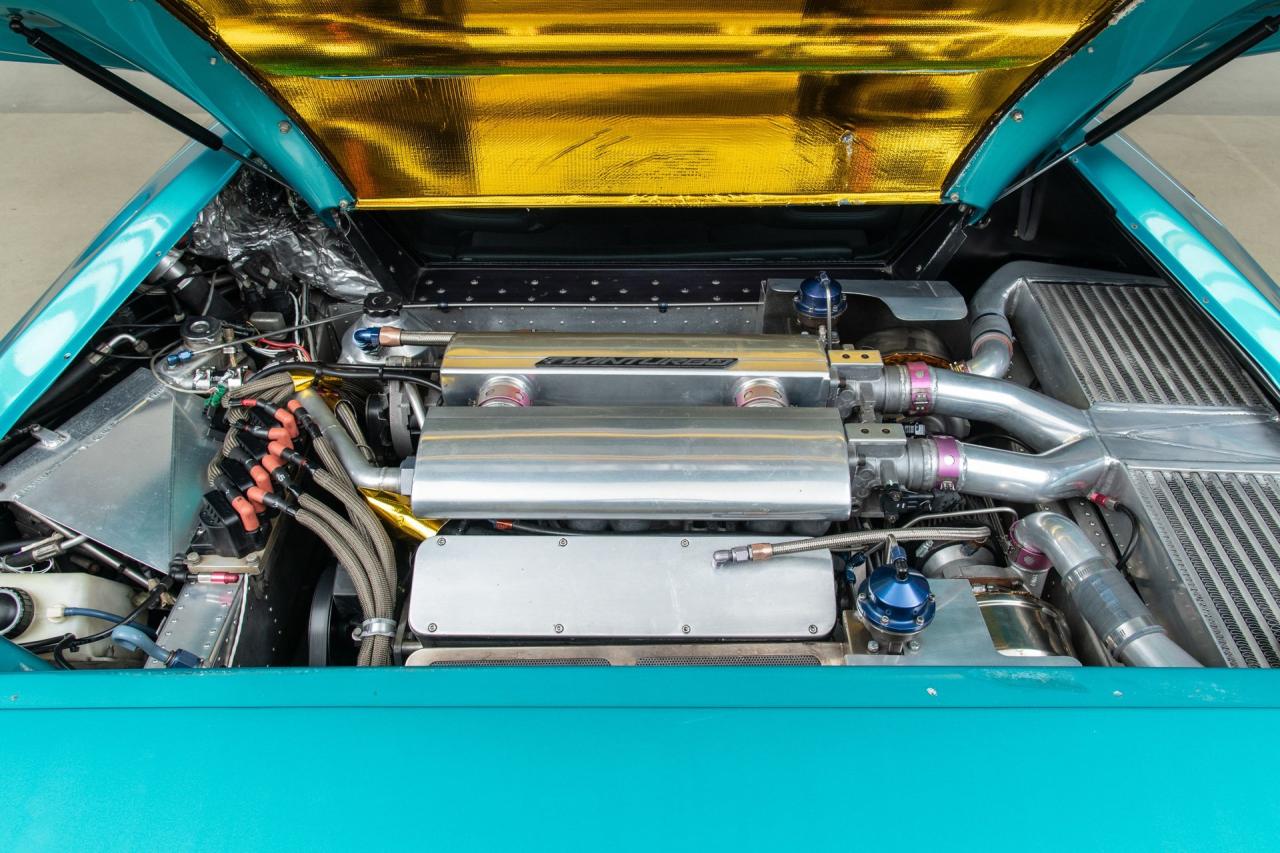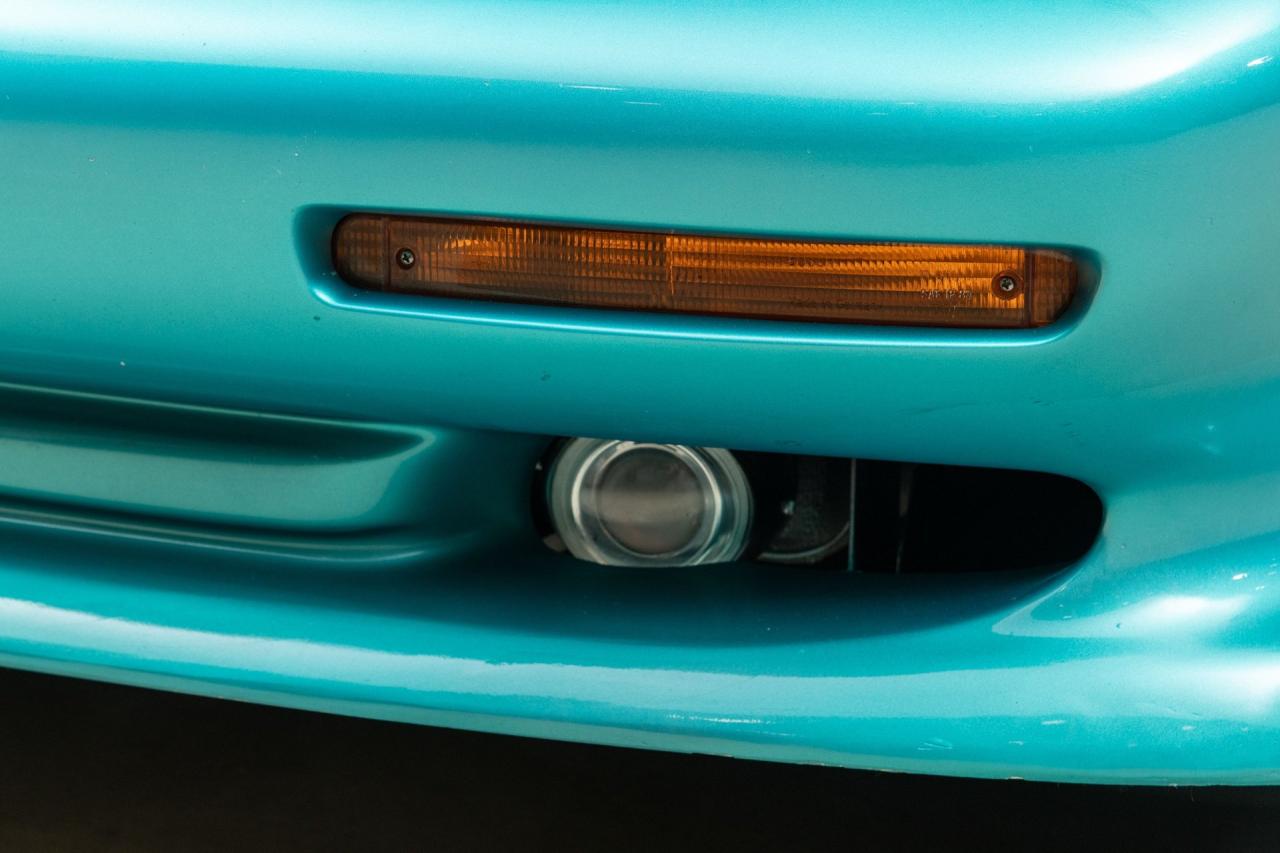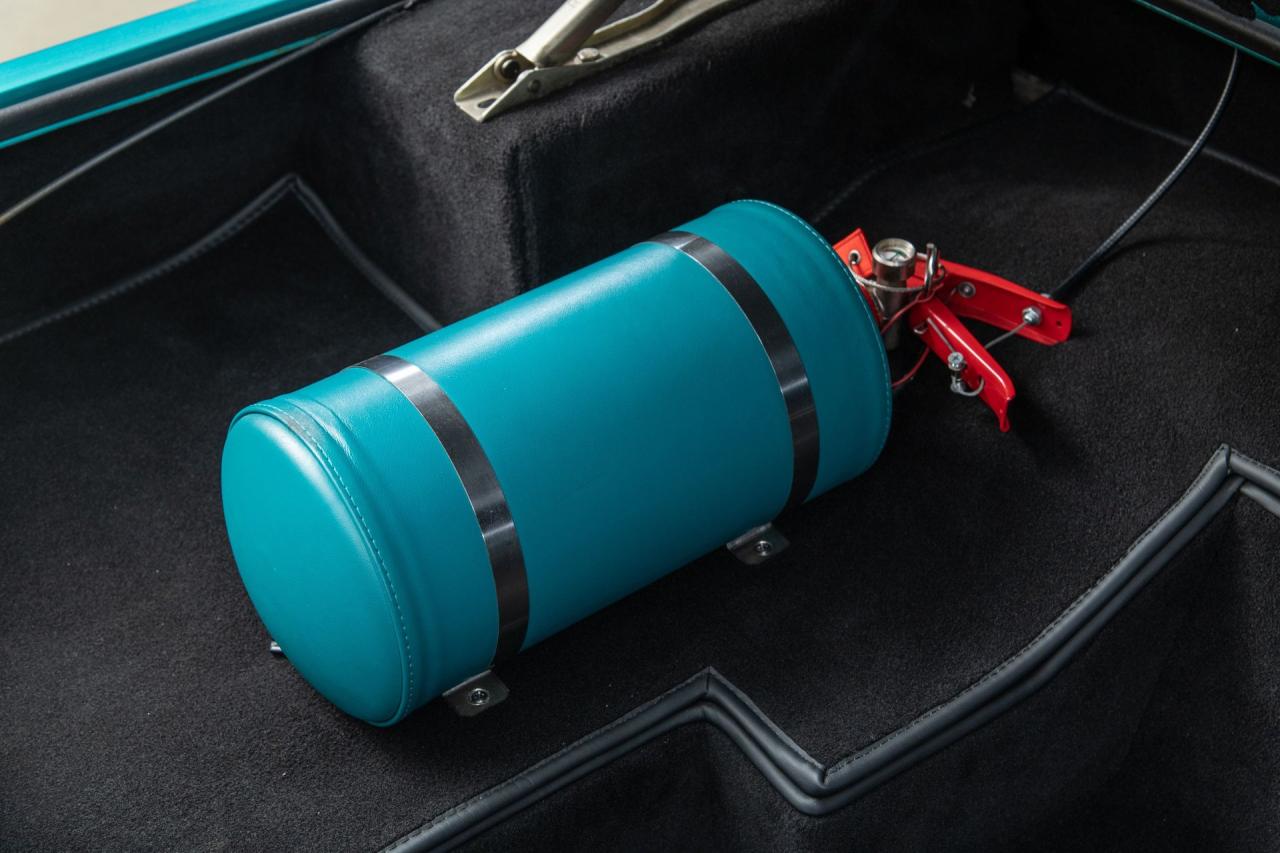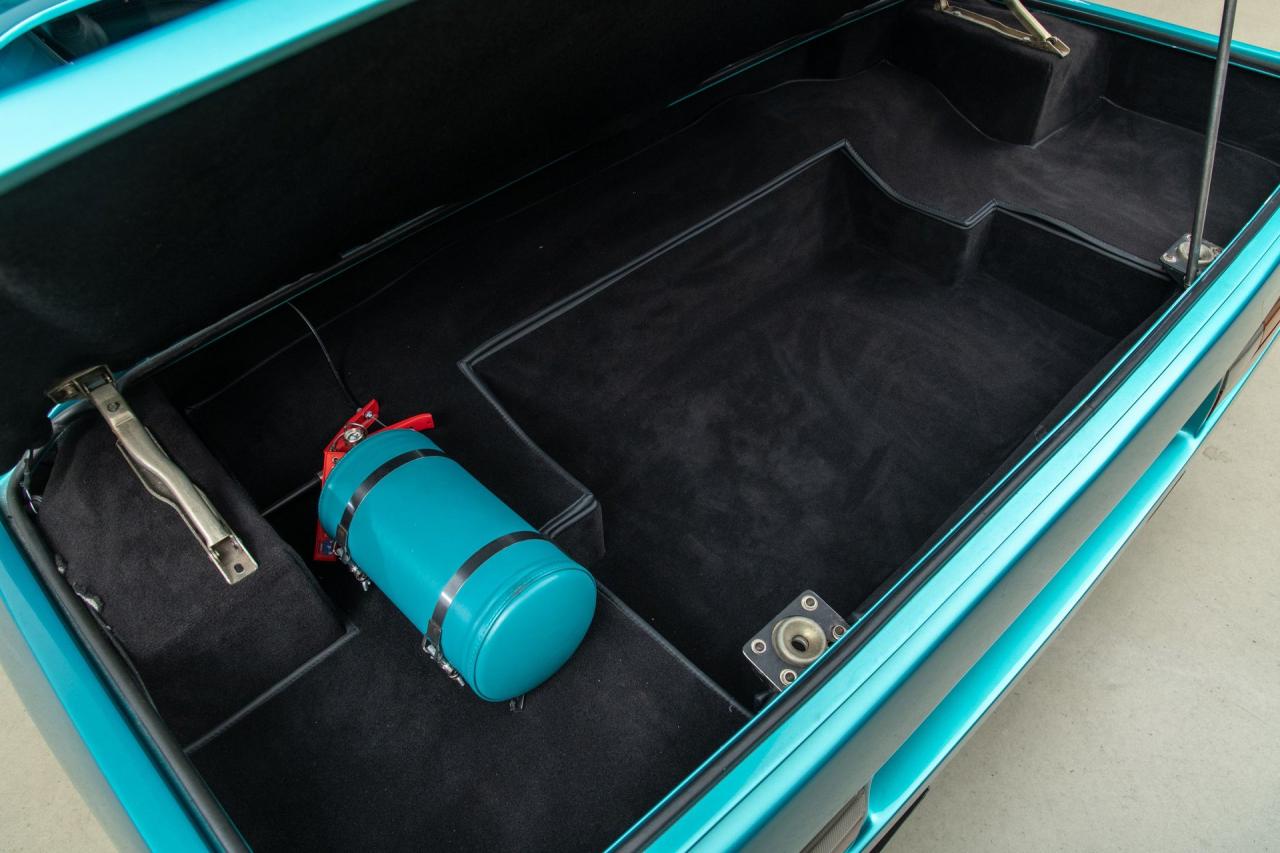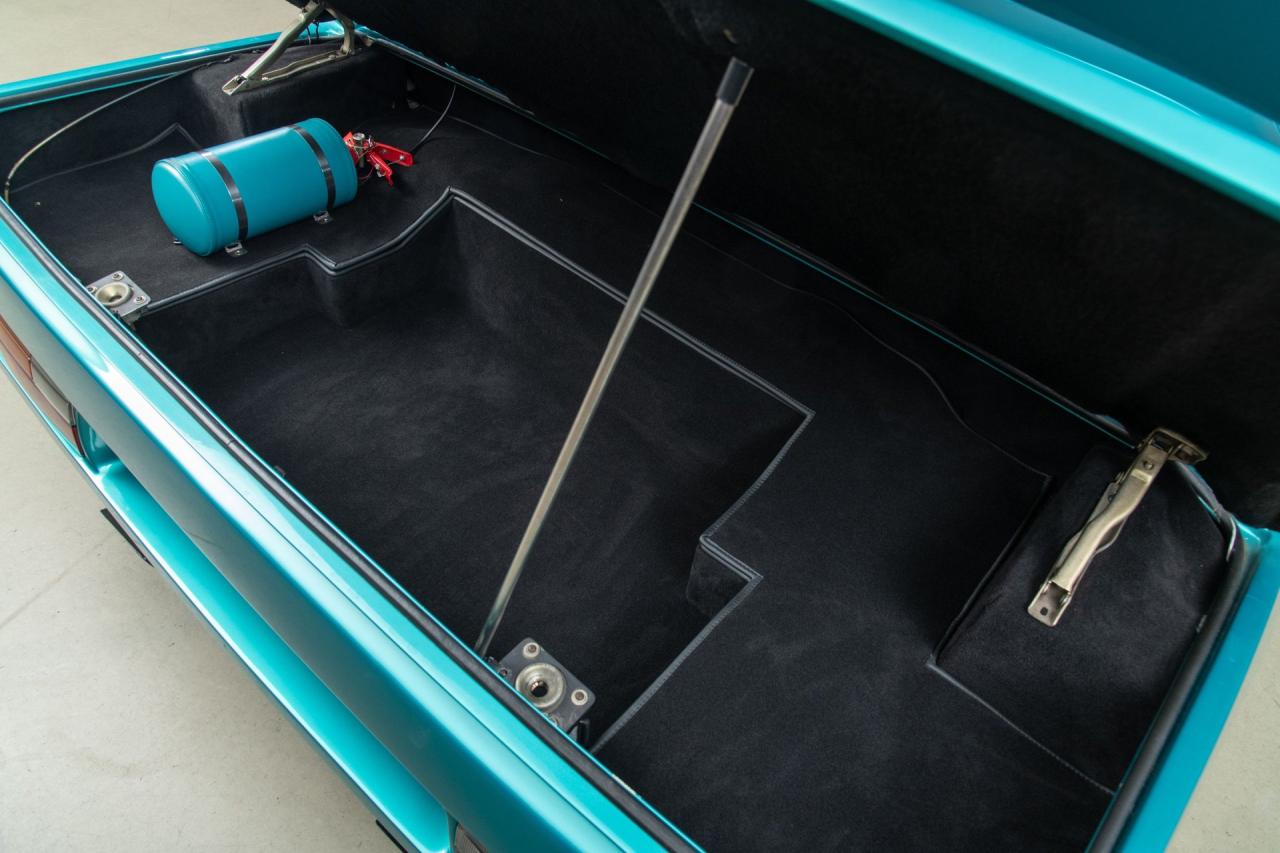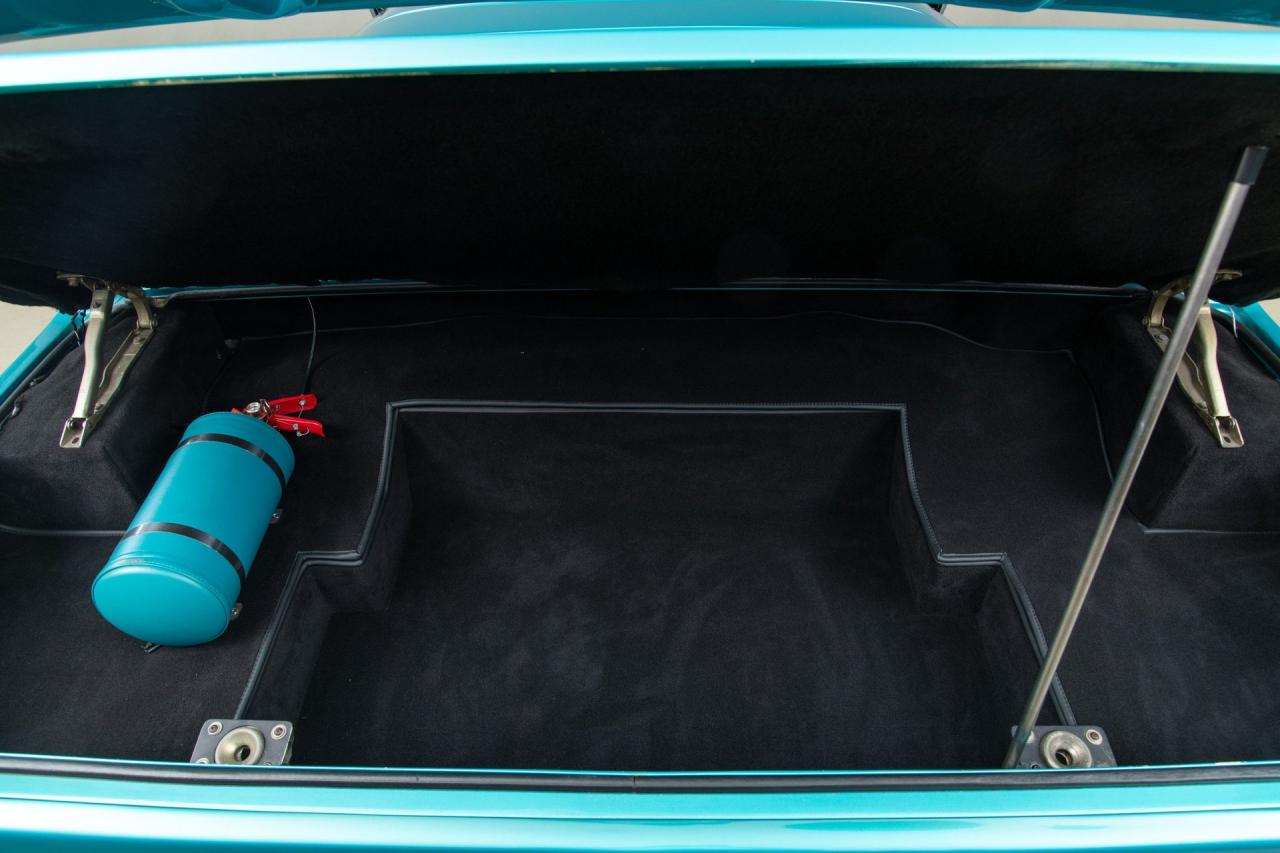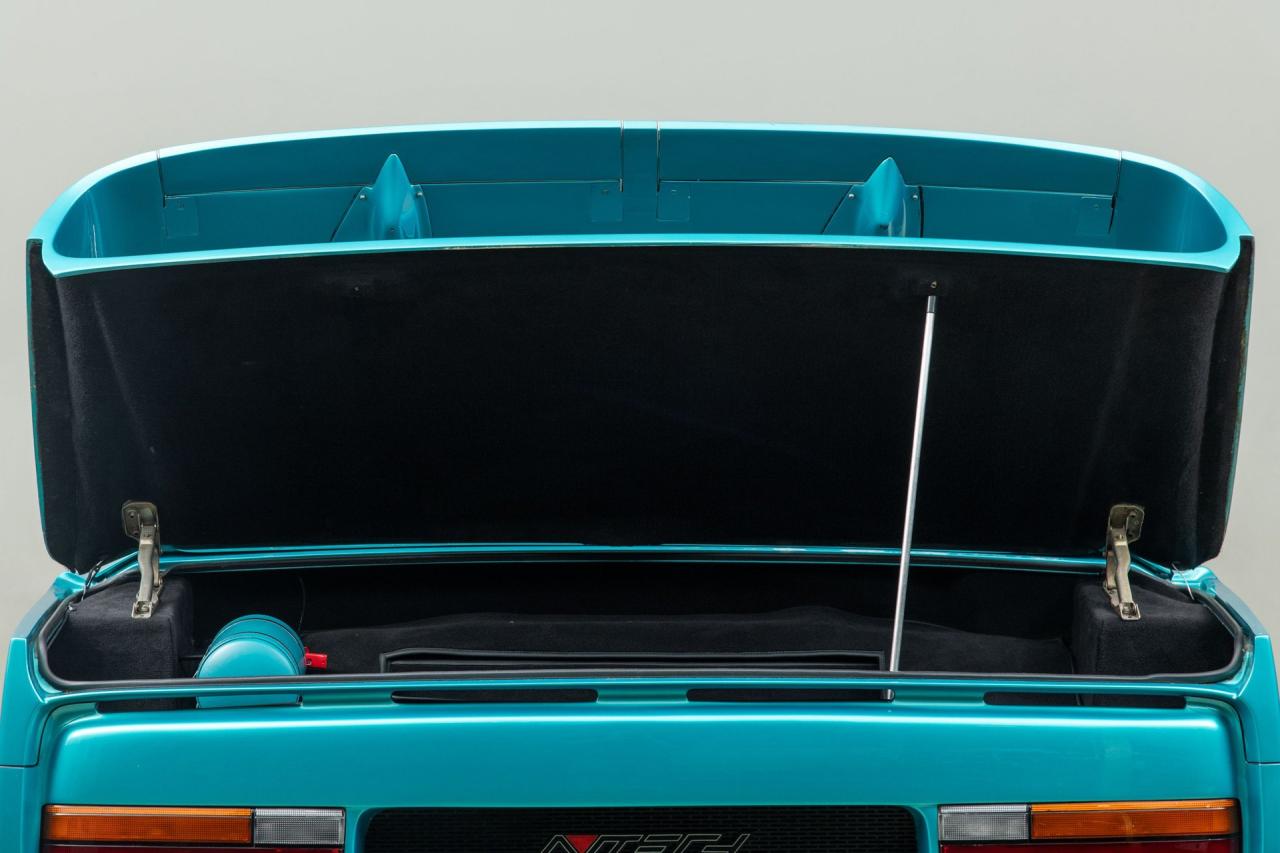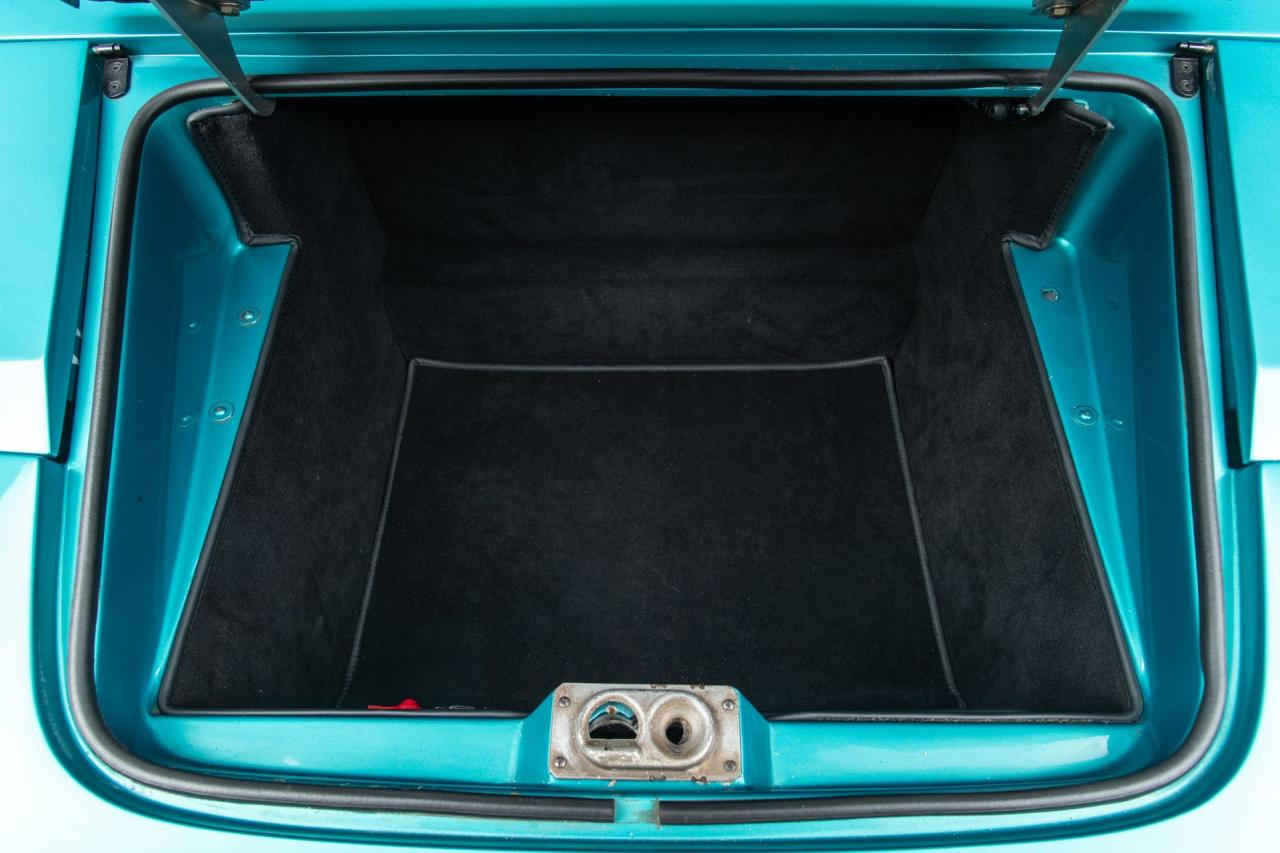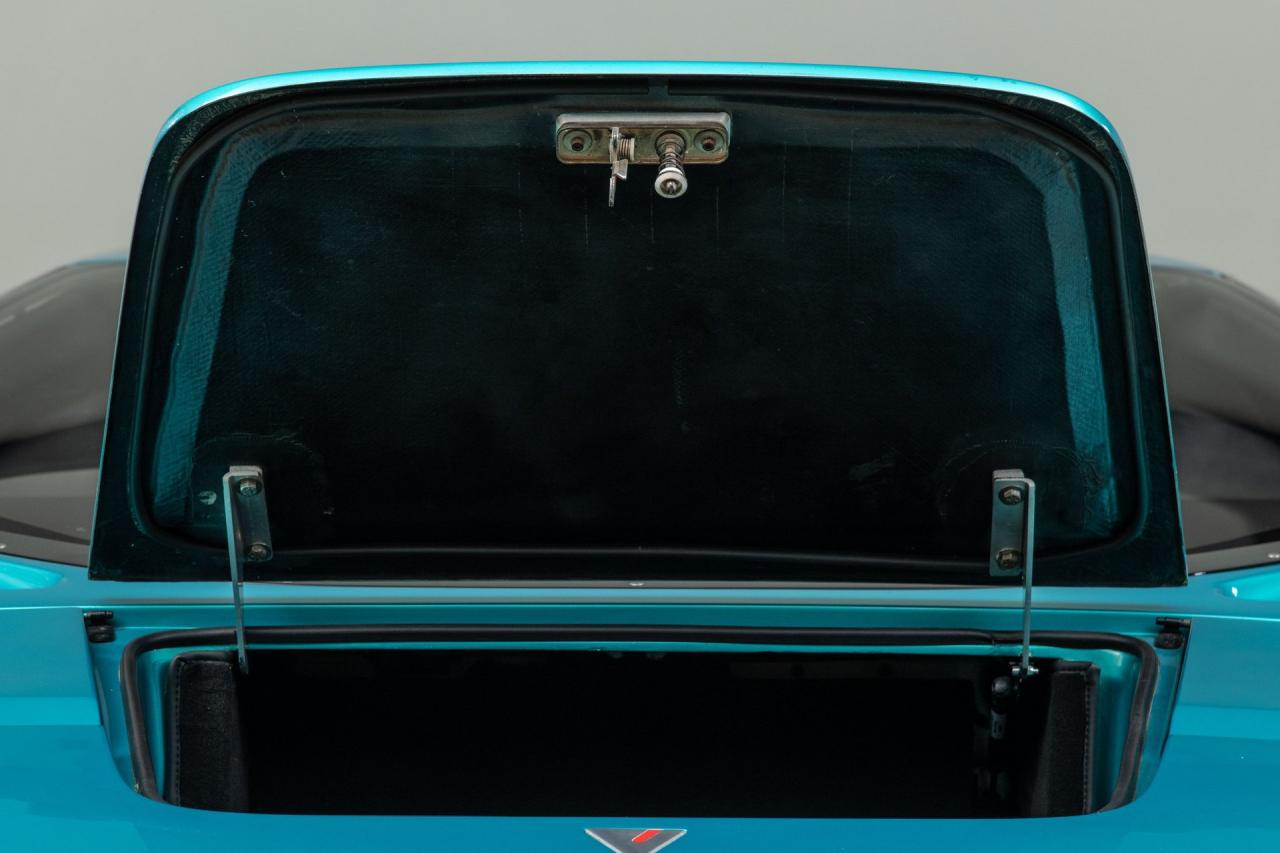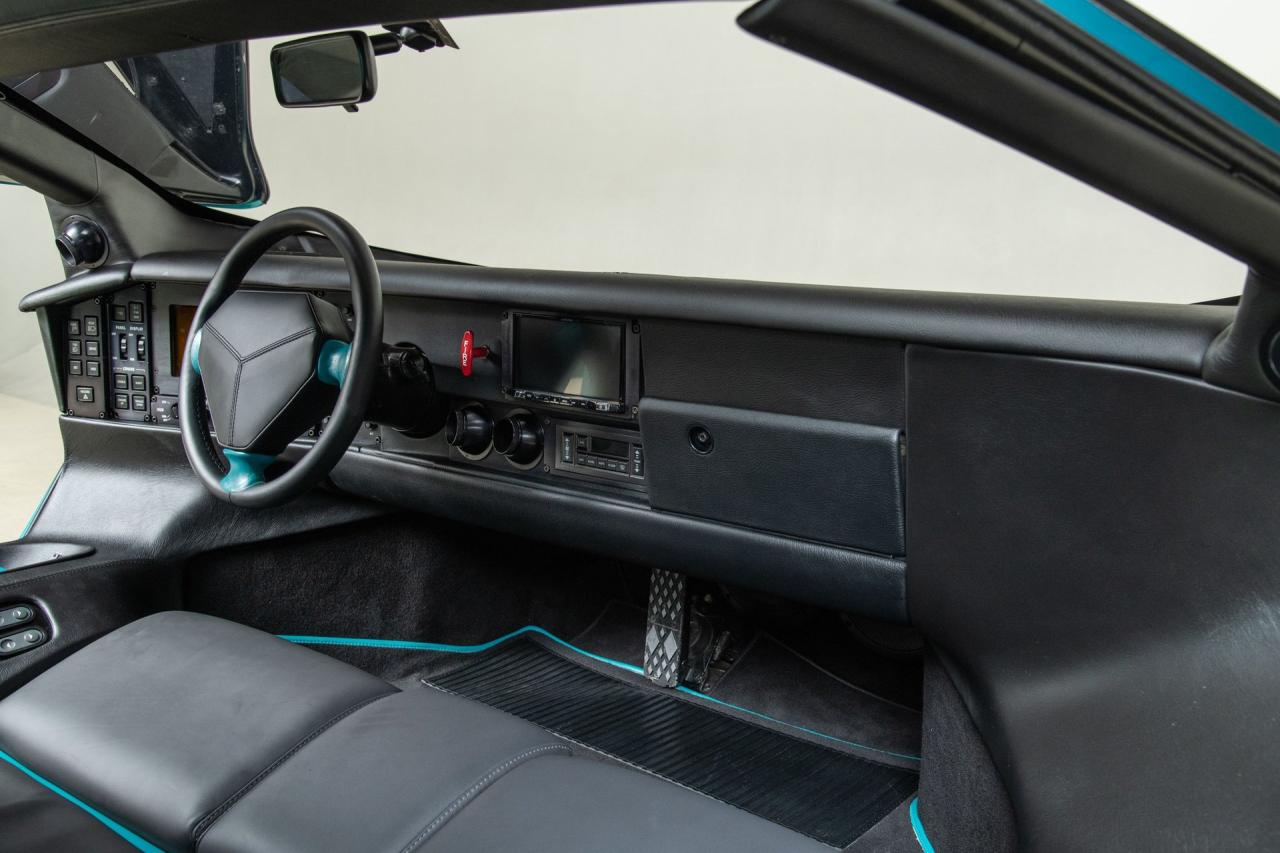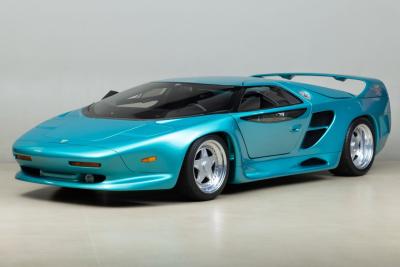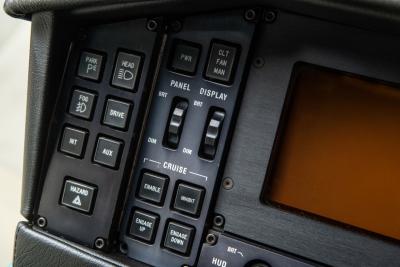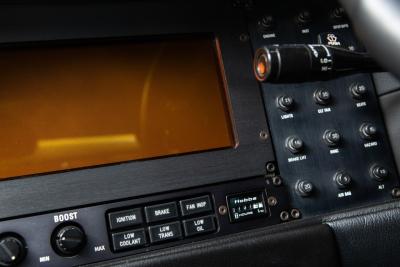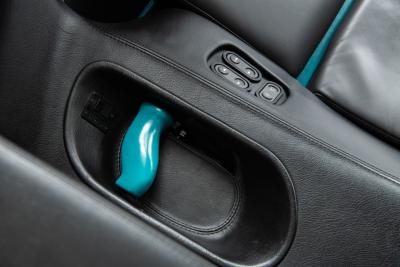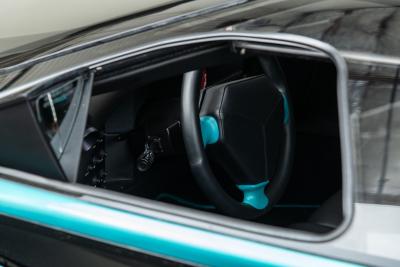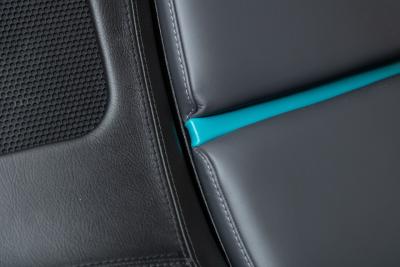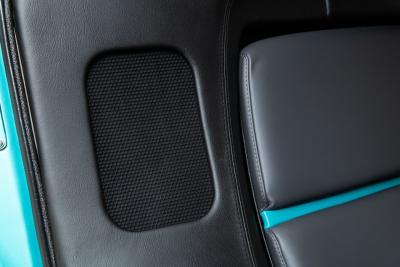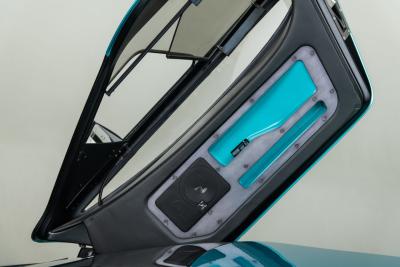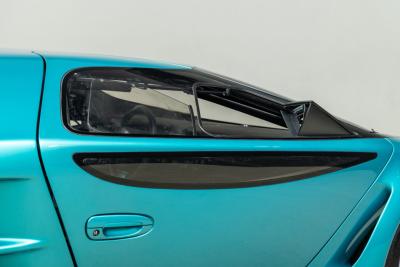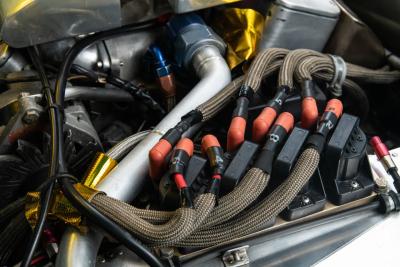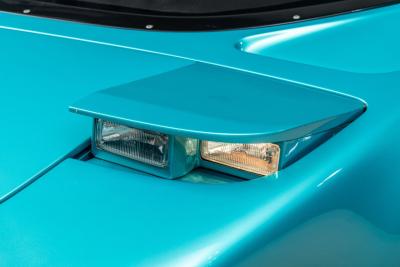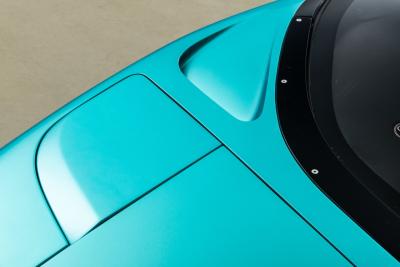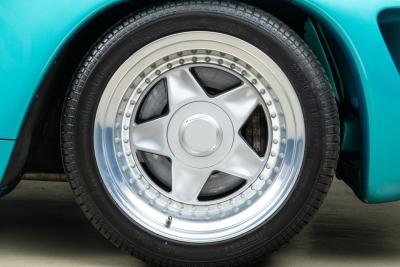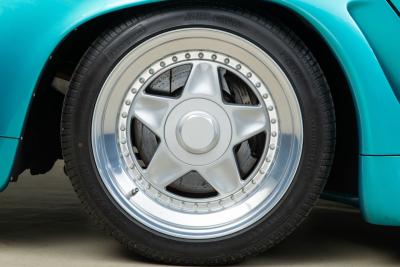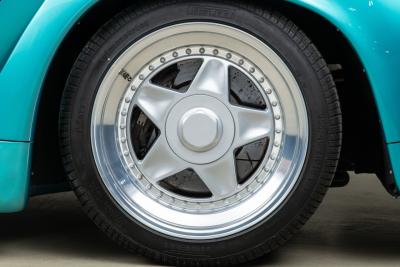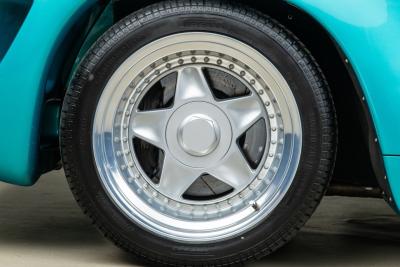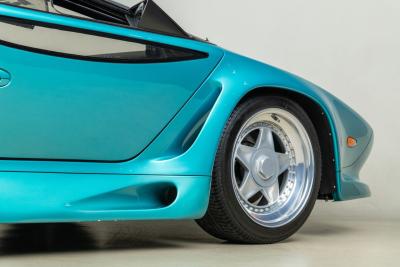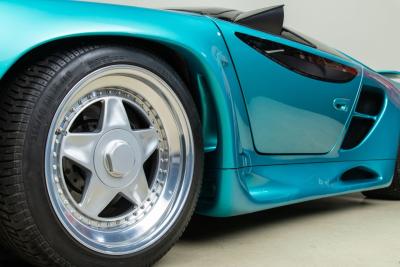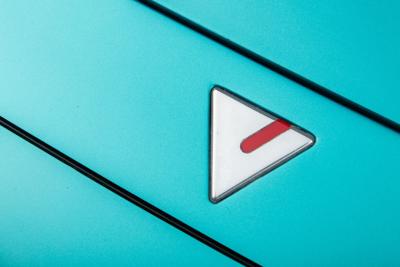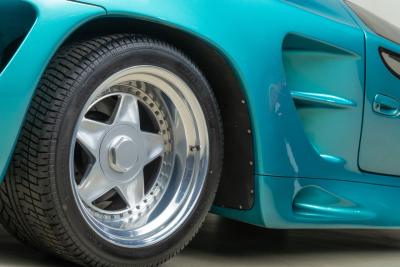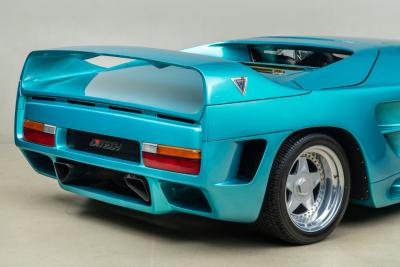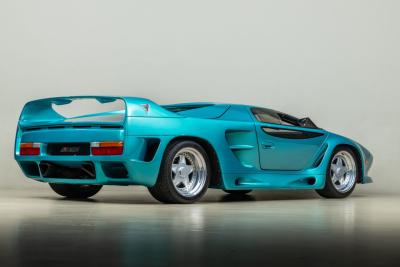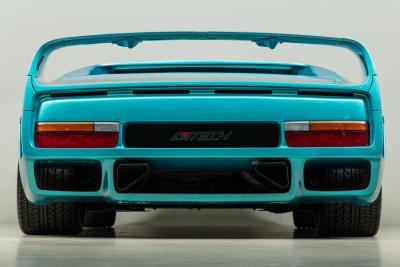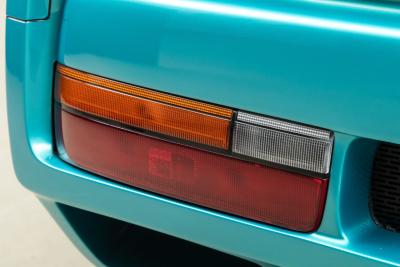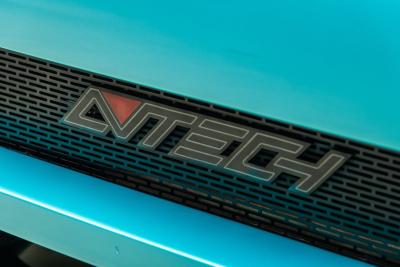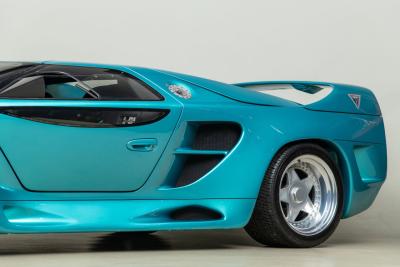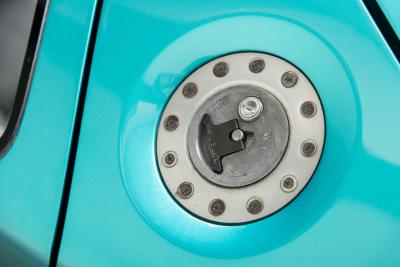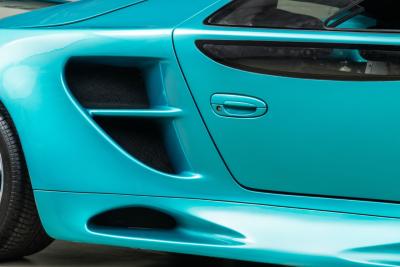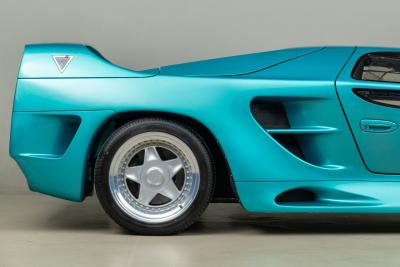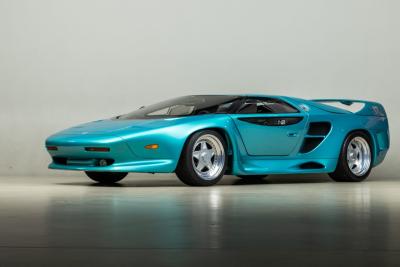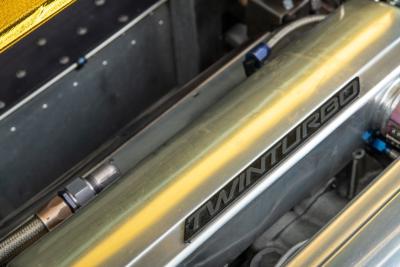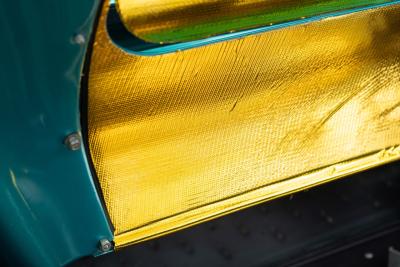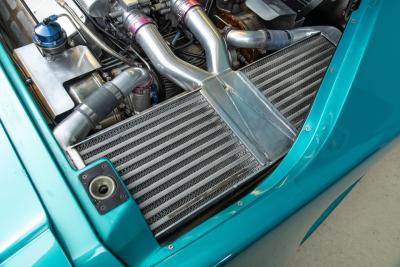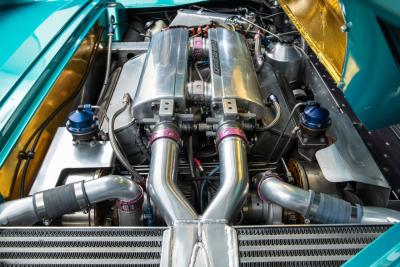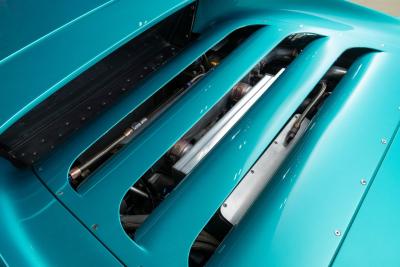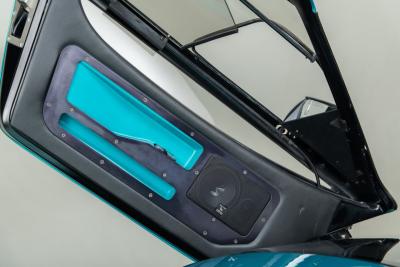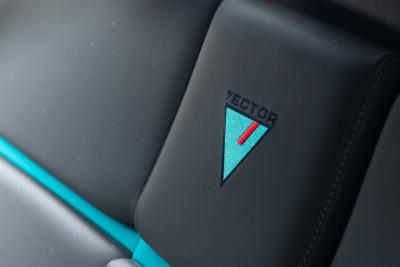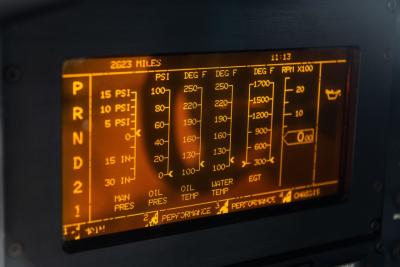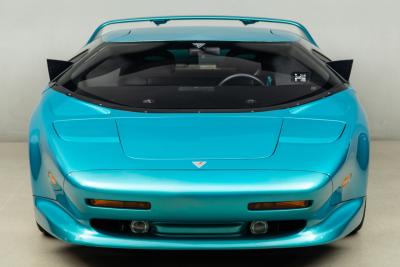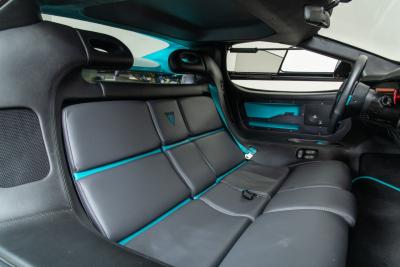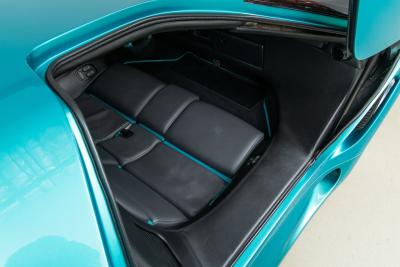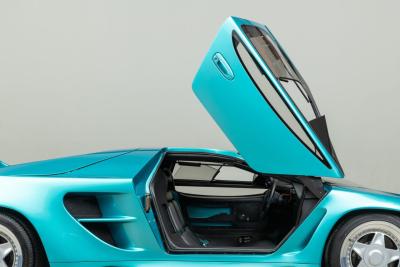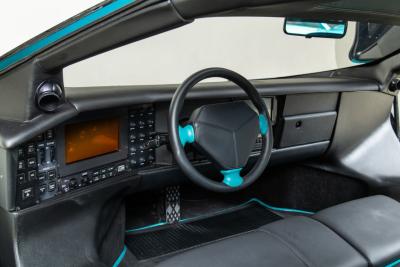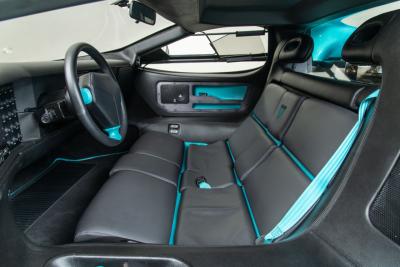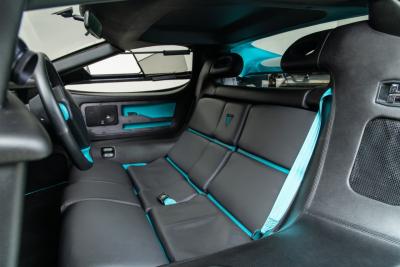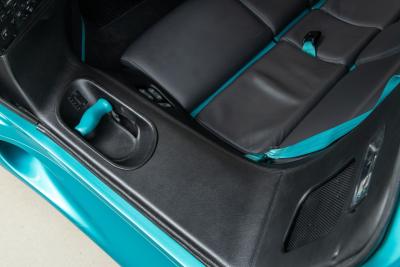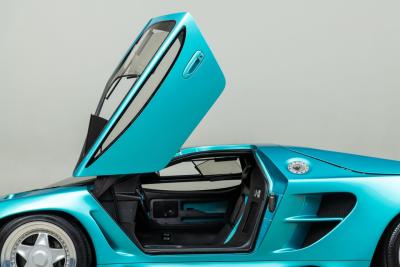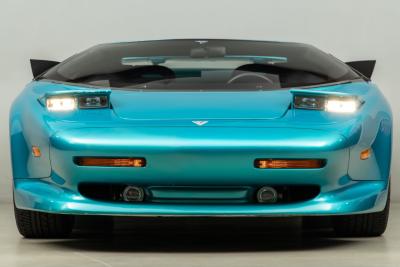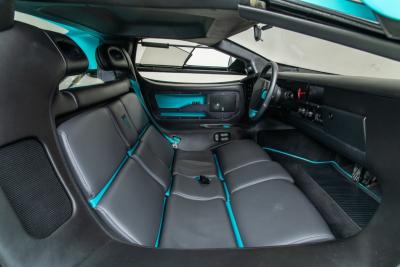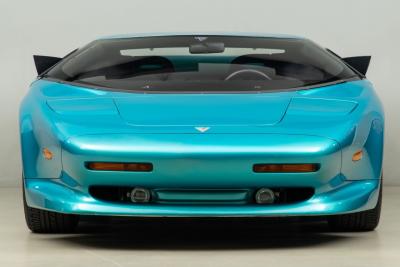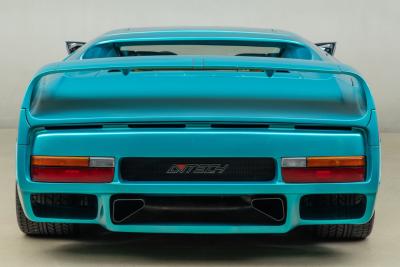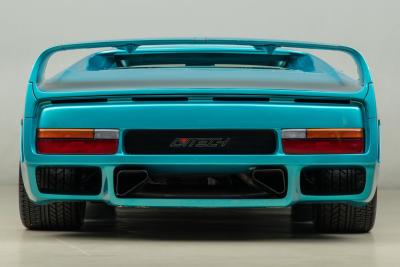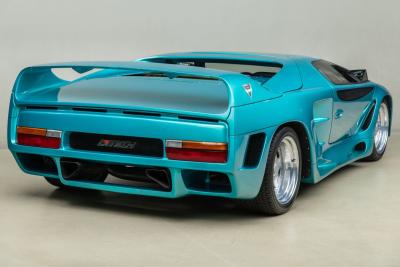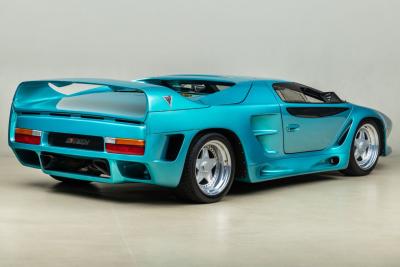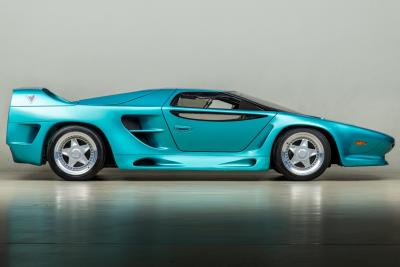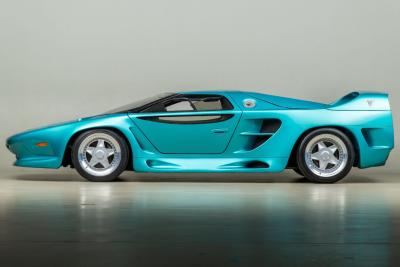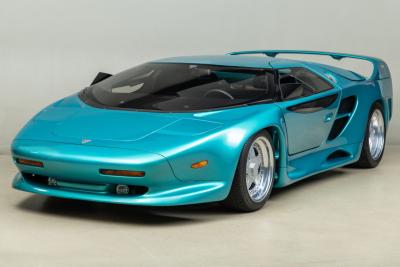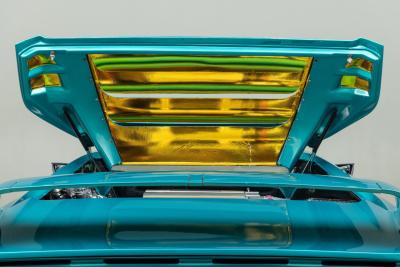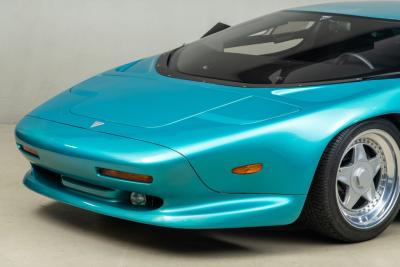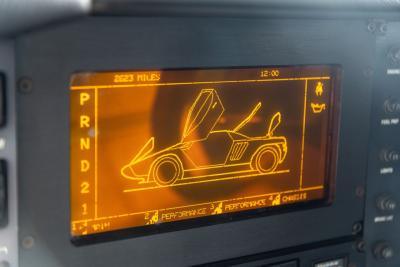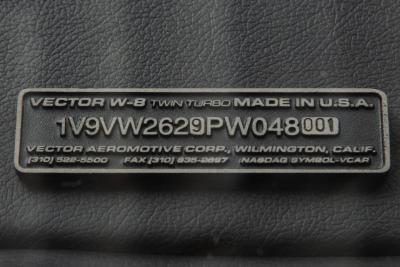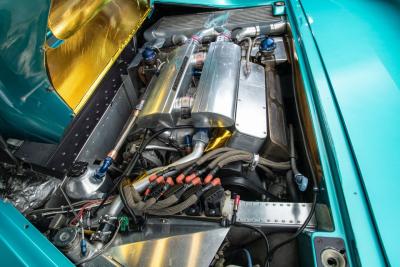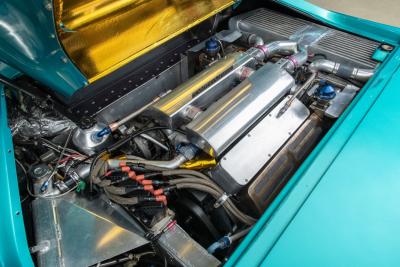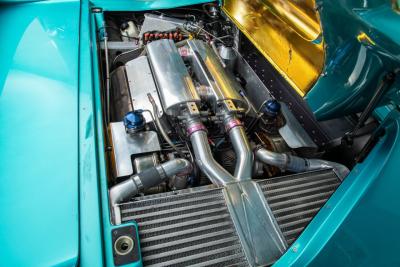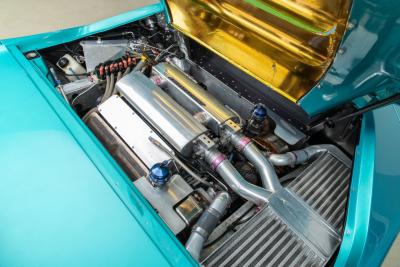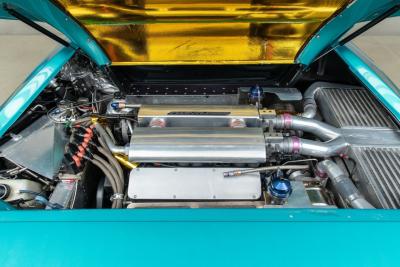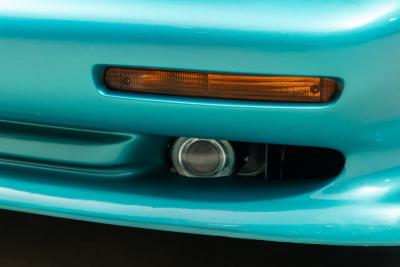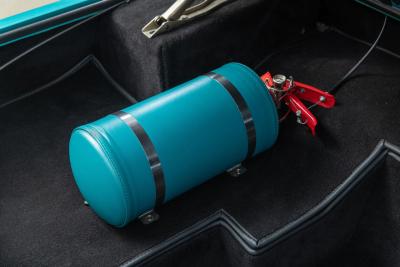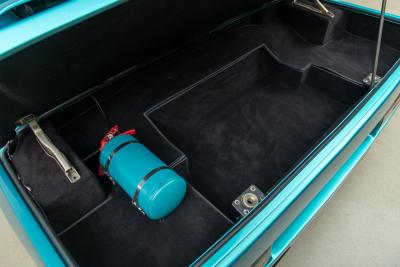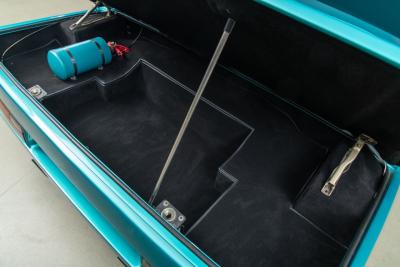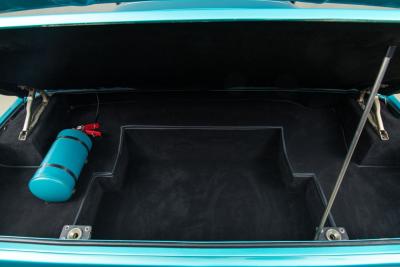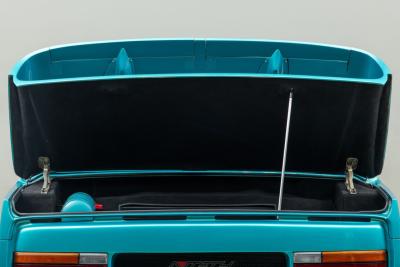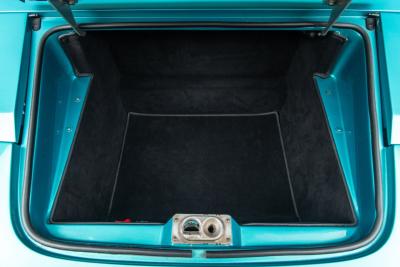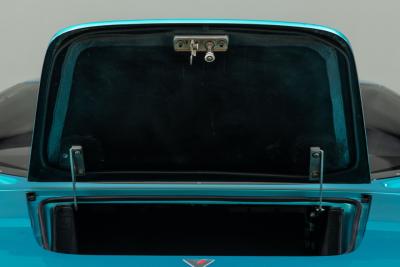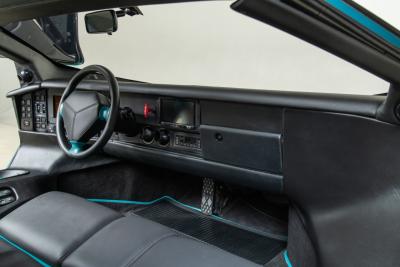Click here to view high resolution photos 1993 Vector Avtech WX-3 Prototype VIN: 1V9VW2620PW048001 “1 of 1” WX-3 Coupe Prototype Displayed at the 1993 Geneva International Auto Salon alongside Vector WX-3R Featured heavily in Vector’s marketing campaigns and period automotive press 2,625 miles since new Owned by Vector founder Gerald “Jerry” Wiegert from new until 2019 Twin-turbo 7.0L all-aluminum V8 engine - 1,000+ horsepower Recent major mechanical freshening of $300,000 Aquamarine metallic paint over grey and aquamarine leather interior The “Original American Supercar” In the 1990s there were several daring supercar manufacturers who tried to beat Lamborghini, Ferrari, and Porsche at their own sports car game. While most of these companies fizzled out or took a traditional approach to building cars, one company sought to upend the supercar market by using exotic space-grade materials, new techniques, exceptional quality standards, and advanced production methods: Vector Aeromotive. Spearheaded by founder Gerald “Jerry” Wiegart, a special blend of West Coast style, European influence, and Detroit production paired with aerospace technologies birthed some of the wildest handbuilt supercars the world had ever seen. Vector produced nearly two dozen W8 supercars, attracting high-profile buyers like tennis legend Andre Agassi. Hand-built with meticulous craftsmanship in the European tradition, the W8 featured a 625-horsepower V-8 engine capable of launching the car to 60 mph in just over four seconds—a remarkable feat for its time. With a 12-second quarter-mile, it outperformed rivals such as the Ferrari Testarossa, Lamborghini Countach, and Jaguar XJ220. Riding on the success of the W8, Vector began work on its next project in 1991. By 1992, the company unveiled the Avtech WX-3 Coupe Prototype at the Geneva International Auto Salon, complete as a highly detailed display model, highlighting the brand's advancements in technology and design. This silver-clad display model showcased an evolution of the W8’s fighter jet-inspired design, adopting a smoother, more organic aesthetic while retaining a strong emphasis on aerospace technology. Drawing heavily from the W8, the WX-3 incorporated cutting-edge materials like carbon fiber, aluminum honeycomb, and Kevlar, alongside a fully integrated roll cage within its angular frame. Its design featured streamlined bumpers characteristic of early 1990s aesthetics. The car garnered praise from John Dinkel, former editor of Road & Track, for its unparalleled design and Vector’s dedication to cutting-edge technology. The interior reflected aerospace influences, with an upgraded layout compared to the W8. It included billet-machined switches and conventionally arranged controls, though the seating arrangement was unconventional—a three-place bench design. Innovative elements, such as lightweight sliding side windows and integrated A-pillar mirrors, further distinguished the prototype. In 1993, Vector returned to Geneva with a completed version of the WX-3 Coupe, now finished in striking Aquamarine, alongside a surprise debut of the WX-3R Roadster in vibrant Amethyst purple. Both models featured scissor doors and Rodeck twin-turbo V-8 engines mounted behind the passenger cabin, exemplifying founder Gerald Wiegert’s dedication to extraordinary design and performance. Vector envisioned a range of high-performance engines for the WX-3, offering outputs from 600 to 1,200 horsepower. Powering the WX-3 and WX-3R was a unique and upgraded 7.0-liter all-aluminum Rodeck twin-turbocharged V-8 engine with an estimated 1,000+ horsepower, paired with a heavily modified General Motors Turbo-Hydramatic 425 transmission. Company founder Jerry Wiegert boasted that the WX-3 could accelerate from 0 to 60 mph in 3.3 seconds and achieve a top speed of 248 mph, cementing its place among the fastest vehicles of its era. Vector’s Director of Manufacturing, Markus Rufer, and Chief Engineer Dave Kostka highlighted the WX-3’s exceptional build quality in several U.S. publications, describing it as “built like a spaceship” using “aerospace-grade materials” and adhering to rigorous aerospace industry standards. The WX-3 received widespread media acclaim, both during its teaser debut in 1992 and as a completed vehicle in 1993. Between 1992 and 1995, the car appeared in numerous publications, including Car Styling (July 1992), Performance Cars (September 1992), Car Stereo Review (October 1992), and the New York Times. It also featured in a segment of the Australian technology show Beyond 2000, an advertisement for Bridgestone tires, and an episode of the American crime drama Burke’s Law. Both Avtech WX-3 prototypes played significant roles in Vector’s advertising campaigns, with a late 1993 ad showing this prototype before and after its repaint—likely intended to suggest that the model was entering series production. Despite an ambitious $765,000 price tag announced at its 1993 Geneva debut, neither the WX-3 nor WX-3R advanced beyond the prototype stage. Vector soon faced a hostile takeover by the Indonesian government-backed Megatech. Following a legal battle, company founder Jerry Wiegert retained ownership of the WX-3 designs and prototypes. Megatech later introduced the Lamborghini Diablo-based M12, which borrowed heavily from the WX-3’s design cues but failed to find success in the market or on the racetrack. For over 25 years, Wiegert retained both prototypes, rarely using them. In 2019 both WX-3 and WX-3R prototypes made their way to a new caretaker after being auctioned by RM Sotheby's on behalf of Jerry Wiegart himself. Under the new owner’s care, the WX-3 Prototype underwent an extensive $300,000 restoration by Miller Motorcars of Greenwich, Connecticut. This work prioritized mechanical enhancements while also addressing any necessary cosmetic refinements, ensuring the Coupe was in peak mechanical condition. The 1993 Vector Avtech WX-3 represents a unique snapshot of American supercar design and development in the early 1990s, pioneered by Jerry Wiegart’s visionary approach from his California operation. Being the singular example of Vector’s WX-3 Coupe, this prototype will add significant cache to a discerning collector looking to bring some American supercar DNA to their collection, as well as turning heads no matter where it goes.
- Fuel
- Body Types
- Transmission
- Exterior ColourTeal
- Number of doors
- Interior ColourBlack
- VIN Code1V9VW2629PW048001





















































































